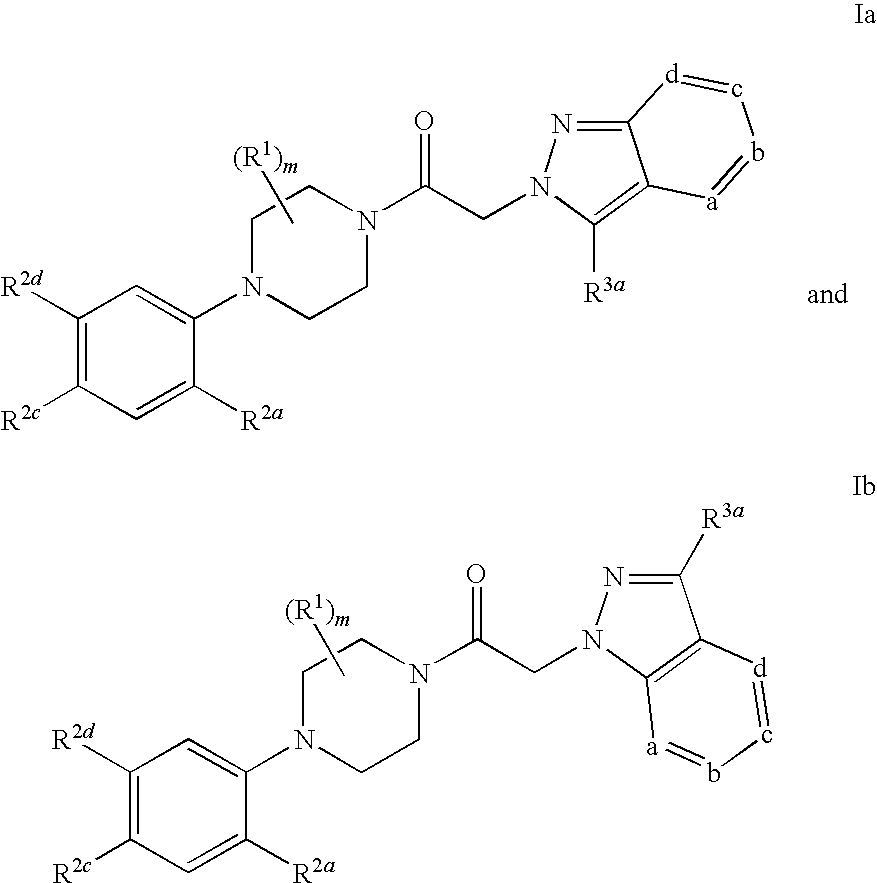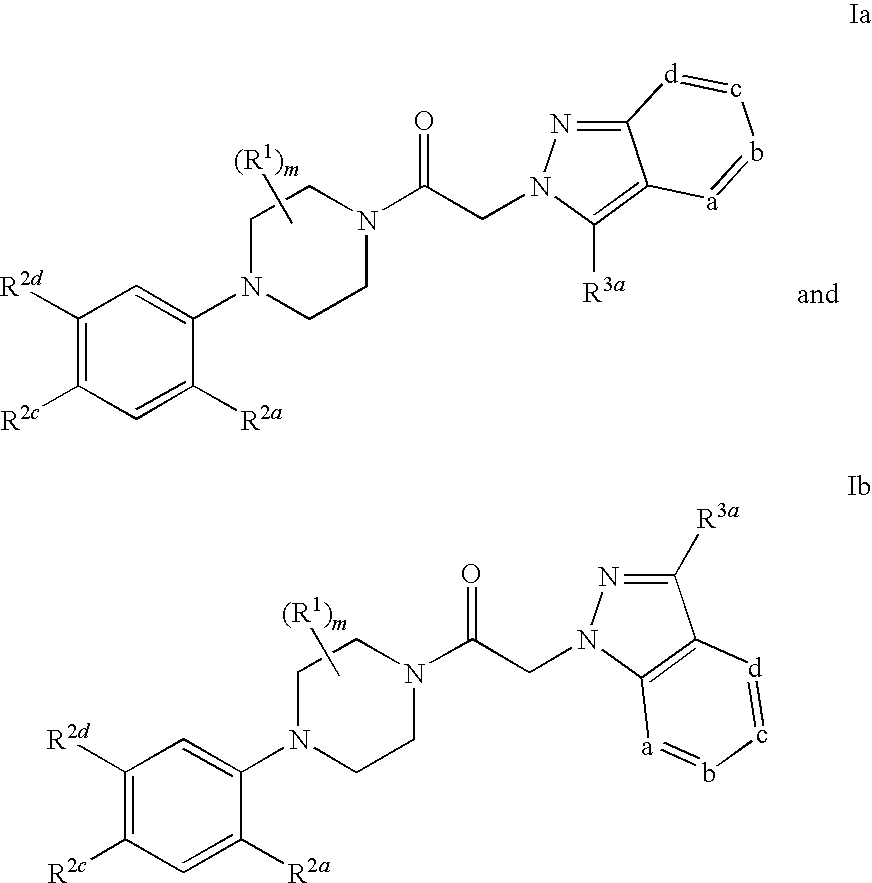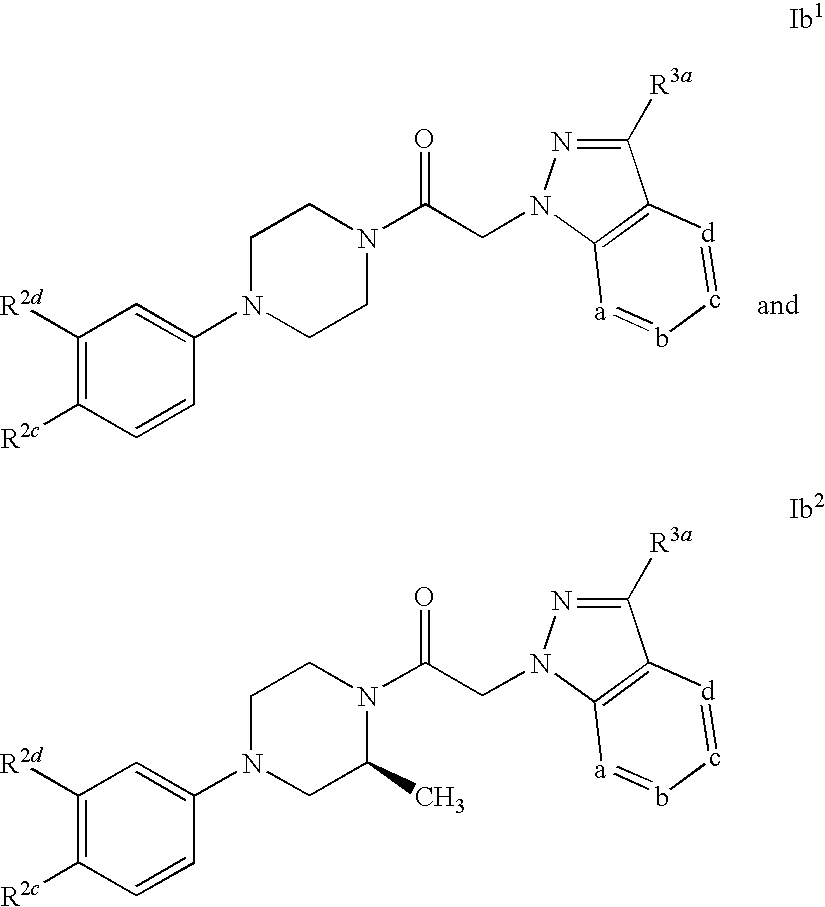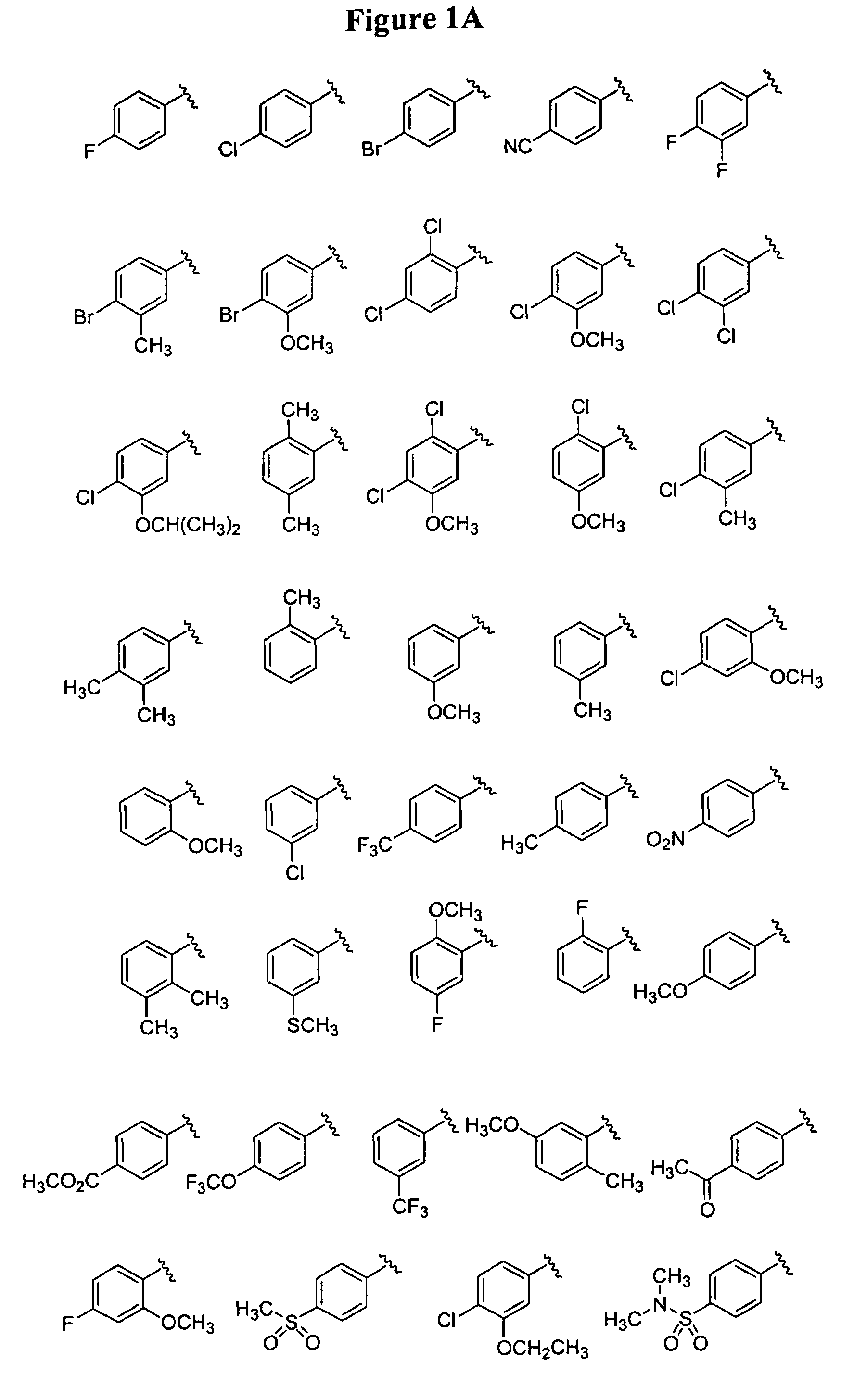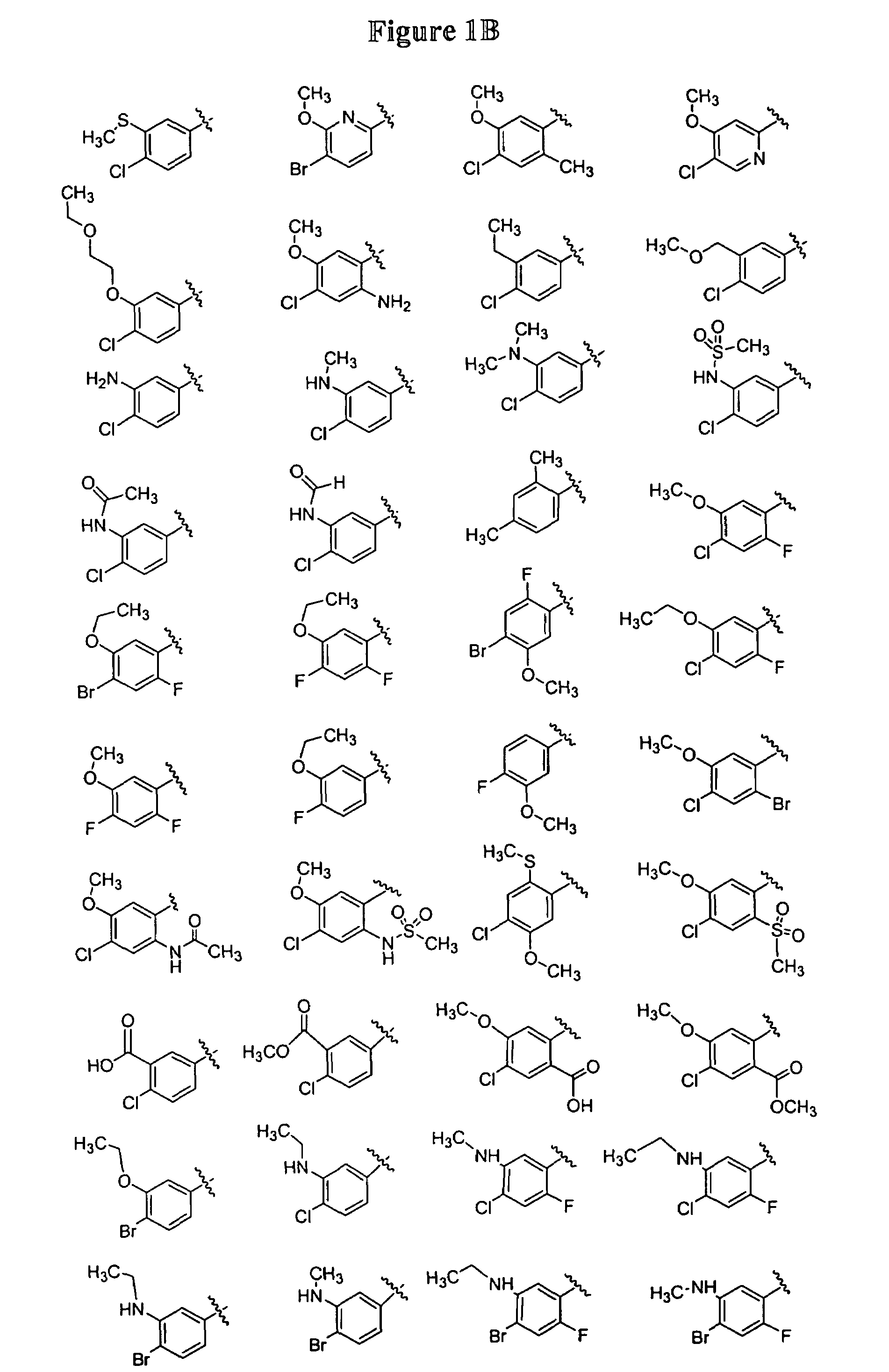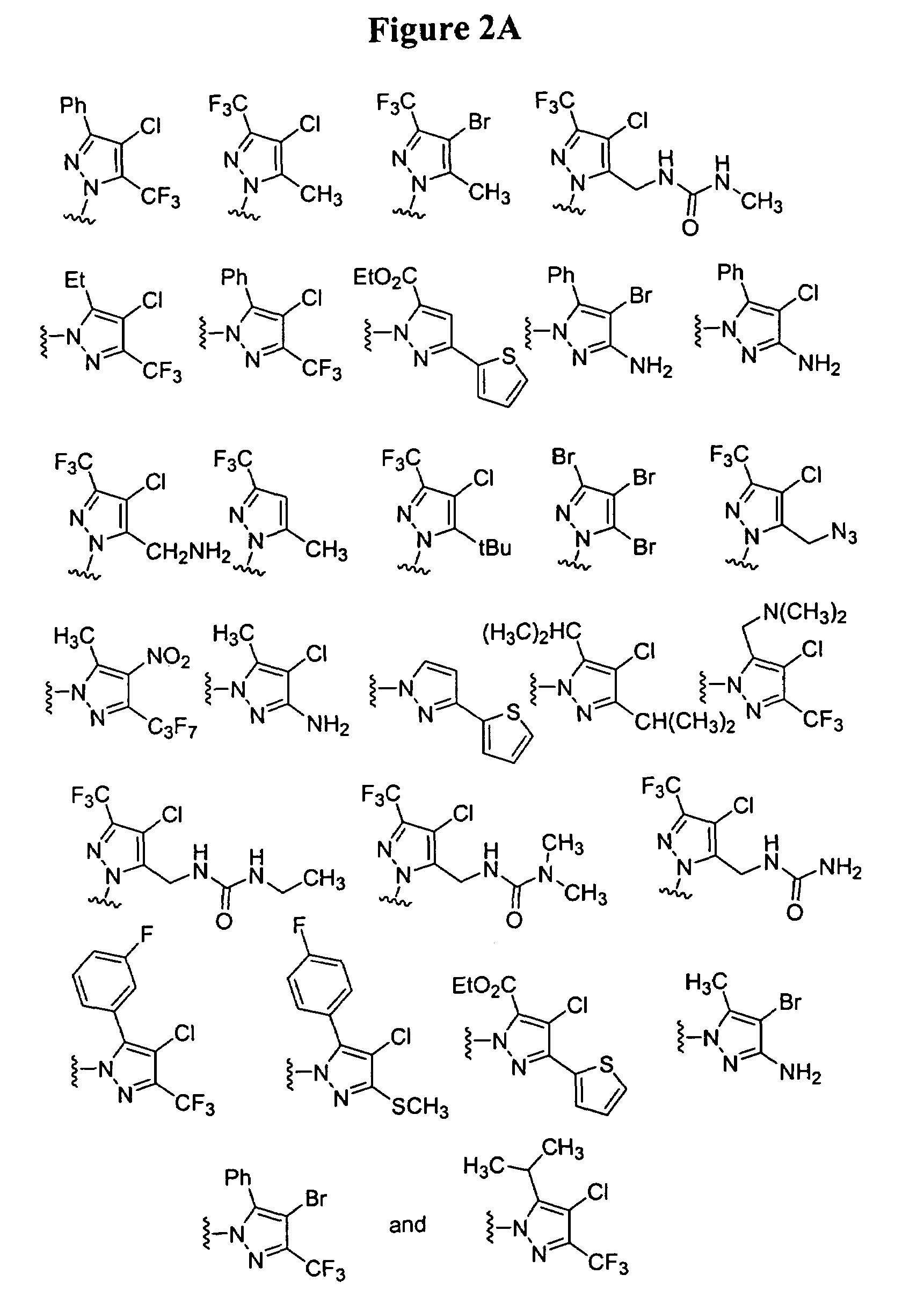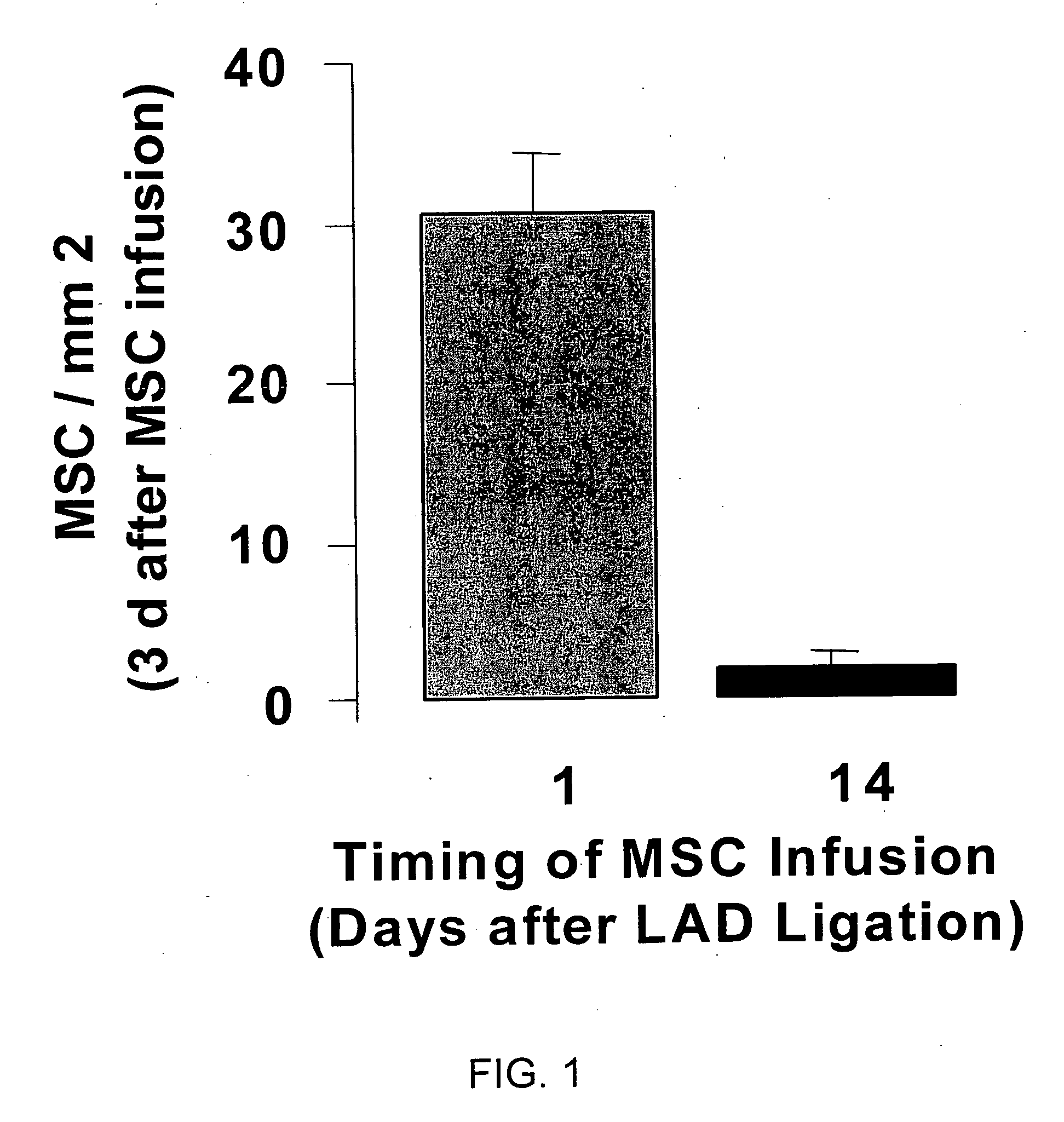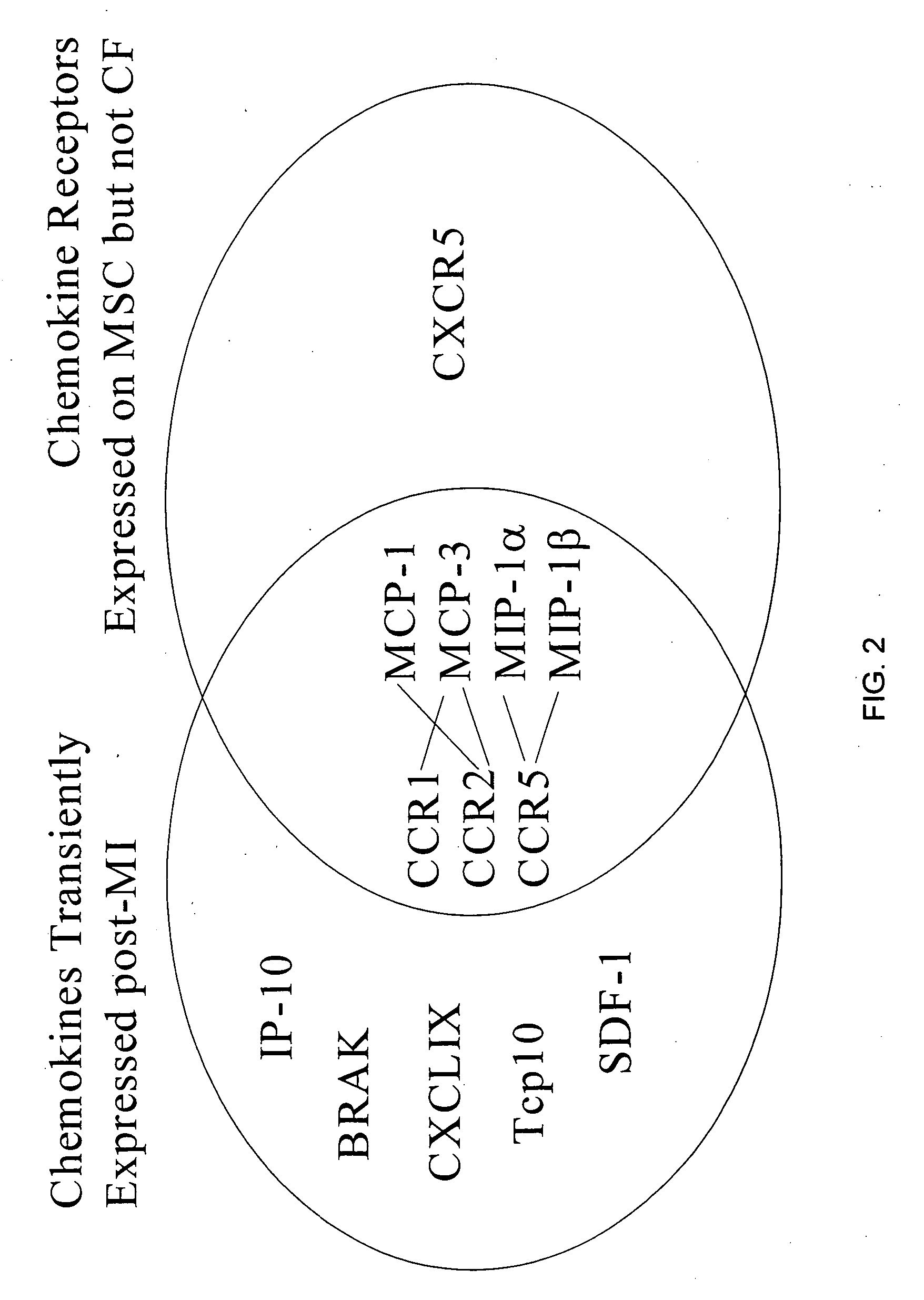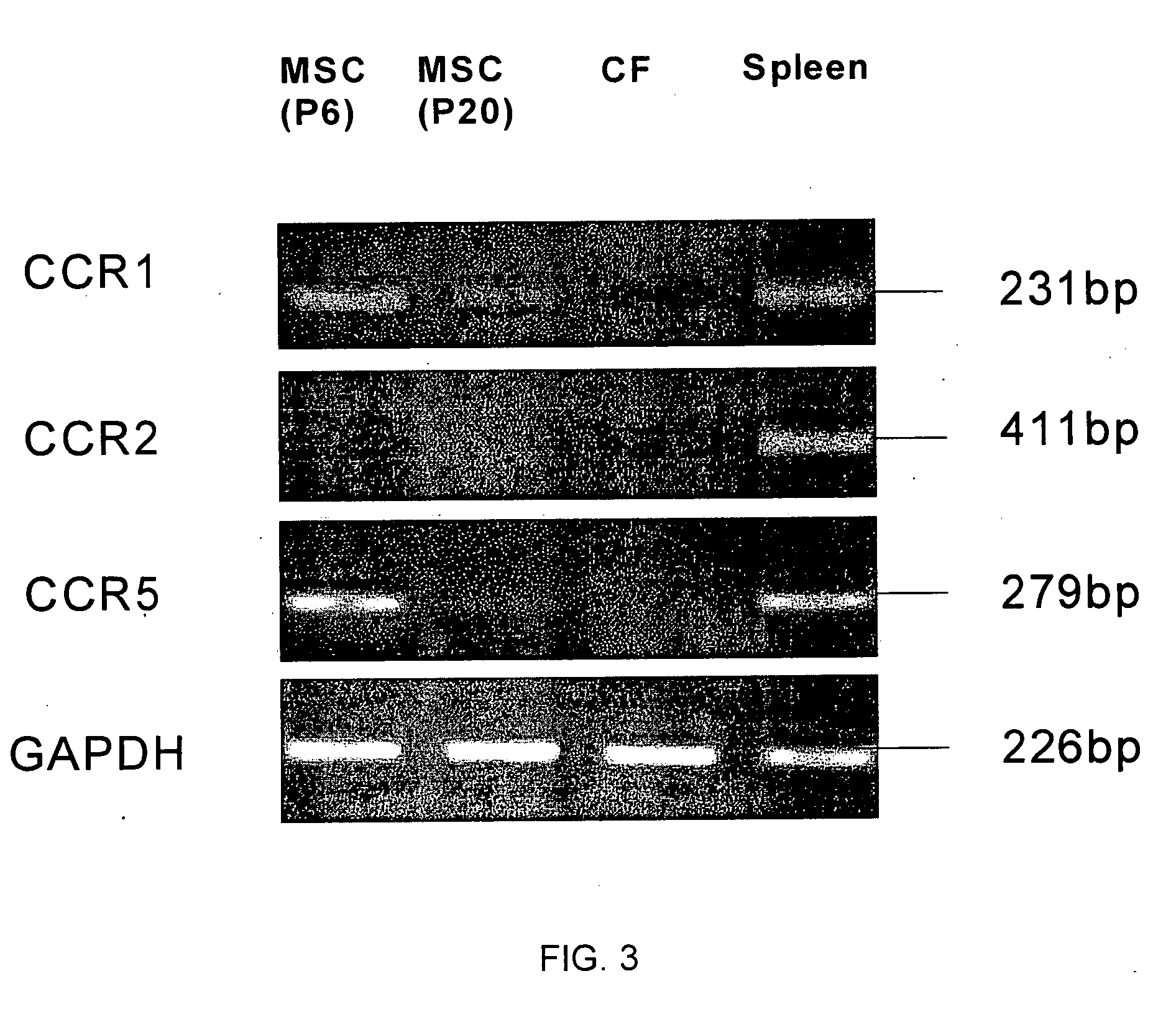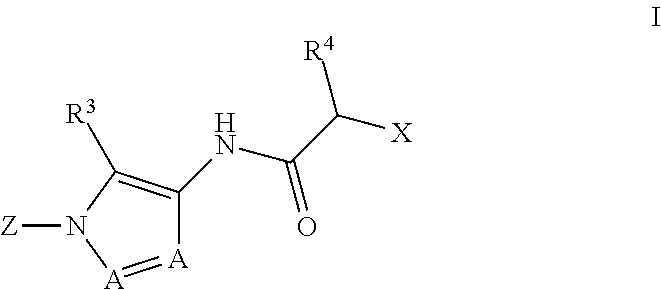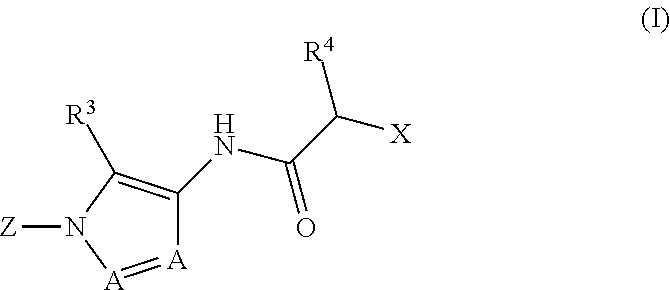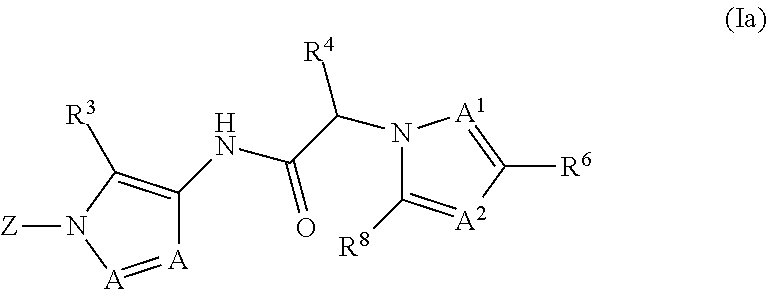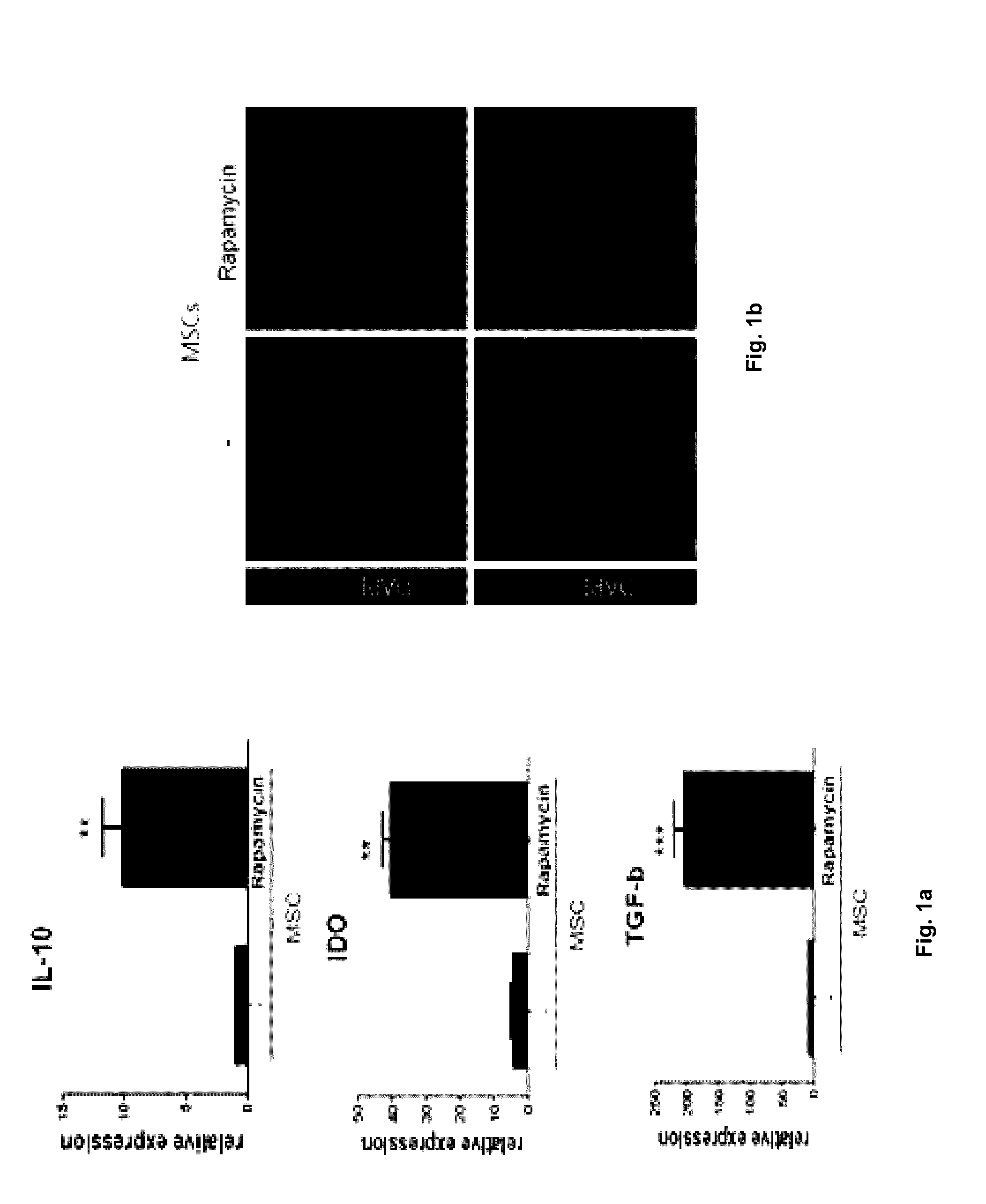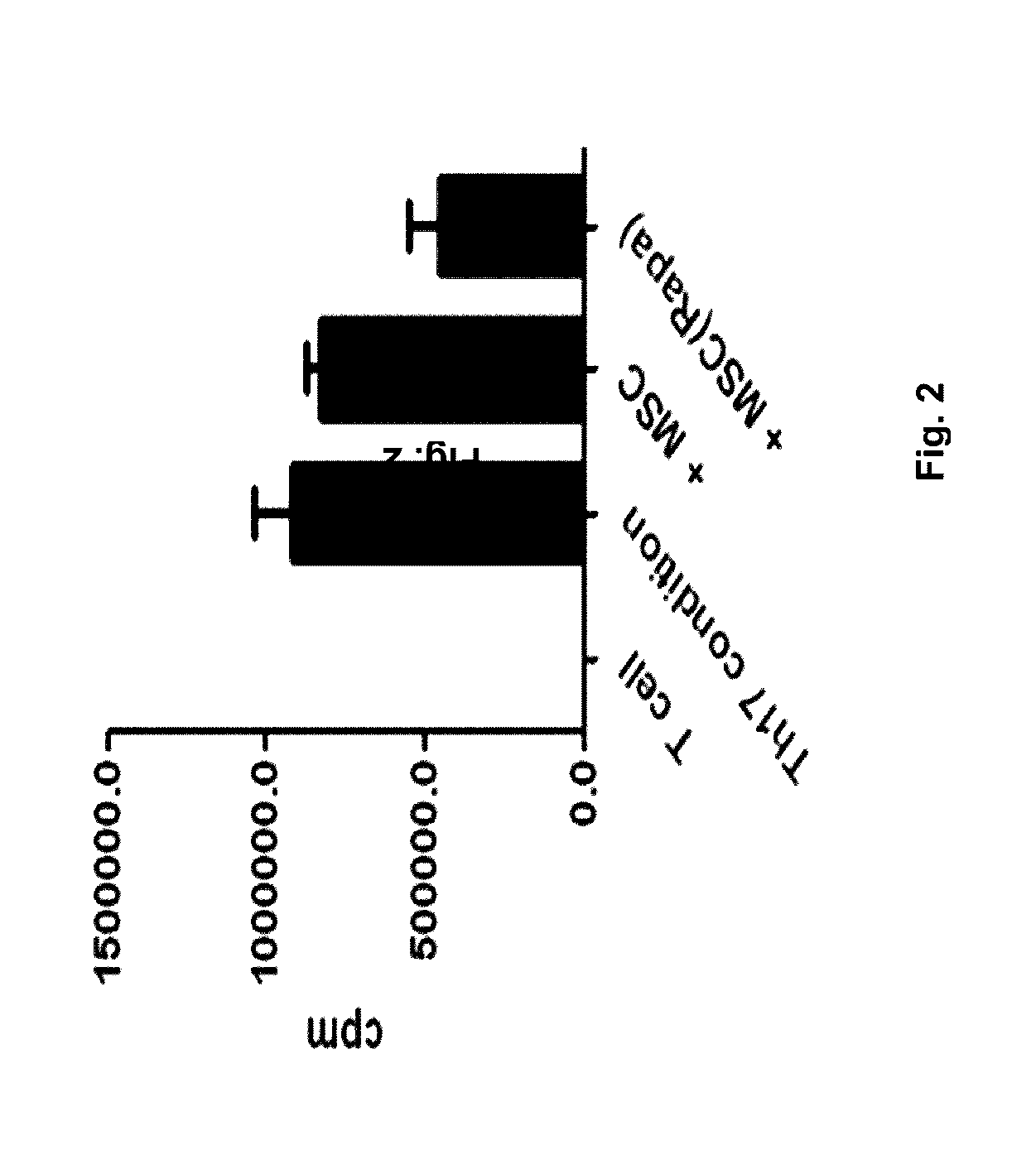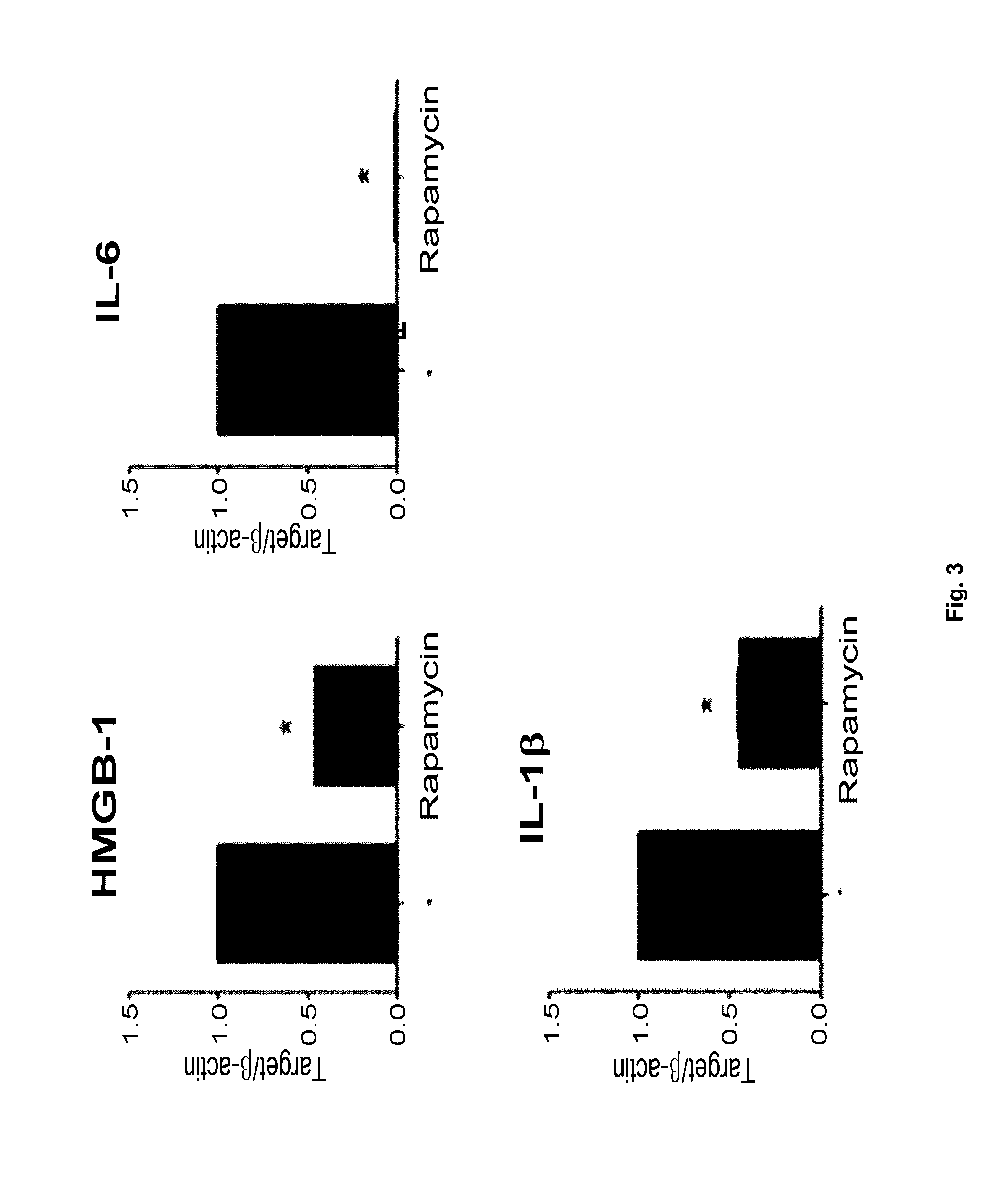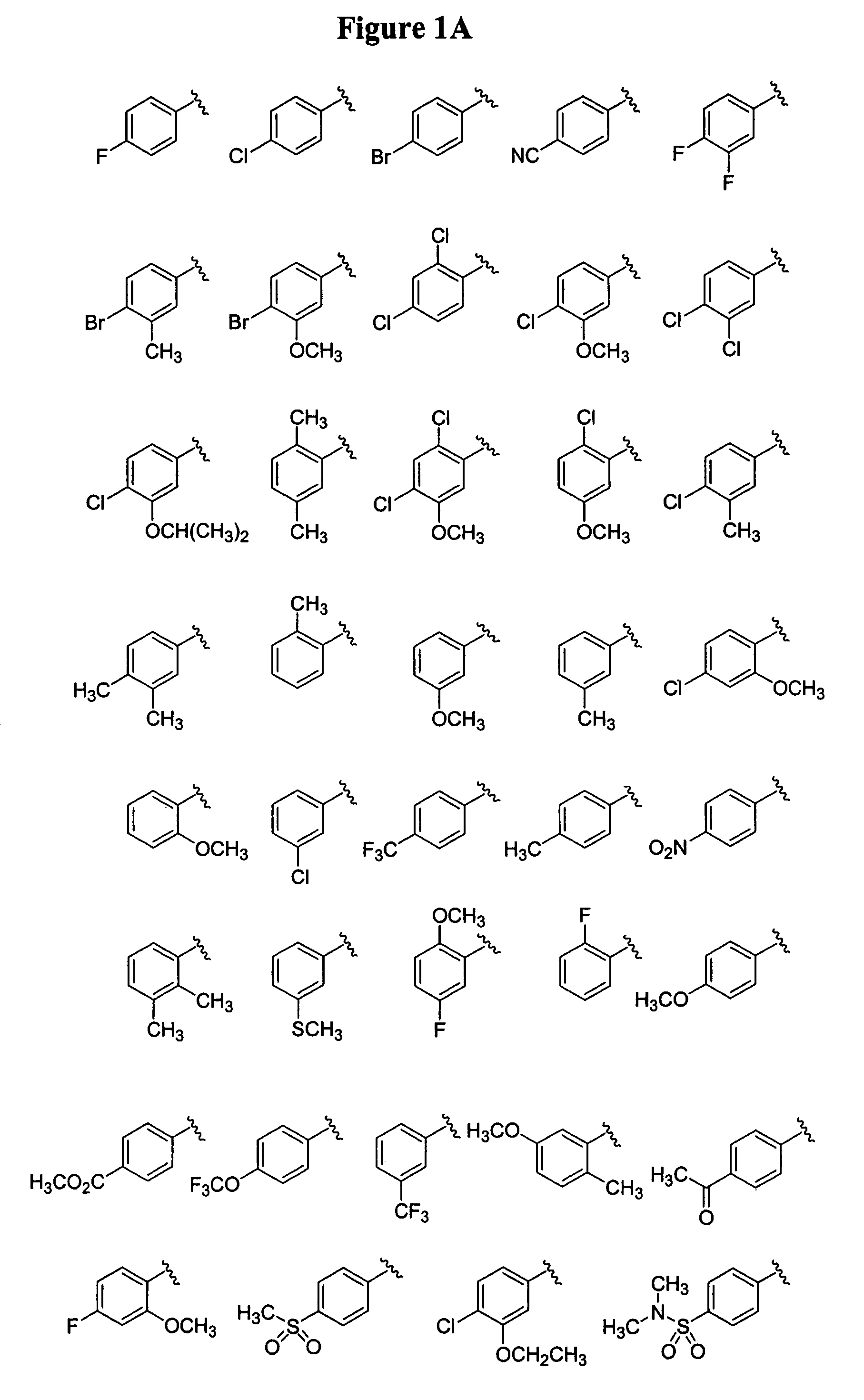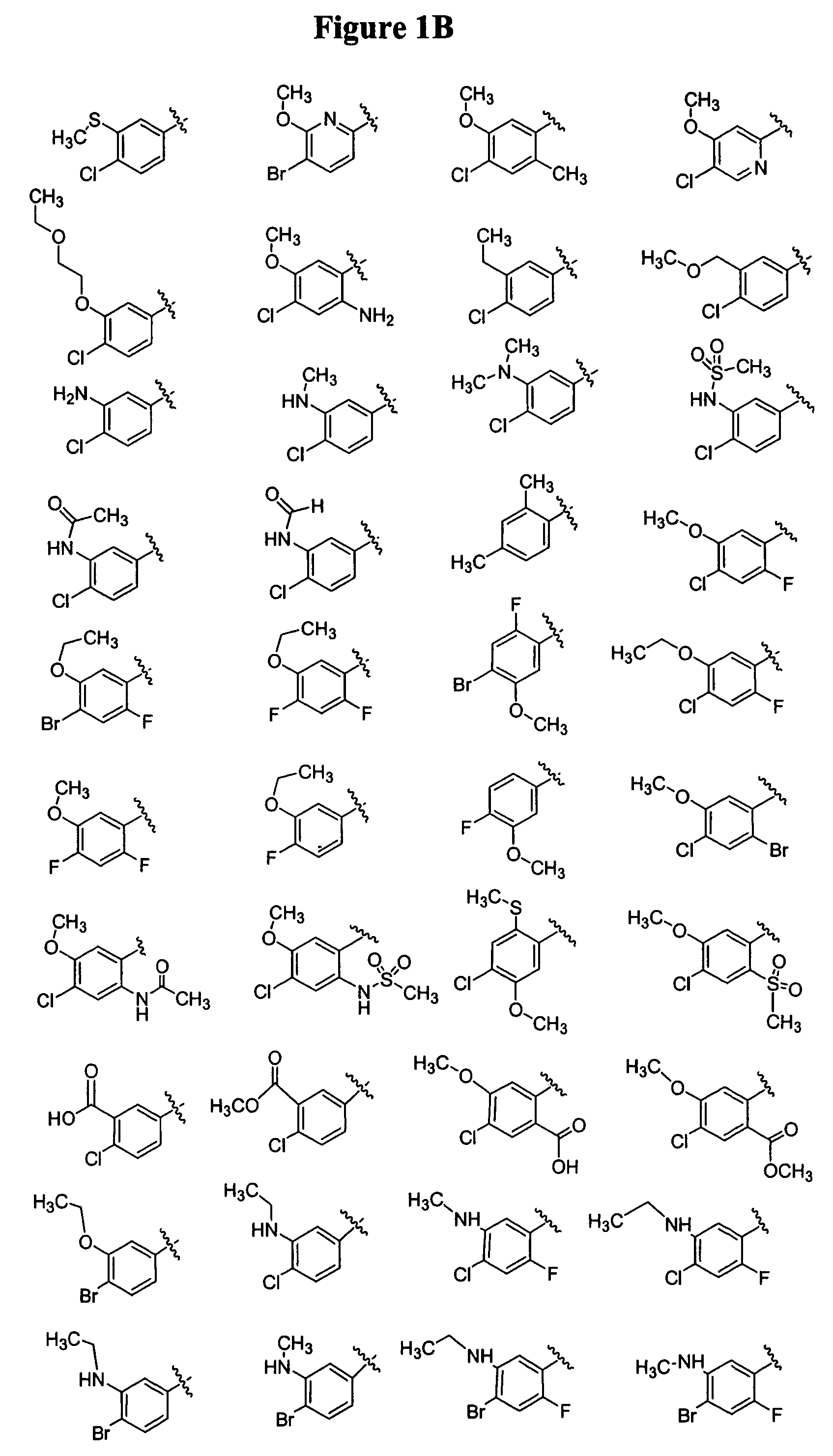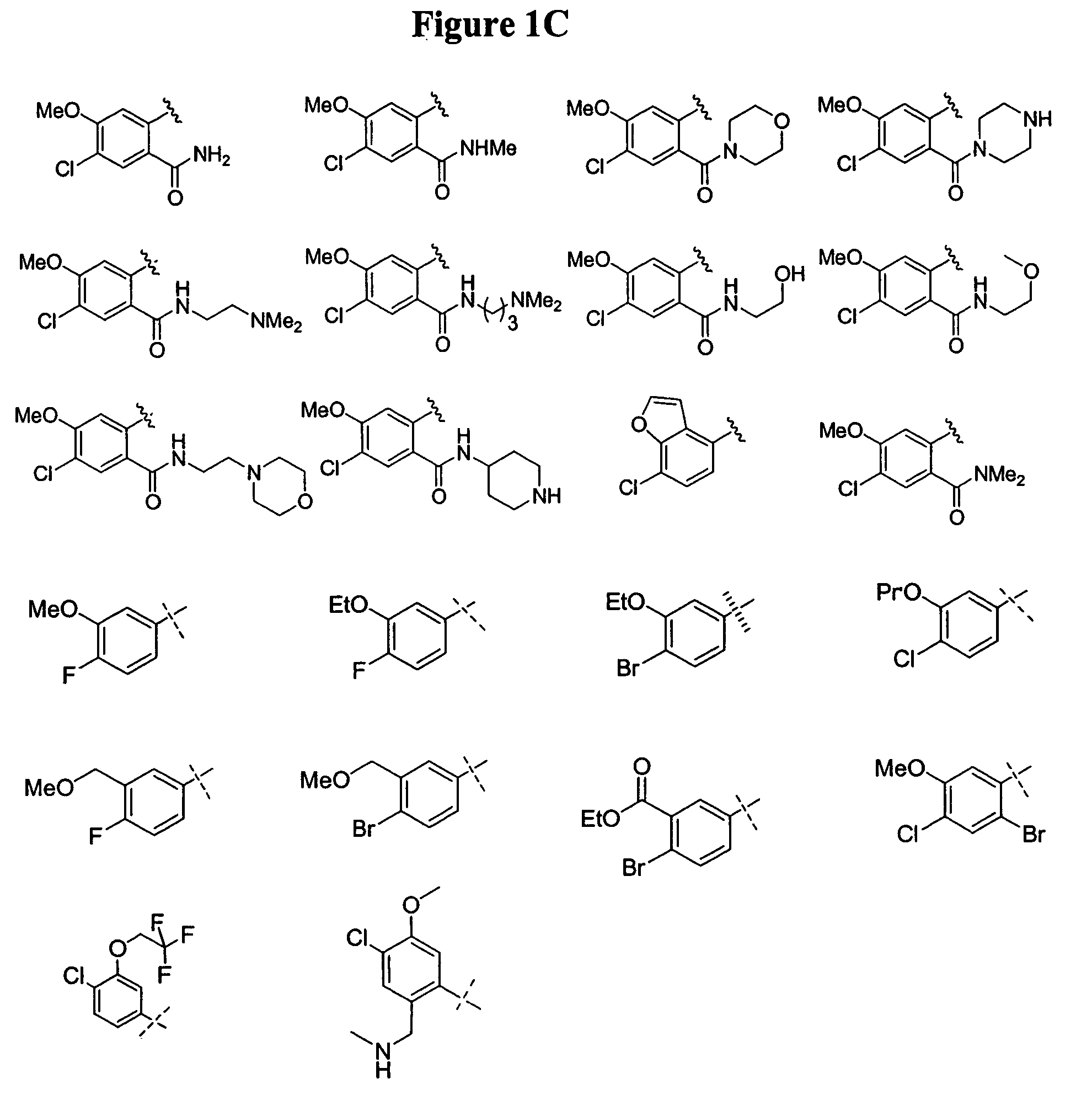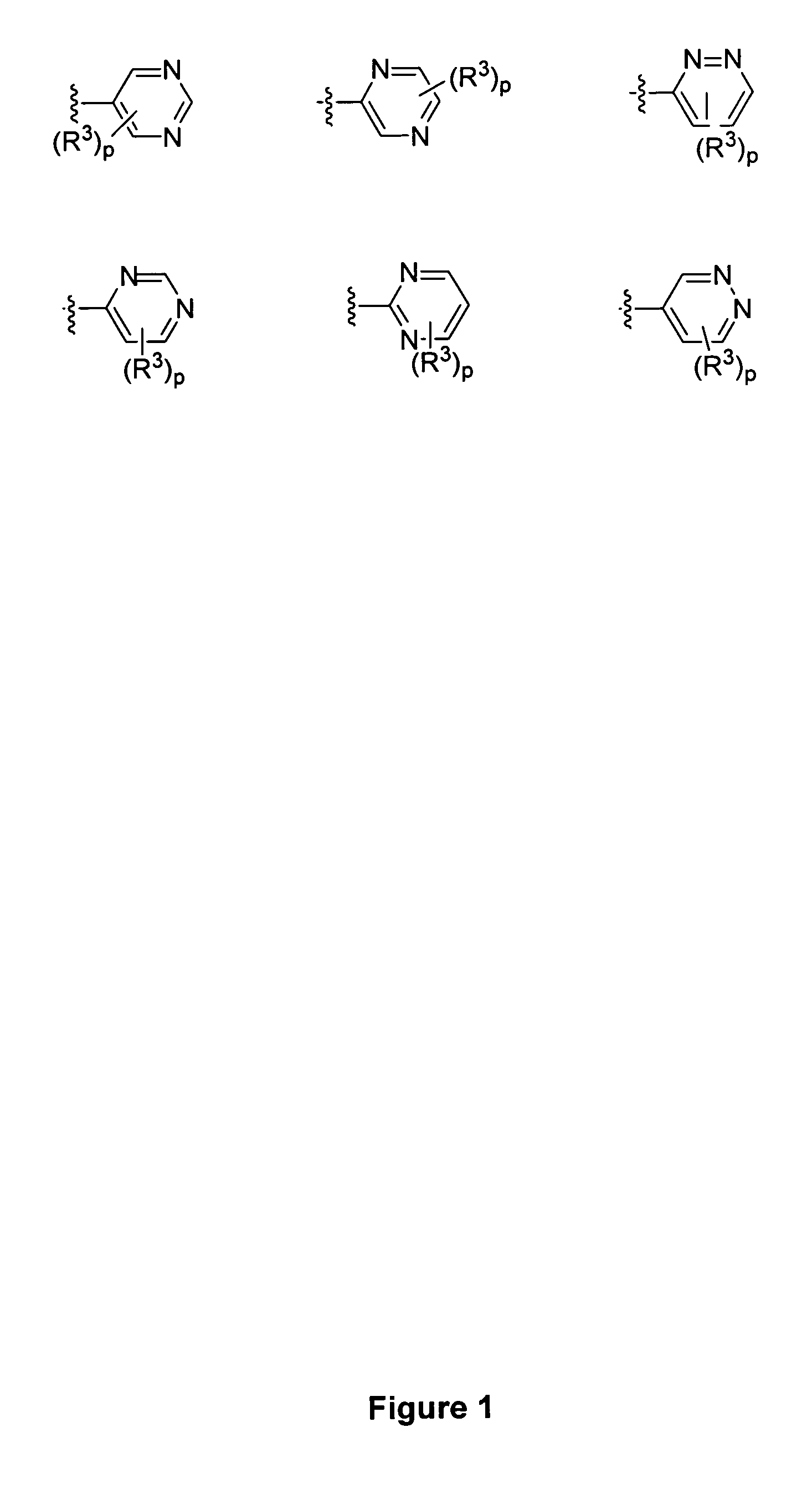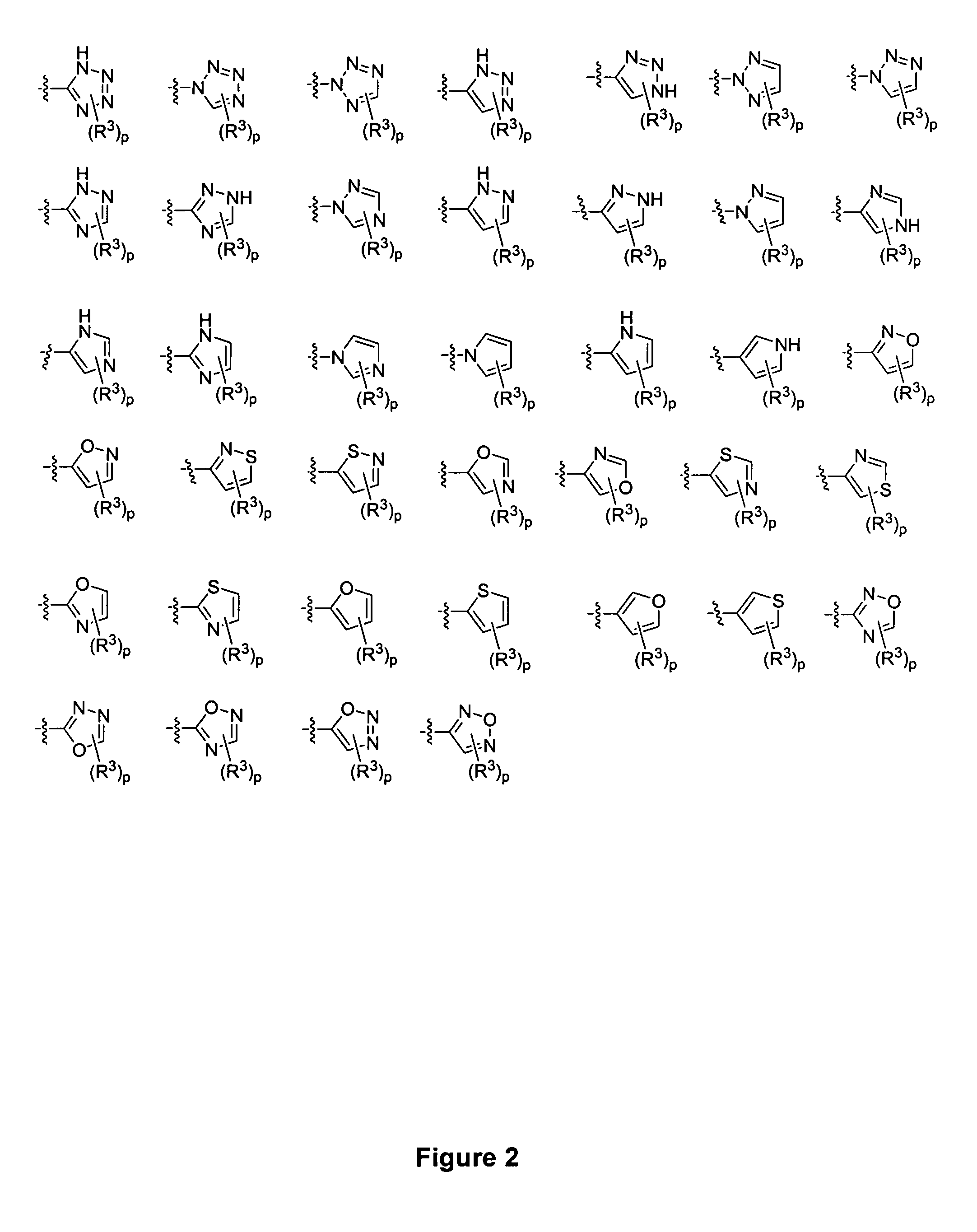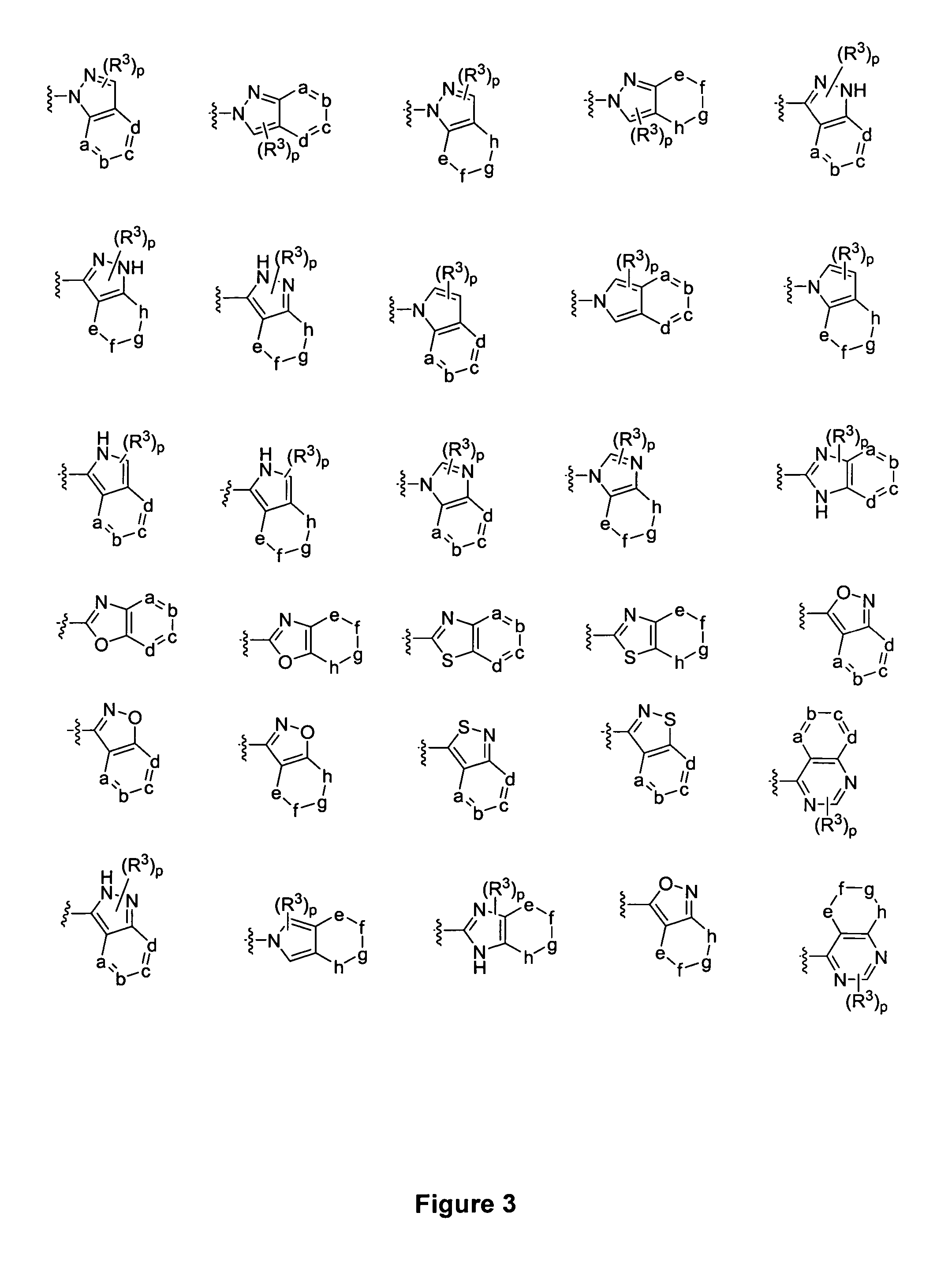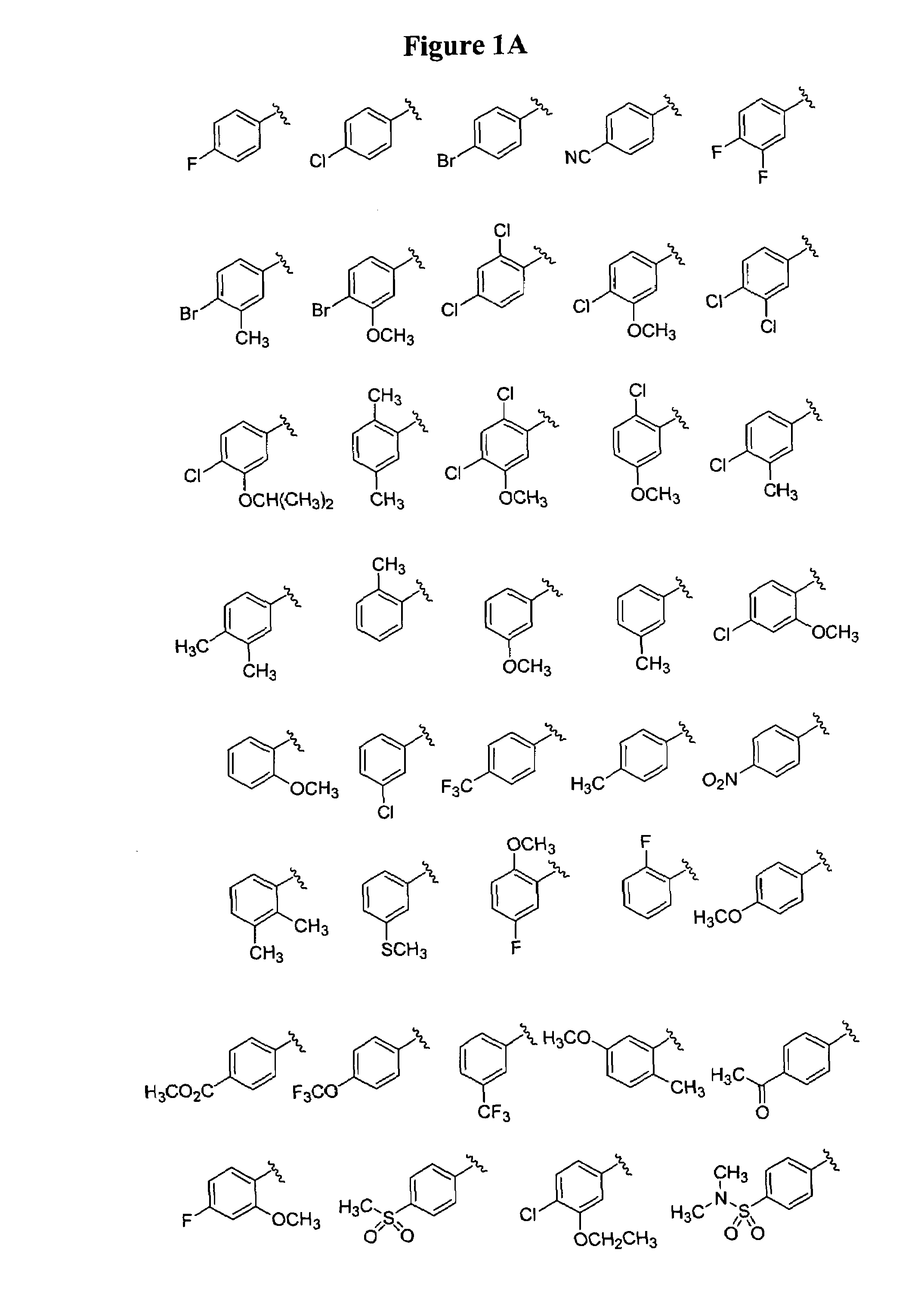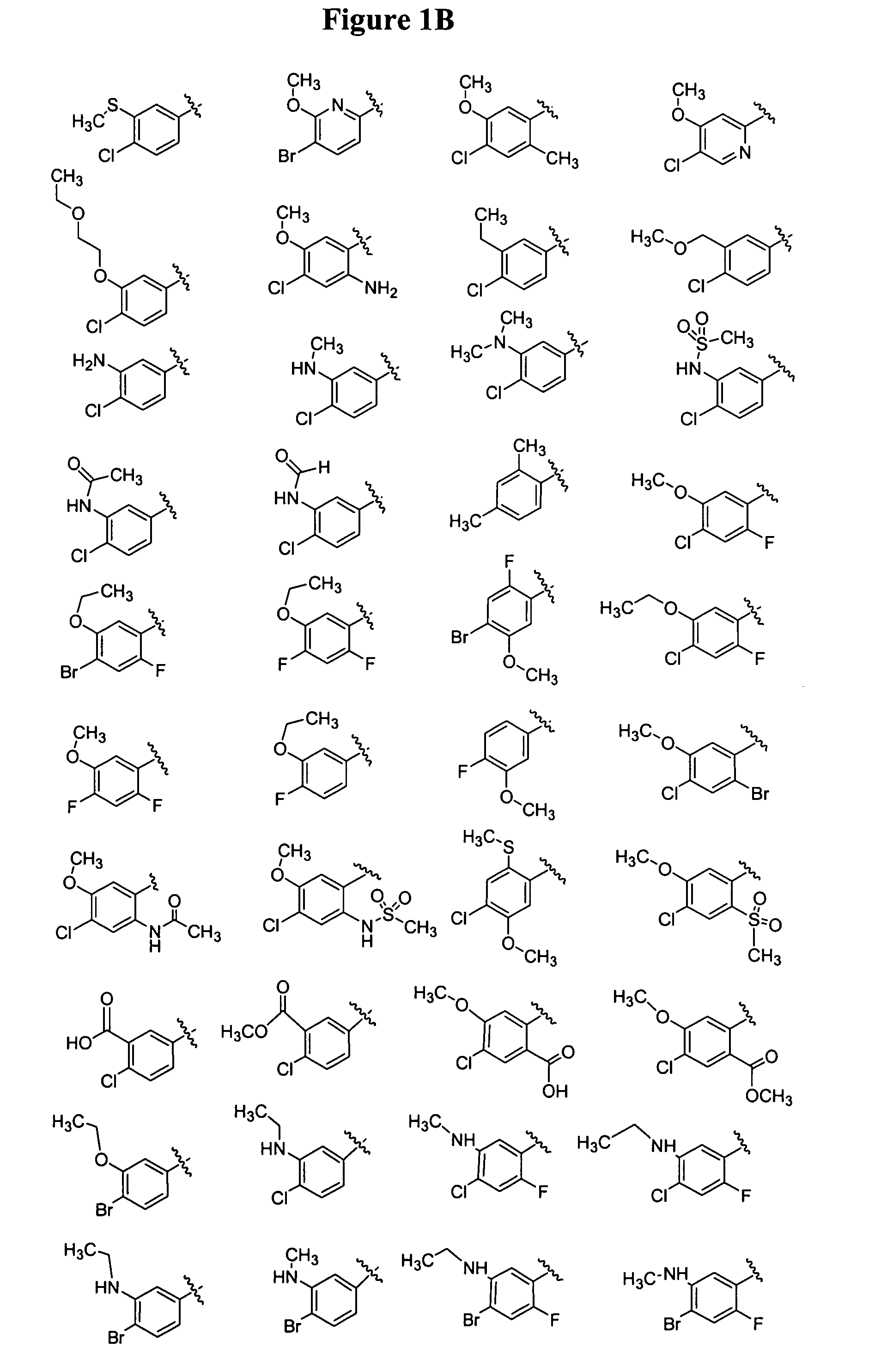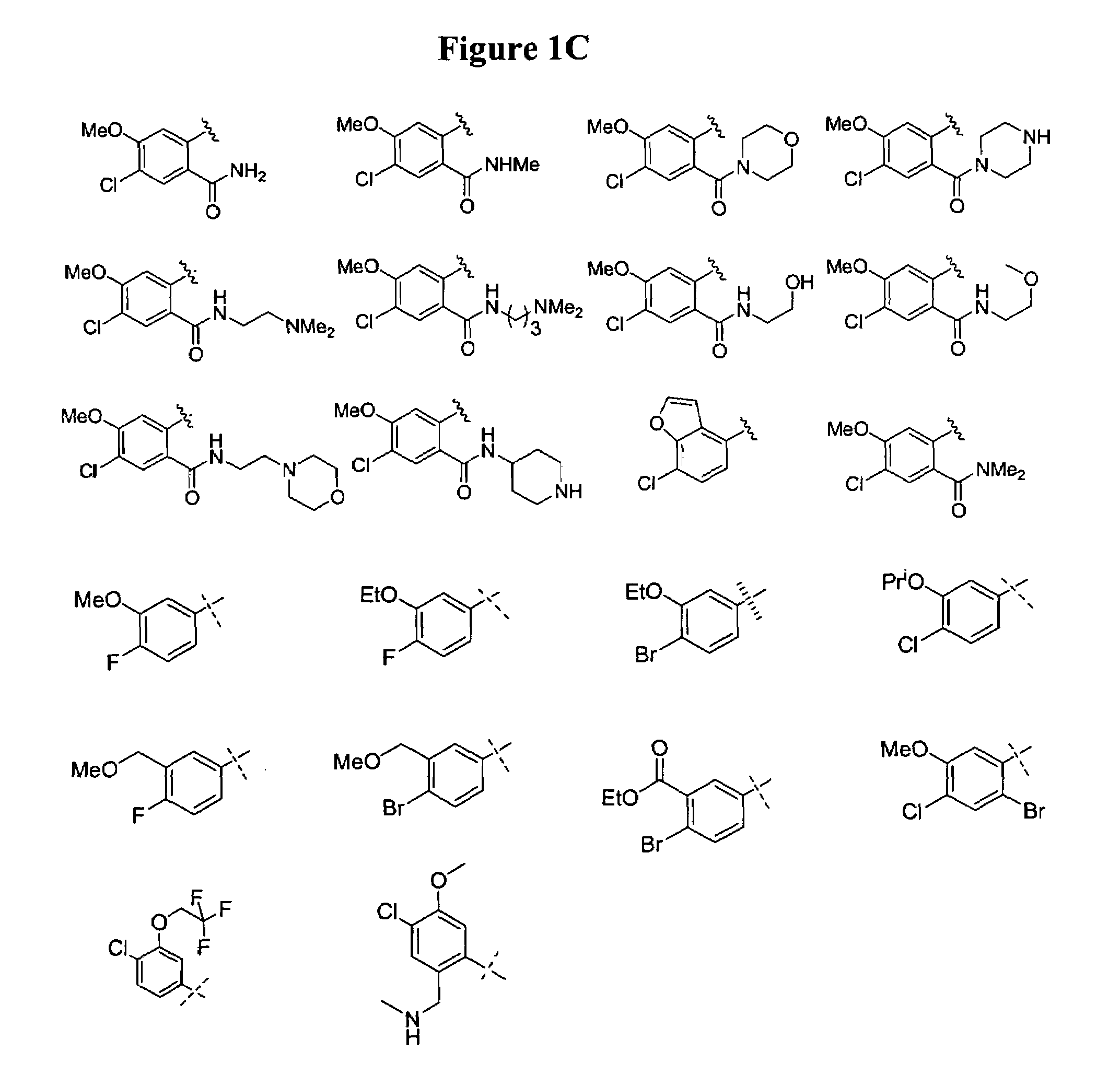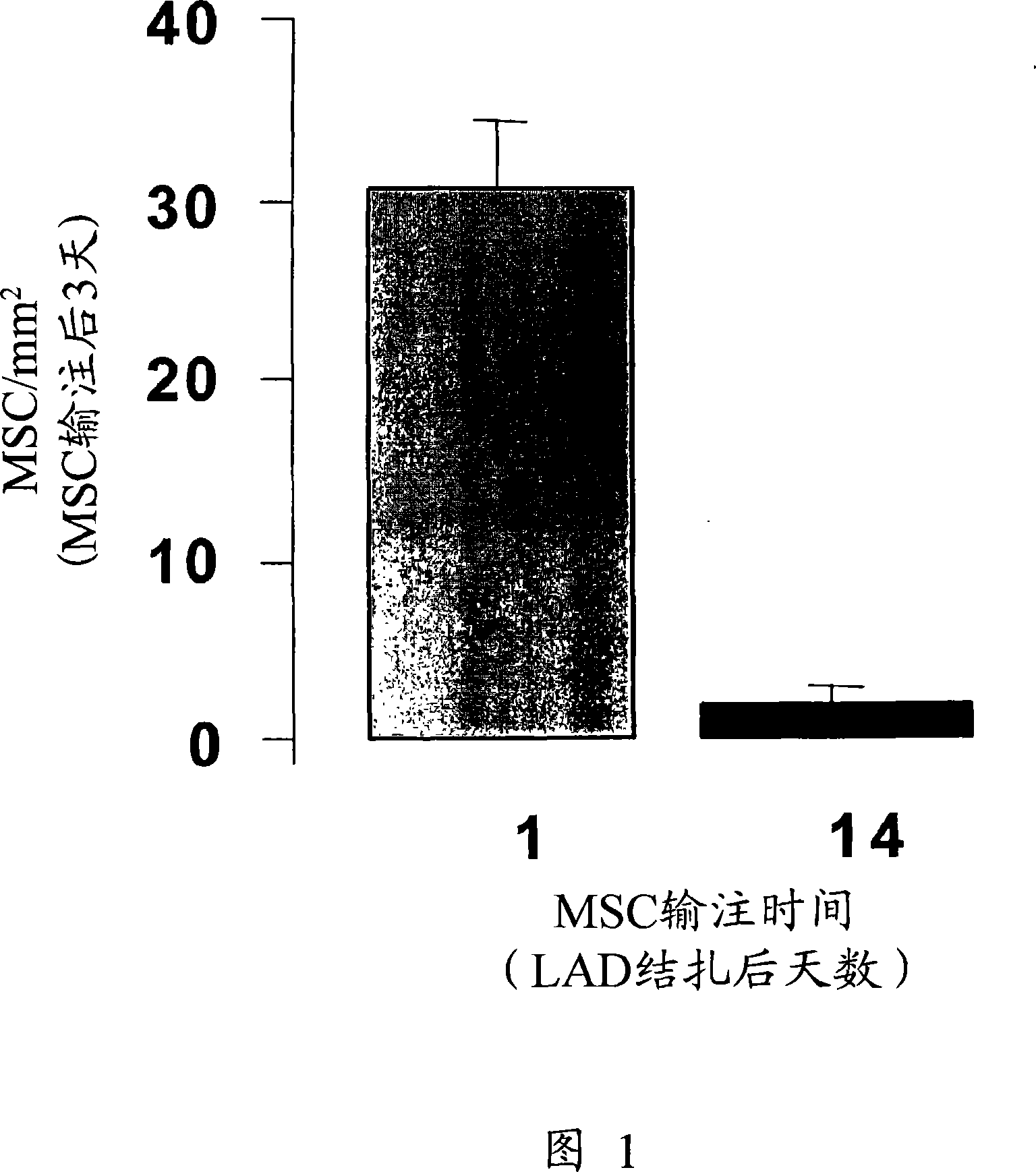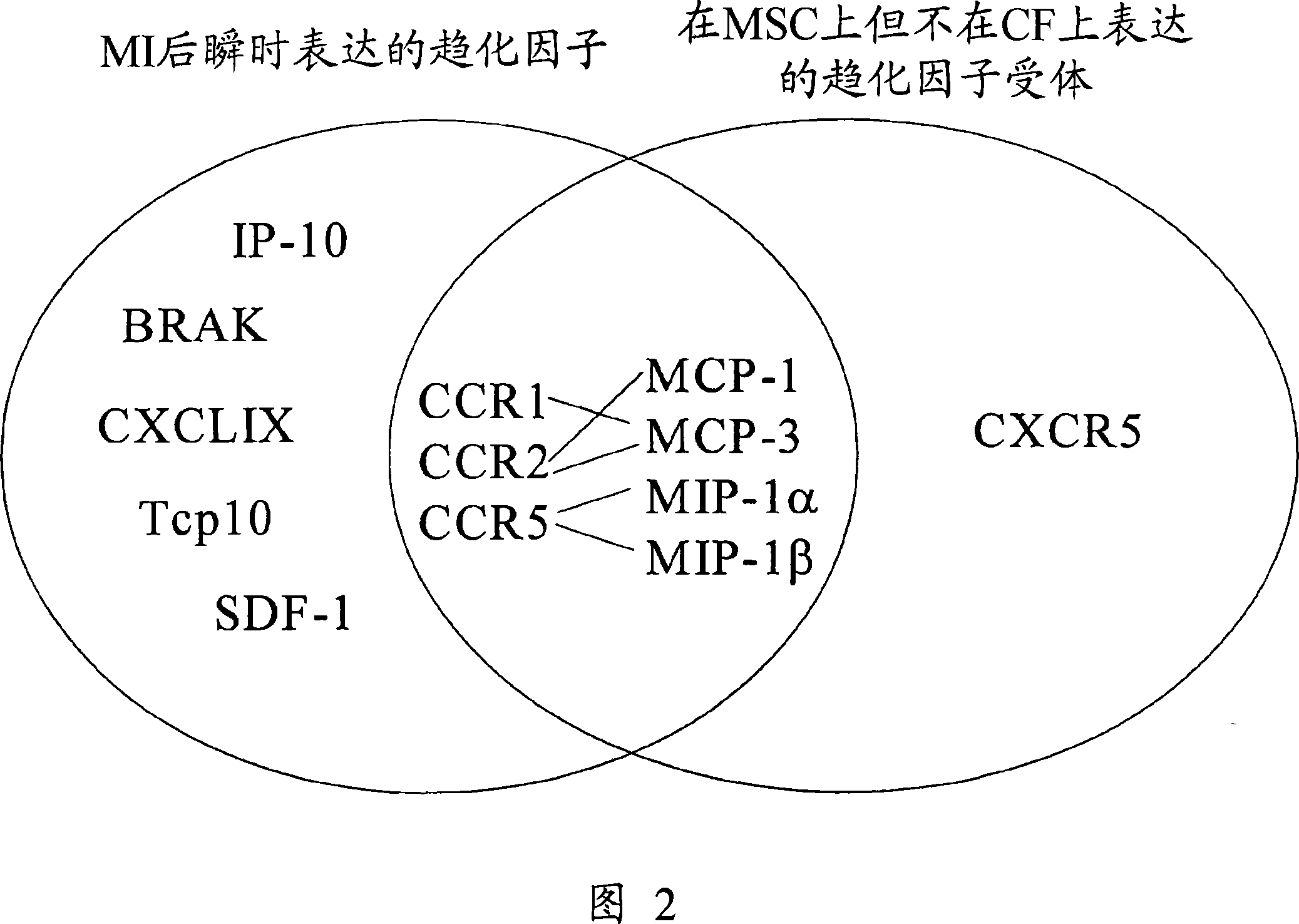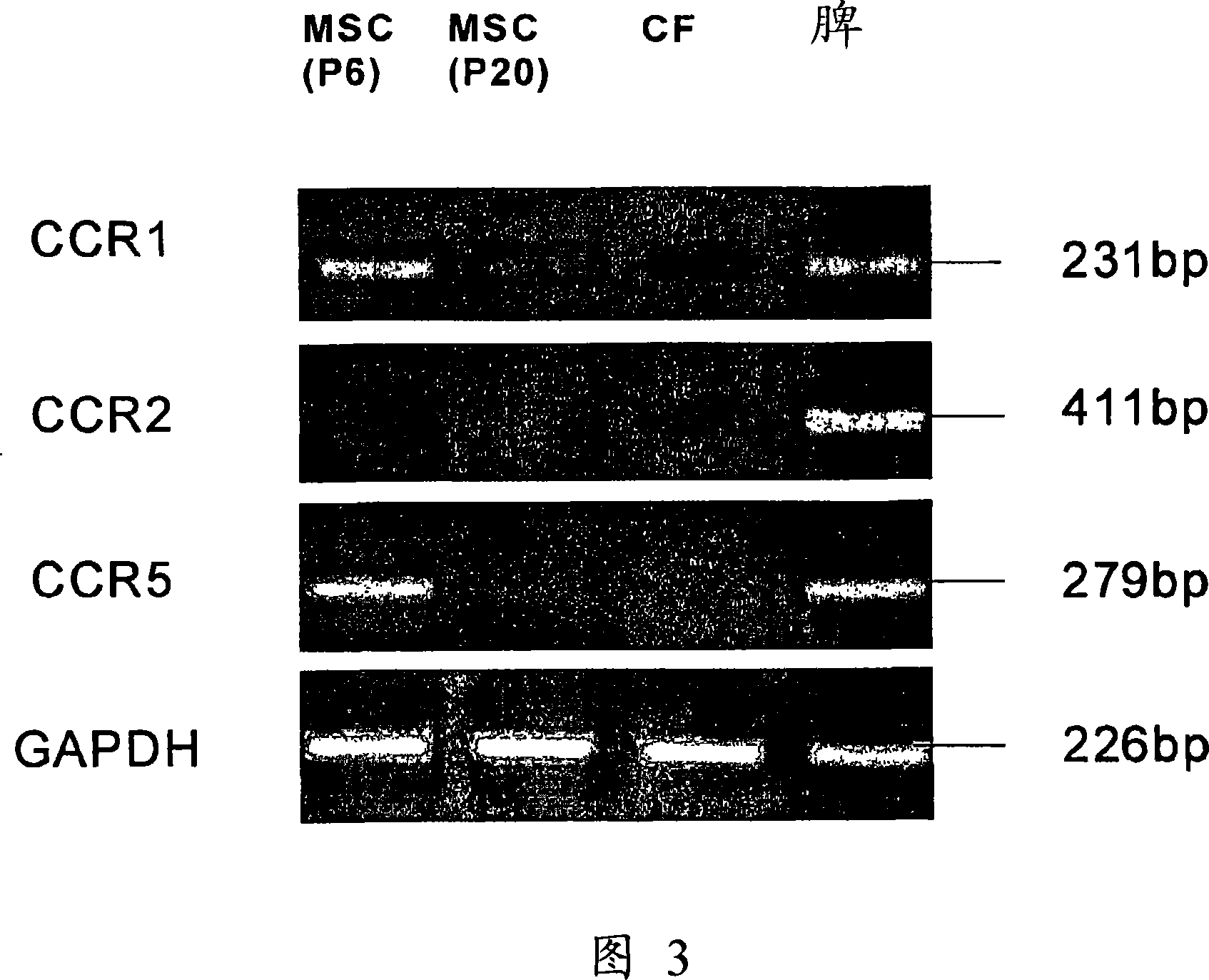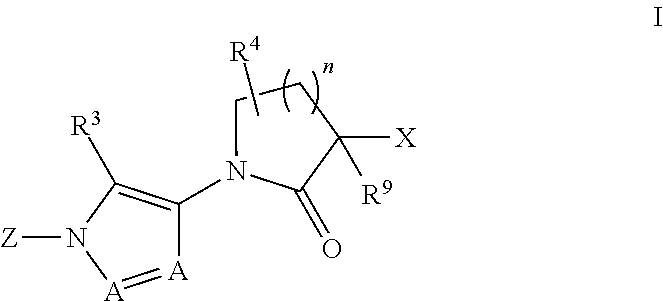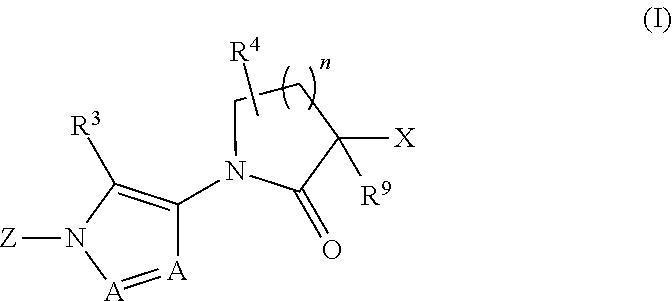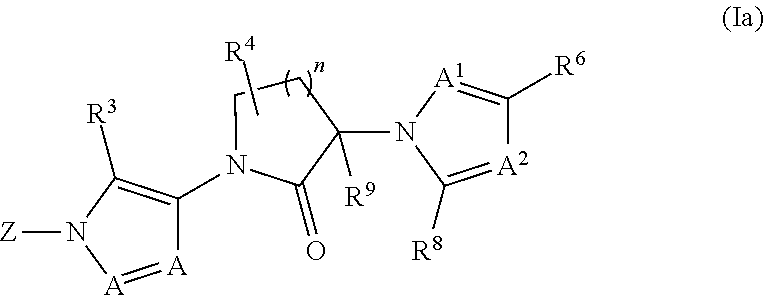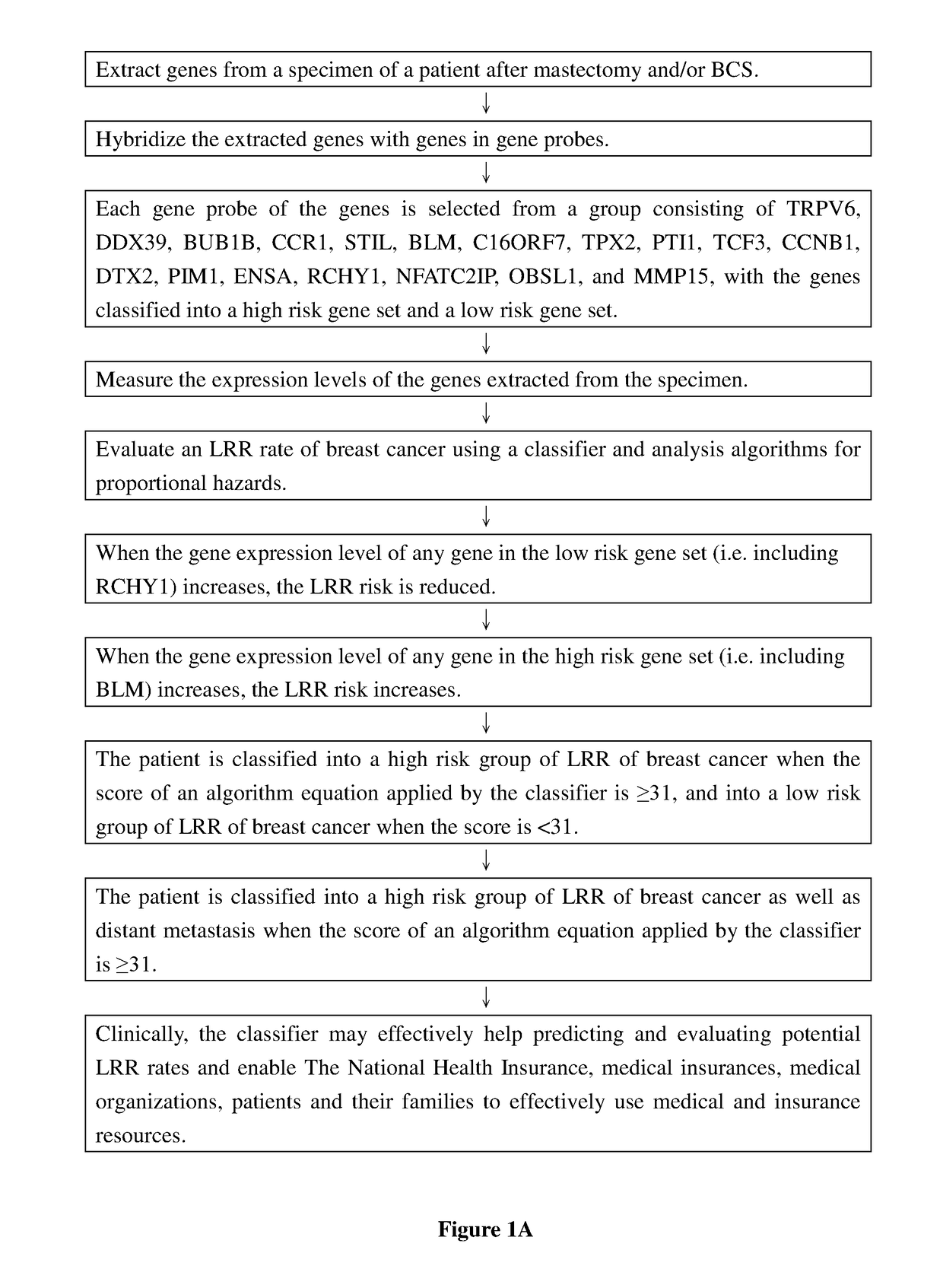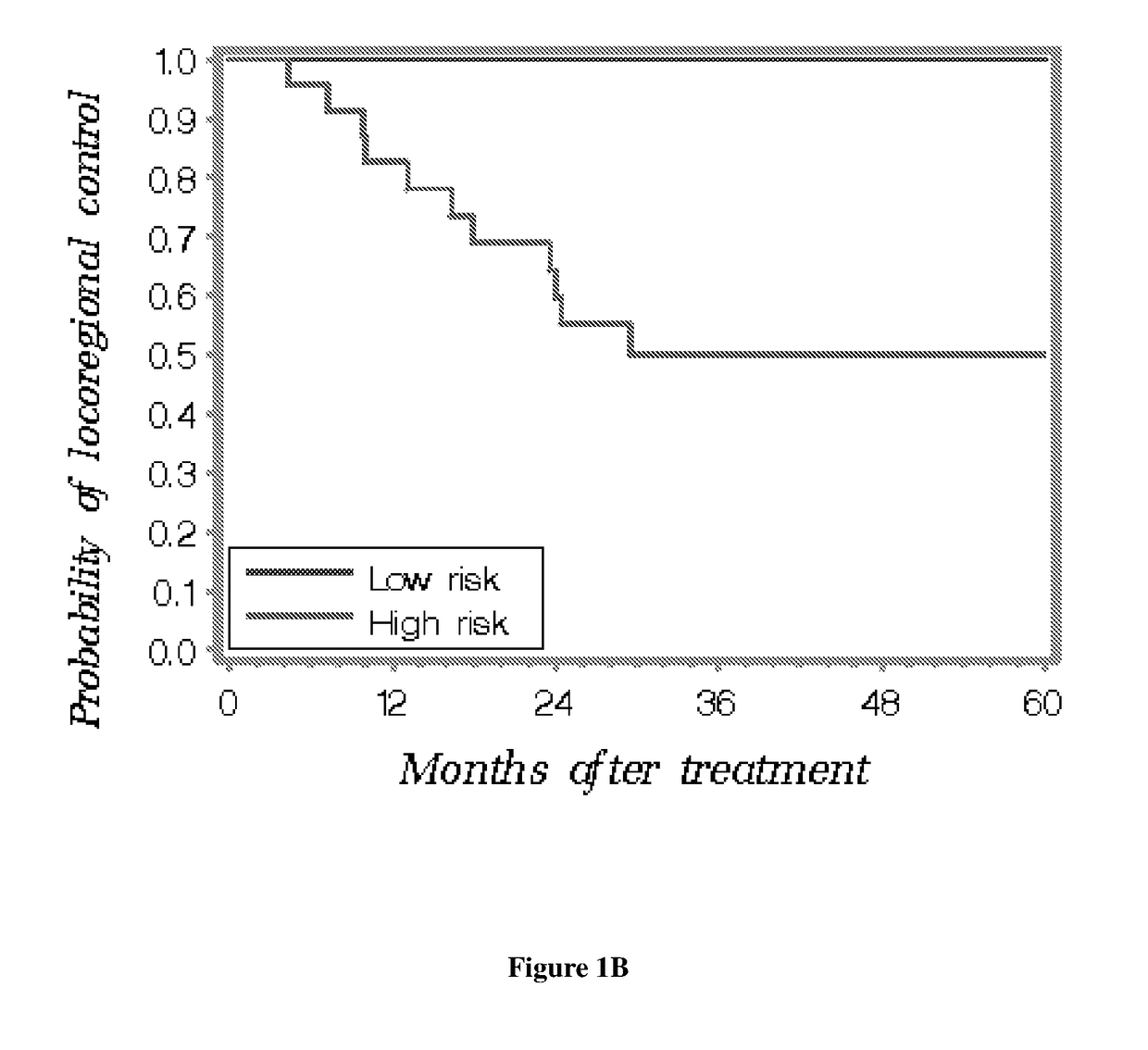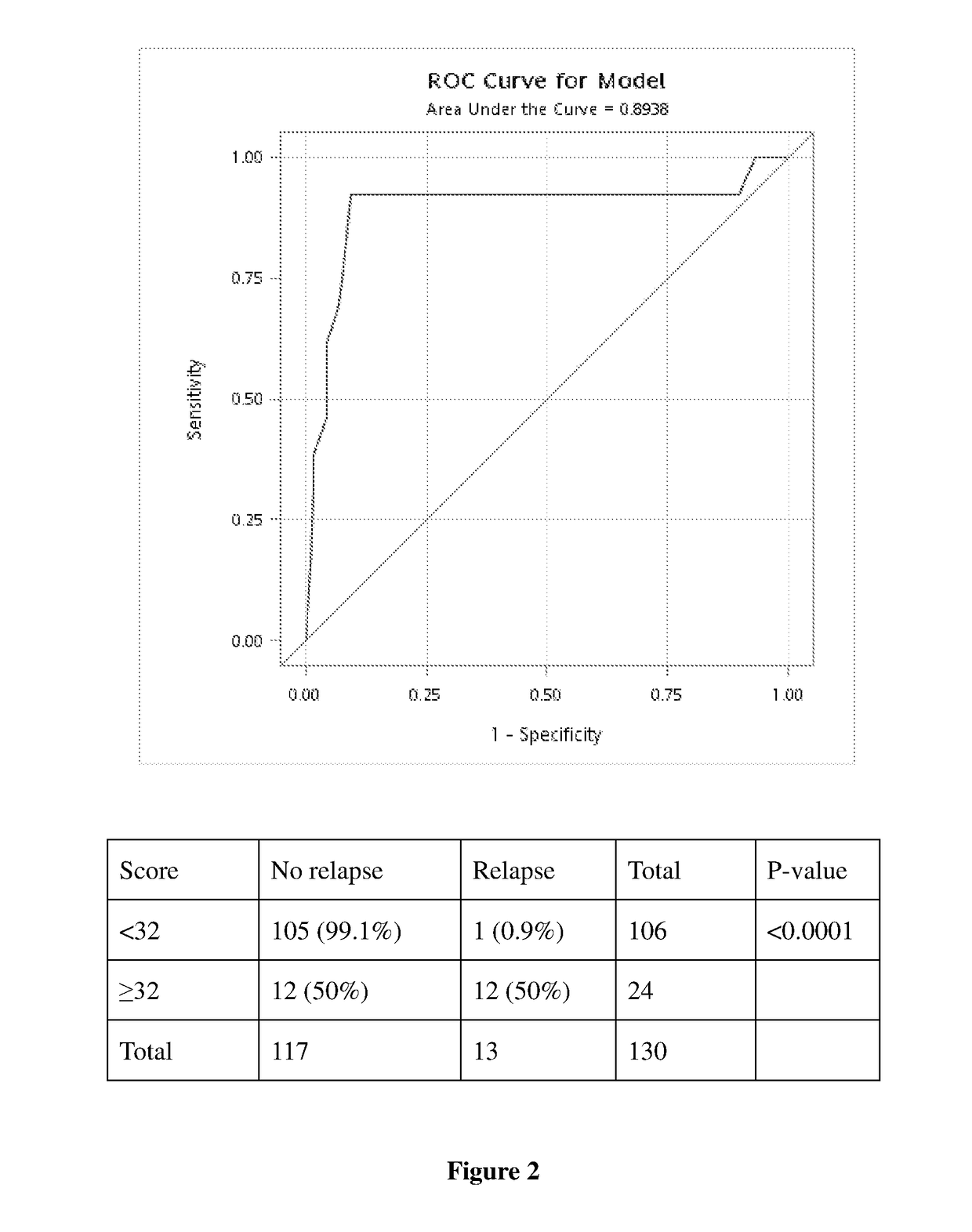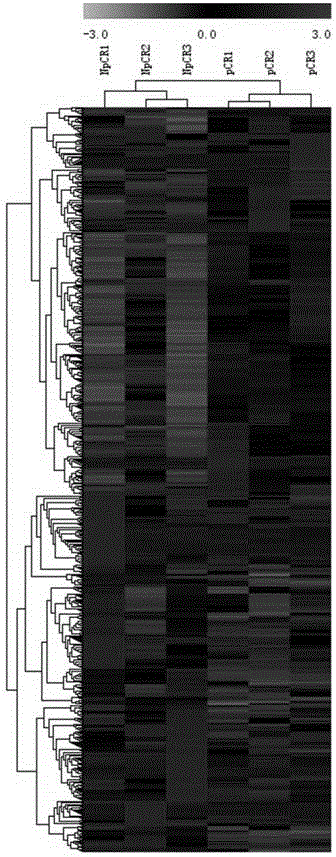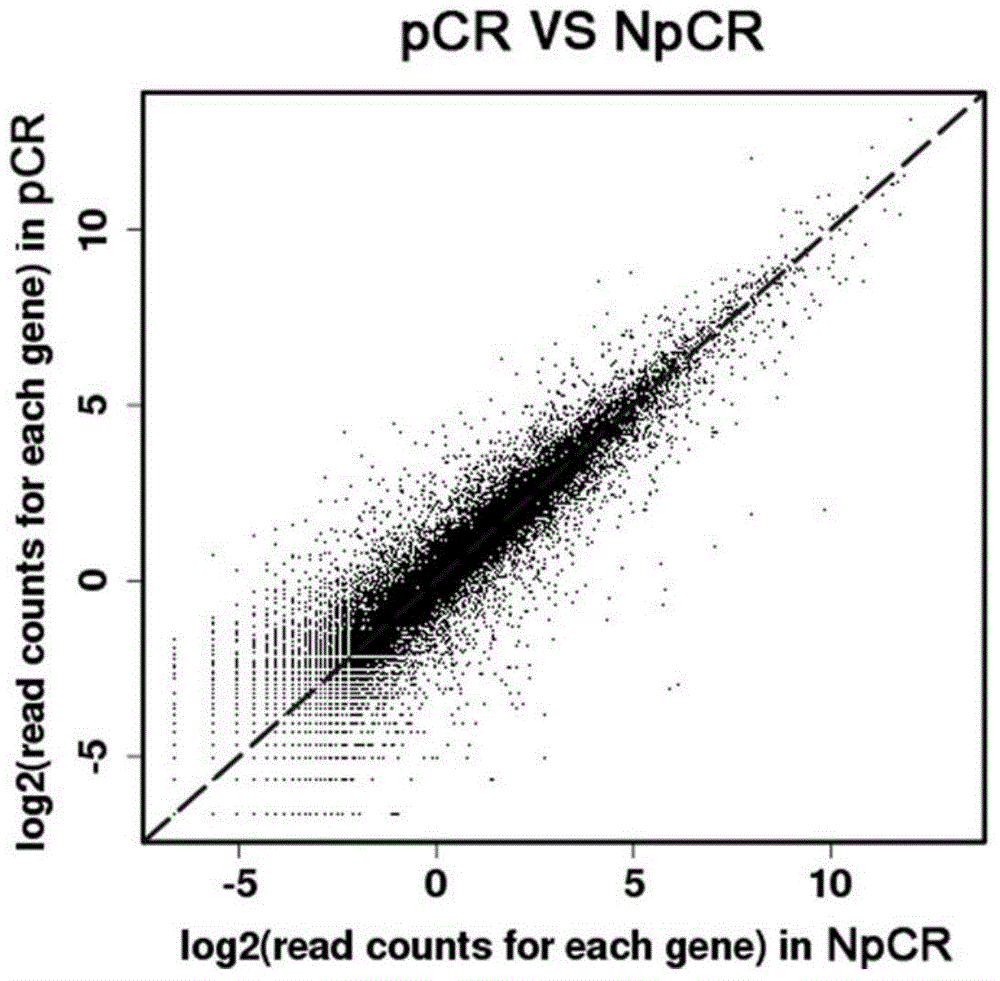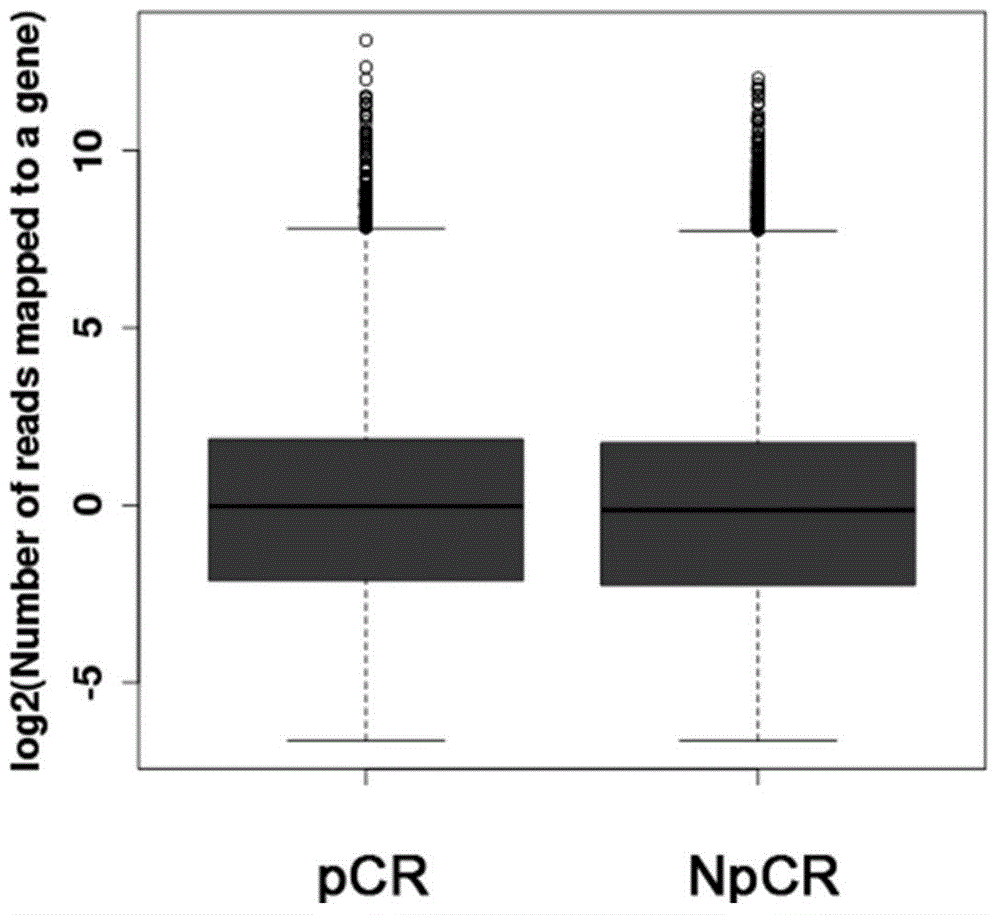Patents
Literature
53 results about "CCR1" patented technology
Efficacy Topic
Property
Owner
Technical Advancement
Application Domain
Technology Topic
Technology Field Word
Patent Country/Region
Patent Type
Patent Status
Application Year
Inventor
C-C chemokine receptor type 1 is a protein that in humans is encoded by the CCR1 gene. CCR1 has also recently been designated CD191 (cluster of differentiation 191).
Galactose-pronged polysaccharides in a formulation for antifibrotic therapies
Methods and compositions for reducing fibrosis and cirrhosis are provided in which an effective dose of an admixture of a polysaccharide compound and, for example, a compound selected from the group consisting of antibodies specific to intracellular or cell-surface: (i) beta-PDGF receptors; (ii) synaptophysin; (iii) zvegf3; (iv) CCR1 receptors; (v) connective tissue growth factor; (vi) alpha 1-smooth muscle actin; (vii) matrix metalloproteinases MMP 2 and MMP9; (viii) matrix metalloproteinase inhibitors TIMP1 and TMP2; (ix) integrins; (x) TFG-β1; (xi) endothelin receptor antagonists; and (xii) collagen synthesis and degradation modulating compounds; (xiii) actin synthesis and degradation modulating compounds; and (xiv) tyrosine kinases is administered to an animal in order to treat fibrosis.
Owner:GALECTIN THERAPEUTICS
Substituted piperazines
Compounds are provided that act as potent antagonists of the CCR1 receptor, and have in vivo anti-inflammatory activity. The compounds are generally aryl piperazine derivatives and are useful in pharmaceutical compositions, methods for the treatment of CCR1-mediated diseases, and as controls in assays for the identification of competitive CCR1 antagonists.
Owner:CHEMOCENTRYX INC
Azaindazole compounds and methods of use
Compounds are provided that act as potent antagonists of the CCR1 receptor, and have in vivo anti-inflammatory activity. The compounds are generally aryl piperazine derivatives and are useful in pharmaceutical compositions, methods for the treatment of CCR1-mediated diseases, and as controls in assays for the identification of competitive CCR1 antagonists.
Owner:CHEMOCENTRYX INC
Bicyclic and bridged nitrogen heterocycles
Compounds are provided that act as potent modulators of one or more of the CCR1, CCR2 and CCR3 receptors. The compounds are generally fused-, spiro- or bridged-nitrogen heterocycles having an aryl and heteroaryl component and are useful in pharmaceutical compositions, methods for the treatment of CCR1-, CCR2- and / or CCR3-mediated diseases, and as controls in assays for the identification of competitive receptor antagonists for the above chemokine receptors.
Owner:CHEMOCENTRYX INC
Monocyclic and bicyclic compounds and methods of use
Owner:CHEMOCENTRYX INC
Substituted piperazines
Compounds are provided that act as potent antagonists of the CCR1 receptor, and which have been further confirmed in animal testing for inflammation, one of the hallmark disease states for CCR1. The compounds are generally aryl piperazine derivatives and are useful in pharmaceutical compositions, methods for the treatment of CCR1-mediated diseases, and as controls in assays for the identification of competitive CCR1 antagonists.
Owner:CHEMOCENTRYX INC
Piperidine derivatives and methods of use
Compounds are provided that act as potent antagonists of the CCR1 receptor, and have in vivo anti-inflammatory activity. The compounds are generally monocyclic and bicyclic compounds and are useful in pharmaceutical compositions, methods for the treatment of CCR1-mediated diseases, and as controls in assays for the identification of competitive CCR1 antagonists.
Owner:CHEMOCENTRYX INC
Piperidine derivatives and methods of use
Compounds are provided that act as potent antagonists of the CCR1 receptor, and have in vivo anti-inflammatory activity. The compounds are generally monocyclic and bicyclic compounds and are useful in pharmaceutical compositions, methods for the treatment of CCR1-mediated diseases, and as controls in assays for the identification of competitive CCR1 antagonists.
Owner:CHEMOCENTRYX INC
Anti-CCR1 antibodies and methods of use thereof
The present invention relates to an antibody or functional fragment thereof which binds to a mammalian (e.g., human) CC-chemokine receptor 1 (CCR1) or a portion of the receptor and blocks binding of a ligand to the receptor. The invention further relates to a method of inhibiting the interaction of a cell bearing mammalian CCR1 with a ligand thereof, and to use of the antibodies and fragments in research, therapeutic, prophylactic and diagnostic methods.
Owner:MILLENNIUM PHARMA INC
Azaindazole compounds and methods of use
Compounds are provided that act as potent antagonists of the CCR1 receptor, and have in vivo anti-inflammatory activity. The compounds are generally aryl piperazine derivatives and are useful in pharmaceutical compositions, methods for the treatment of CCR1-mediated diseases, and as controls in assays for the identification of competitive CCR1 antagonists.
Owner:CHEMOCENTRYX INC
Radiopharmaceuticals for diagnosing Alzheimer's disease
InactiveUS6676926B2Organic active ingredientsIsotope introduction to heterocyclic compoundsDiseaseCCR1
Owner:BAYER SCHERING PHARMA AG
Azaindazole compounds and methods of use
Compounds are provided that act as potent antagonists of the CCR1 receptor, and have in vivo anti-inflammatory activity. The compounds are generally aryl piperazine derivatives and are useful in pharmaceutical compositions, methods for the treatment of CCR1-mediated diseases, and as controls in assays for the identification of competitive CCR1 antagonists.
Owner:CHEMOCENTRYX INC
3-(IMIDAZOLYL)-PYRAZOLO[3,4-b]PYRIDINES
Compounds are provided that act as potent antagonists of the CCR1 receptor, and have in vivo anti-inflammatory activity. The compounds are 3-imidazoyl-pyrazolo[3,4-b]pyridine derivatives and are useful in pharmaceutical compositions, methods for the treatment of CCR1-mediated disease, and as controls in assays for the identification of competitive CCR1 antagonists.
Owner:CHEMOCENTRYX INC
Substituted piperazines
Compounds are provided that act as potent antagonists of the CCR1 receptor, and have in vivo anti-inflammatory activity. The compounds are generally aryl piperazine derivatives and are useful in pharmaceutical compositions, methods for the treatment of CCR1-mediated diseases, and as controls in assays for the identification of competitive CCR1 antagonists.
Owner:CHEMOCENTRYX INC
3-(imidazolyl)-pyrazolo[3,4-b]pyridines
Compounds are provided that act as potent antagonists of the CCR1 receptor, and have in vivo anti-inflammatory activity. The compounds are 3-imidazoyl-pyrazolo[3,4-b]pyridine derivatives and are useful in pharmaceutical compositions, methods for the treatment of CCR1-mediated disease, and as controls in assays for the identification of competitive CCR1 antagonists.
Owner:CHEMOCENTRYX INC
Oxo-imidazolidines as modulators of chemokine receptors
Compounds are provided that act as potent antagonists of the CCR1 receptor, and have in vivo anti-inflammatory activity. The compounds are generally monocyclic and bicyclic compounds and are useful in pharmaceutical compositions, methods for the treatment of CCR1-mediated diseases, and as controls in assays for the identification of competitive CCR1 antagonists.
Owner:CHEMOCENTRYX INC
4-amino-3-(imidazolyl)-pyrazolo[3,4-d]pyrimidines
Compounds are provided that act as potent antagonists of the CCR1 receptor, and have in vivo anti-inflammatory activity. The compounds are 4-amino-3-imidazoyl-pyrazolo[3,4-d]pyrimidine derivatives and are useful in pharmaceutical compositions, methods for the treatment of CCR1-mediated disease, and as controls in assays for the identification of competitive CCR1 antagonists.
Owner:CHEMOCENTRYX INC
Azaindazole compounds and methods of use
Compounds are provided that act as potent antagonists of the CCR1 receptor, and have in vivo anti-inflammatory activity. The compounds are generally aryl piperazine derivatives and are useful in pharmaceutical compositions, methods for the treatment of CCR1-mediated diseases, and as controls in assays for the identification of competitive CCR1 antagonists.
Owner:CHEMOCENTRYX INC
Substituted piperazines
Compounds are provided that act as potent antagonists of the CCR1 receptor, and which have been further confirmed in animal testing for inflammation, one of the hallmark disease states for CCR1. The compounds are generally aryl piperazine derivatives and are useful in pharmaceutical compositions, methods for the treatment of CCR1-mediated diseases, and as controls in assays for the identification of competitive CCR1 antagonists.
Owner:CHEMOCENTRYX INC
CCR ligands for stem cell homing
InactiveUS20060182712A1Improve concentrationIncrease the number ofBiocidePeptide/protein ingredientsStem cell homingPhysiology
Owner:THE CLEVELAND CLINIC FOUND
Methods and compositions for inducing an immune response
The inventors have discovered that a CKbeta8-1 truncation variant, CKbeta8-1 (25-116), is a bifunctional ligand for two distinct GPCRs, chemokine receptor CCR1 and formyl peptide receptor like 1 (FPRL1). Hence, the inventors have discovered that, in addition to its functional activity on CCR1, CKbeta8-1(25-116) is also a functional ligand for the GPCR receptor FPRL1 that is involved in inflammatory reactions and innate immunity by recruiting monocytes and neutrophils. In addition, the inventors have discovered an alternatively spliced exon of CKbeta8-1, named SHAAGtide. SHAAGtide, along with its parent chemokine CKbeta8-1 (25-116), is fully functional on both monocytes and neutrophils that are known to express FPRL1. This application relates generally to enhancing immune responses. Such immune responses may be elicited by vaccine administration. Compositions and methods for inducing or enhancing an immune response to an antigen are provided. The compositions and methods are useful for vaccine formulations for therapeutic and prophylactic use (immunization) and for production of antibodies.
Owner:坎莫森特里克斯公司
Diazole amides
Compounds are provided that act as potent antagonists of the CCR1 receptor, and have in vivo anti-inflammatory activity. The compounds are diazole lactam derivatives and are useful in pharmaceutical compositions, methods for the treatment of CCR1-mediated disease, and as controls in assays for the identification of competitive CCR1 antagonists.
Owner:CHEMOCENTRYX INC
Mtor/stat3 signal inhibitor-treated mesenchymal stem cell having immunomodulatory activity, and cell therapy composition comprising same, for preventing or treating immune disorders
ActiveUS20160289640A1High expressionEffective treatmentPeptide/protein ingredientsInvertebrate cellsATG5Cell therapy
The present invention relates to a mesenchymal stem cell having immunomodulatory activity and a preparation method therefor and, more specifically, to: a rapamycin-treated mesenchymal stem cell having immunomodulatory activity, which expresses any one or more cell surface factors selected from the group consisting of CCR1, CCR2, CCR3, CCR4, CCR7, CCR9 and CXCR4; a cell therapy composition comprising the mesenchymal stem cell, for preventing or treating immune disorders; and a preparation method for the mesenchymal stem cell having immunomodulatory activity. The rapamycin-treated mesenchymal stem cell having immunomodulatory activity, according to the present invention, has increased expression of IDO, TGF-β and IL-10 which are factors having immunomodulatory activity, has decreased expression of Phospho-mTOR, Rictor and Ractor which are signal transduction factors of mTOR, and has increased expression, in the cell, of autophagic inducer Beclin1, ATG5, ATG7, LC3I or LCII. If this cell is used as a cell therapy in individuals having immune disorders, it is possible to effectively treat immune disorders.
Owner:THE CATHOLIC UNIV OF KOREA IND ACADEMIC COOP FOUND
Bicyclic and bridged nitrogen heterocycles
Compounds are provided that act as potent modulators of one or more of the CCR1, CCR2 and CCR3 receptors. The compounds are generally fused-, spiro- or bridged-nitrogen heterocycles having an aryl and heteroaryl component and are useful in pharmaceutical compositions, methods for the treatment of CCR1-, CCR2- and / or CCR3-mediated diseases, and as controls in assays for the identification of competitive receptor antagonists for the above chemokine receptors.
Owner:CHEMOCENTRYX INC
Piperidine derivatives and methods of use
Compounds are provided that act as potent antagonists of the CCR1 receptor, and have in vivo anti-inflammatory activity. The compounds are generally monocyclic and bicyclic compounds and are useful in pharmaceutical compositions, methods for the treatment of CCR1-mediated diseases, and as controls in assays for the identification of competitive CCR1 antagonists.
Owner:CHEMOCENTRYX INC
Bicyclic and bridged nitrogen heterocycles
Compounds are provided that act as potent modulators of one or more of the CCR1, CCR2 and CCR3 receptors. The compounds are generally fused-, spiro- or bridged-nitrogen heterocycles having an aryl and heteroaryl component and are useful in pharmaceutical compositions, methods for the treatment of CCR1-, CCR2- and / or CCR3-mediated diseases, and as controls in assays for the identification of competitive receptor antagonists for the above chemokine receptors.
Owner:CHEMOCENTRYX INC
CCR ligands for stem cell homing
Owner:THE CLEVELAND CLINIC FOUND
Diazole lactams
Owner:CHEMOCENTRYX INC
Gene expression profiles and uses thereof in breast cancer
InactiveUS20180298449A1Reduce riskIncreased riskMicrobiological testing/measurementBiostatisticsPIM1CCR1
A method for predicting the likelihood of locoregional recurrence (LRR) and / or distant metastasis in a subject with breast cancer following mastectomy and / or breast conserving surgery, comprising: measuring the expression level of at least one gene in a sample isolated from the subject; and deriving a score based on the measured expression level of the at least one gene, wherein the at least one gene is selected from a group consisting of TRPV6, DDX39, BUB1B, CCR1, STIL, BLM, C16ORF7, TPX2, PTI1, TCF3, CCNB1, DTX2, PIM1, ENSA, RCHY1, NFATC2IP, OBSL1, and MMP15, and wherein the derived score provides an indication of the likelihood of LRR and / or the likelihood of distant metastasis in the subject.
Owner:AMWISE DIAGNOSTICS PTE LTD
Biomarker for forecasting new auxiliary chemotherapy curative effect of breast cancer and fluorescence quantitative immune PCR kit
InactiveCN105039319AAvoid blindnessMicrobiological testing/measurementDNA/RNA fragmentationCCL2Fluorescence
The invention discloses a biomarker for forecasting the new auxiliary chemotherapy curative effect of breast cancer and a fluorescence quantitative immune PCR kit. The biomarker is at least one of a CCL2 gene, a CCR1 gene, a CXCL10 gene, a CXCL11 gene and an IL2RG gene. The five genes of the biomarker are efficiently expressed in a pCR group; the IL2RG gene has an extremely obvious expression difference (P is less than 0.01) in the pCR group and the NpCR group, and the other four genes have an obvious expression difference (P is less than 0.05) in the pCR group and the NpCR group; the five genes are indicated to be biomarkers for forecasting the new auxiliary chemotherapy curative effect of the breast cancer, and the blindness of new auxiliary chemotherapy is avoided.
Owner:ZHEJIANG SCI-TECH UNIV
Features
- R&D
- Intellectual Property
- Life Sciences
- Materials
- Tech Scout
Why Patsnap Eureka
- Unparalleled Data Quality
- Higher Quality Content
- 60% Fewer Hallucinations
Social media
Patsnap Eureka Blog
Learn More Browse by: Latest US Patents, China's latest patents, Technical Efficacy Thesaurus, Application Domain, Technology Topic, Popular Technical Reports.
© 2025 PatSnap. All rights reserved.Legal|Privacy policy|Modern Slavery Act Transparency Statement|Sitemap|About US| Contact US: help@patsnap.com
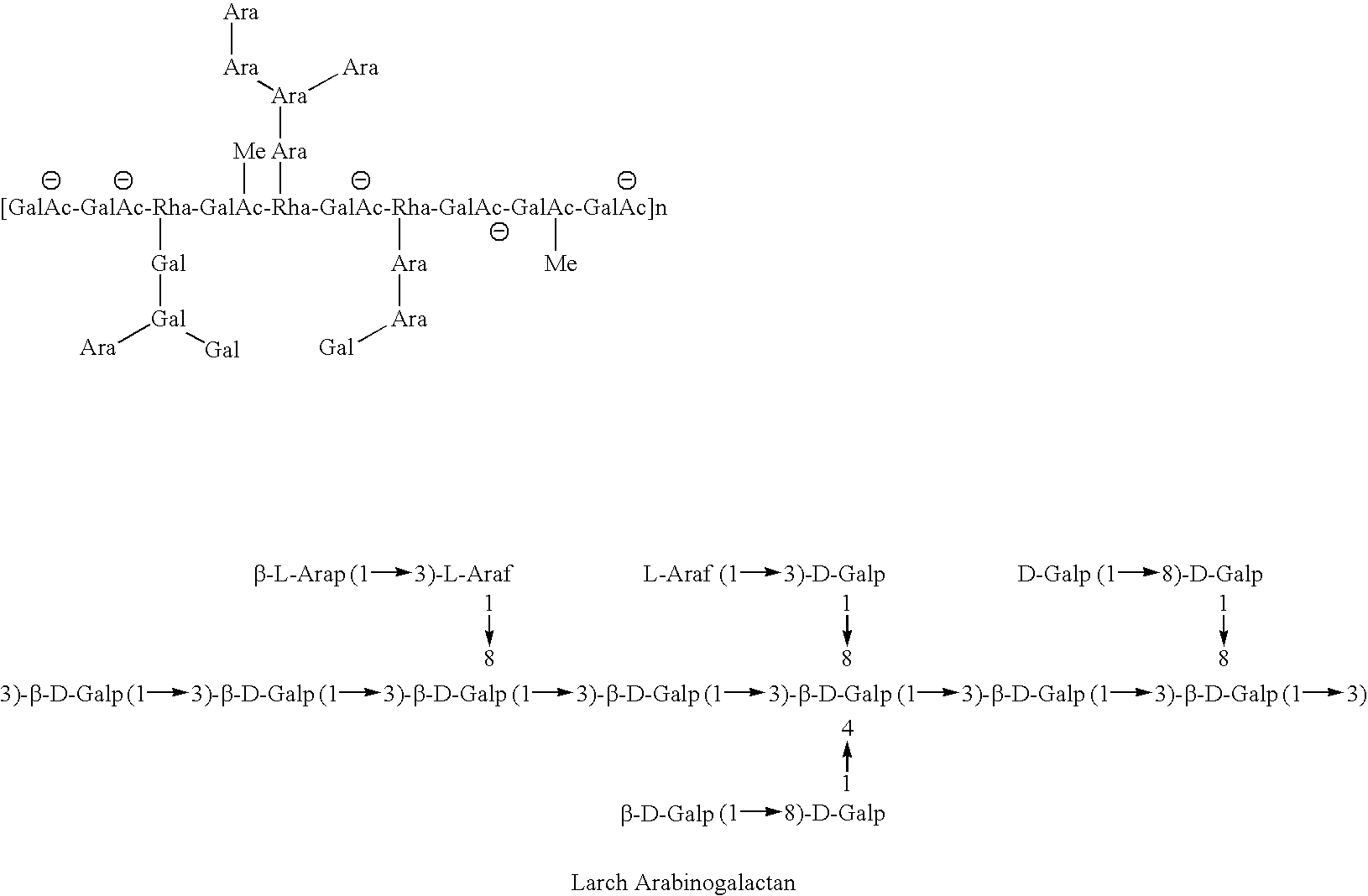

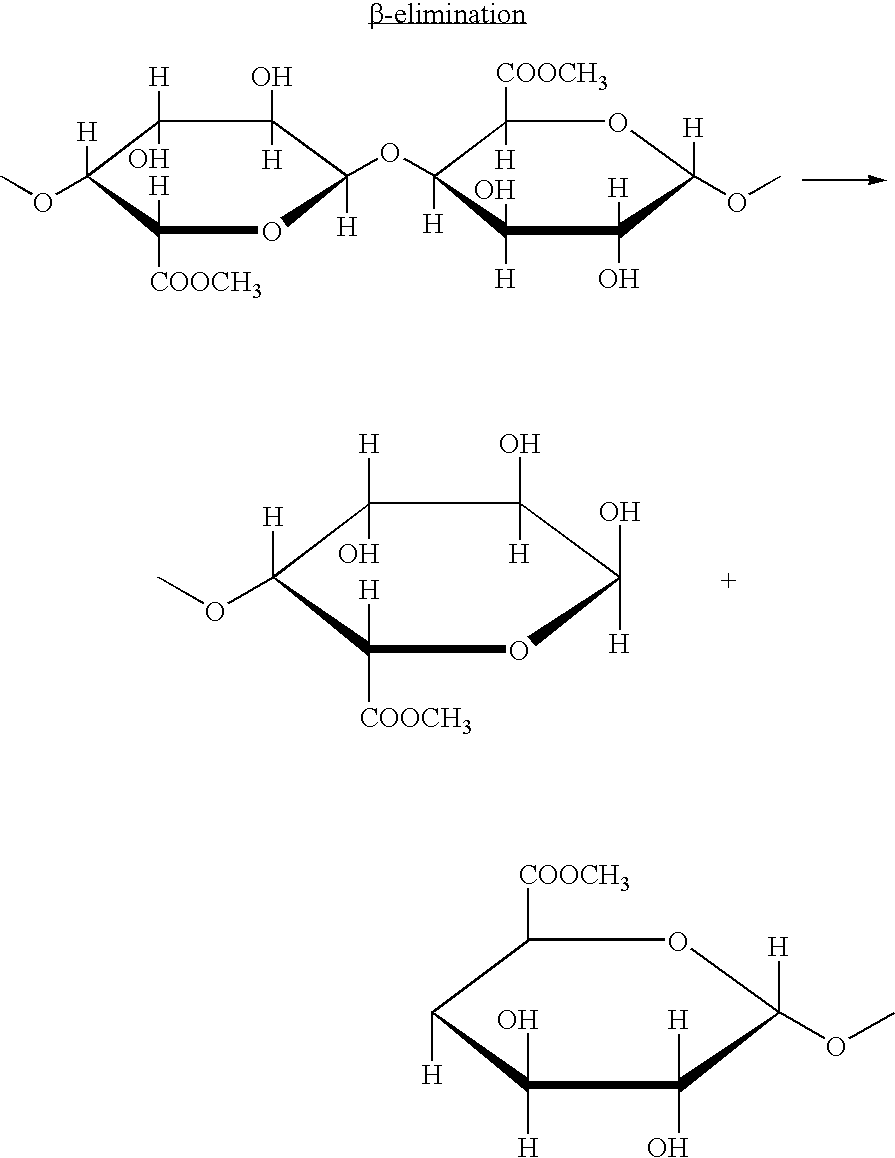
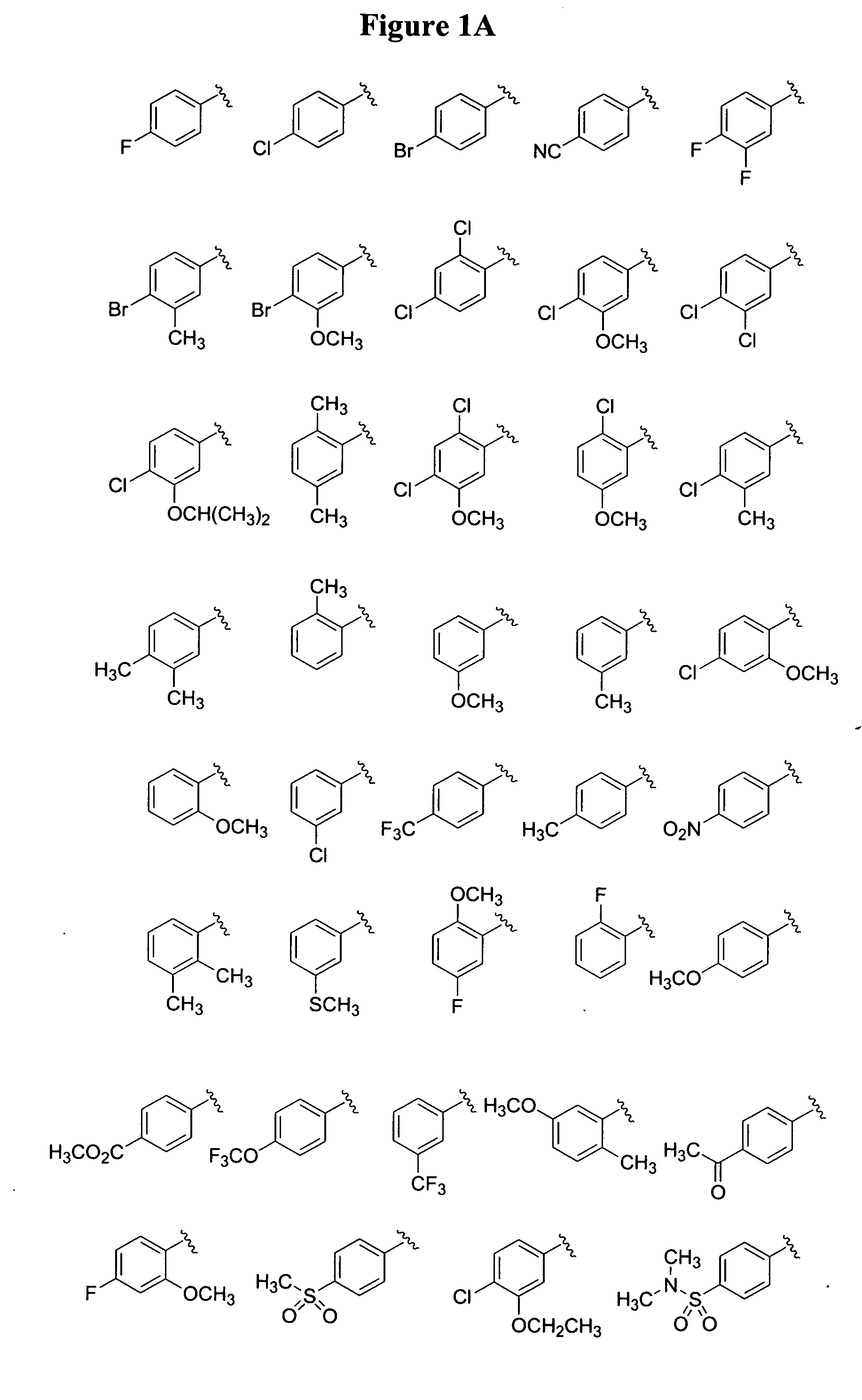
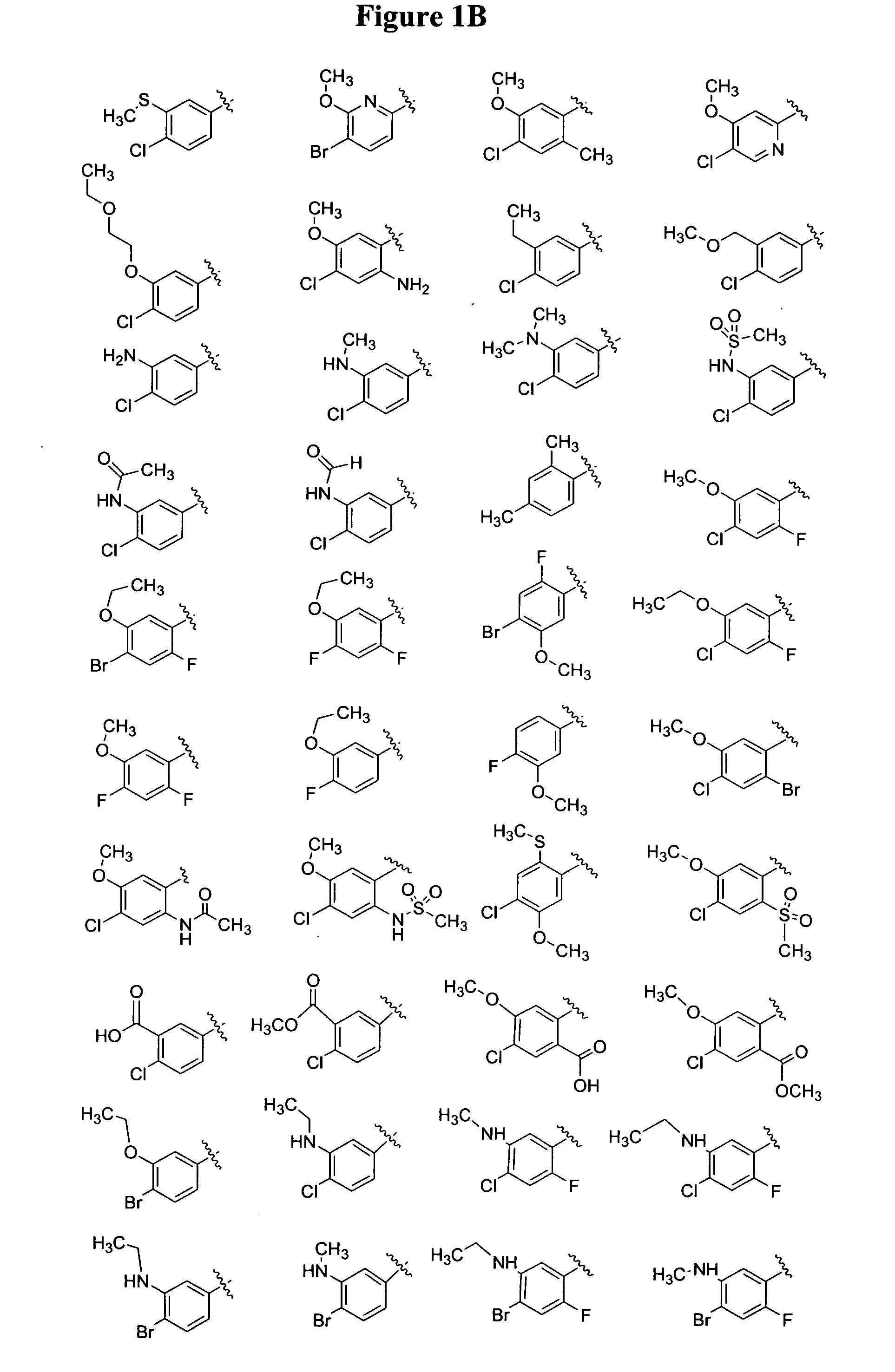
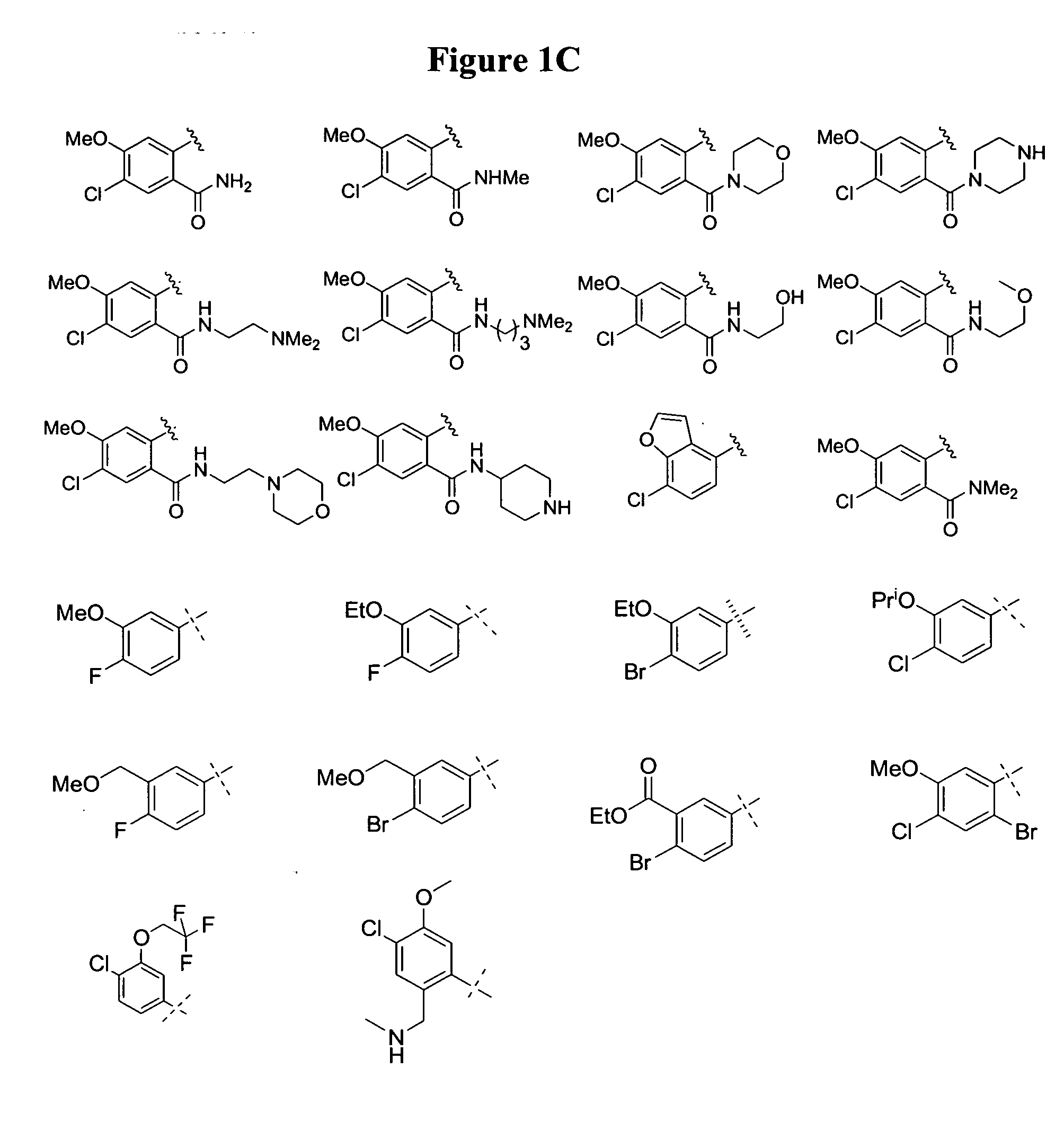
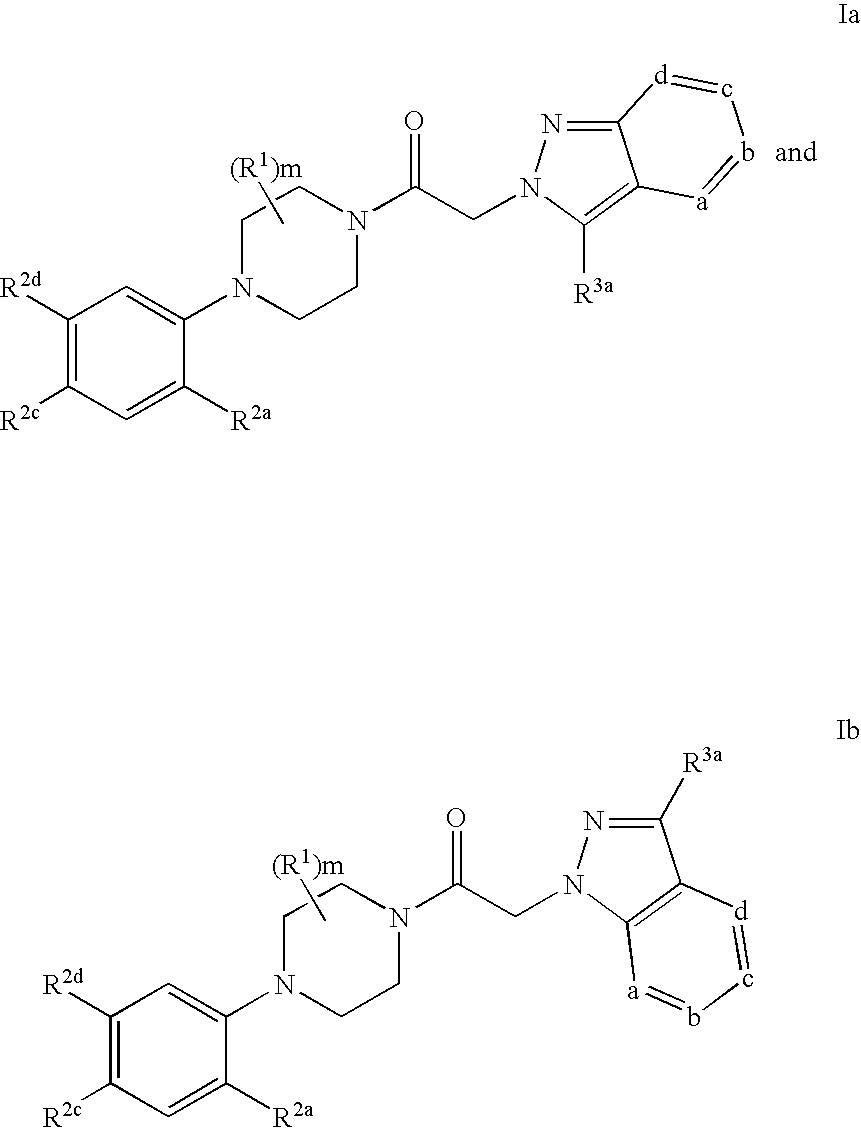
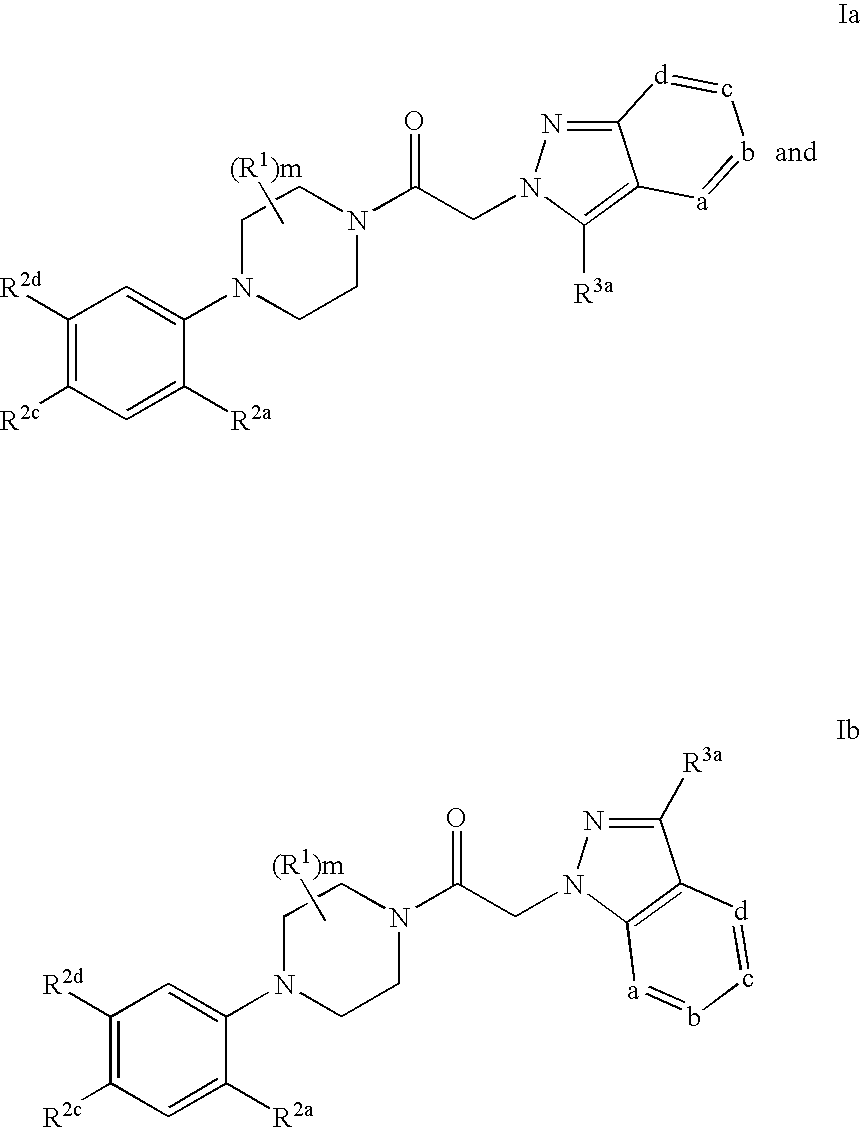
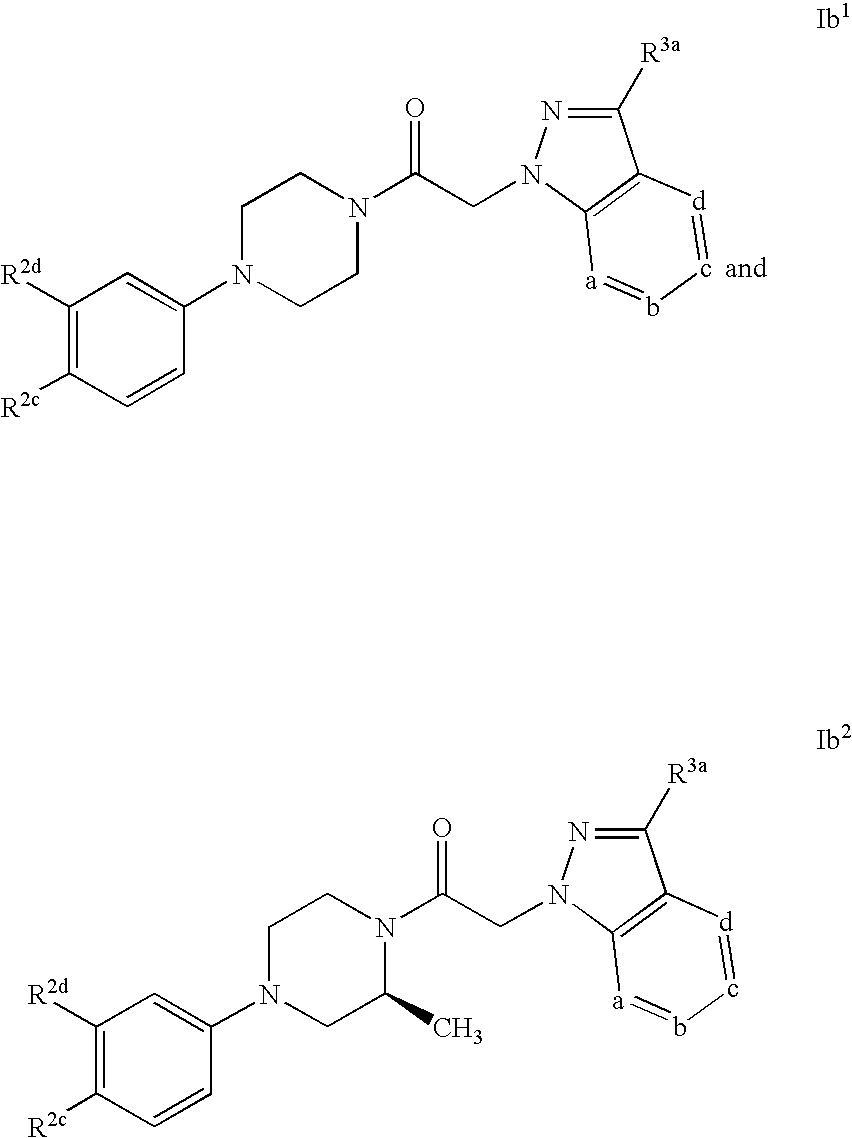
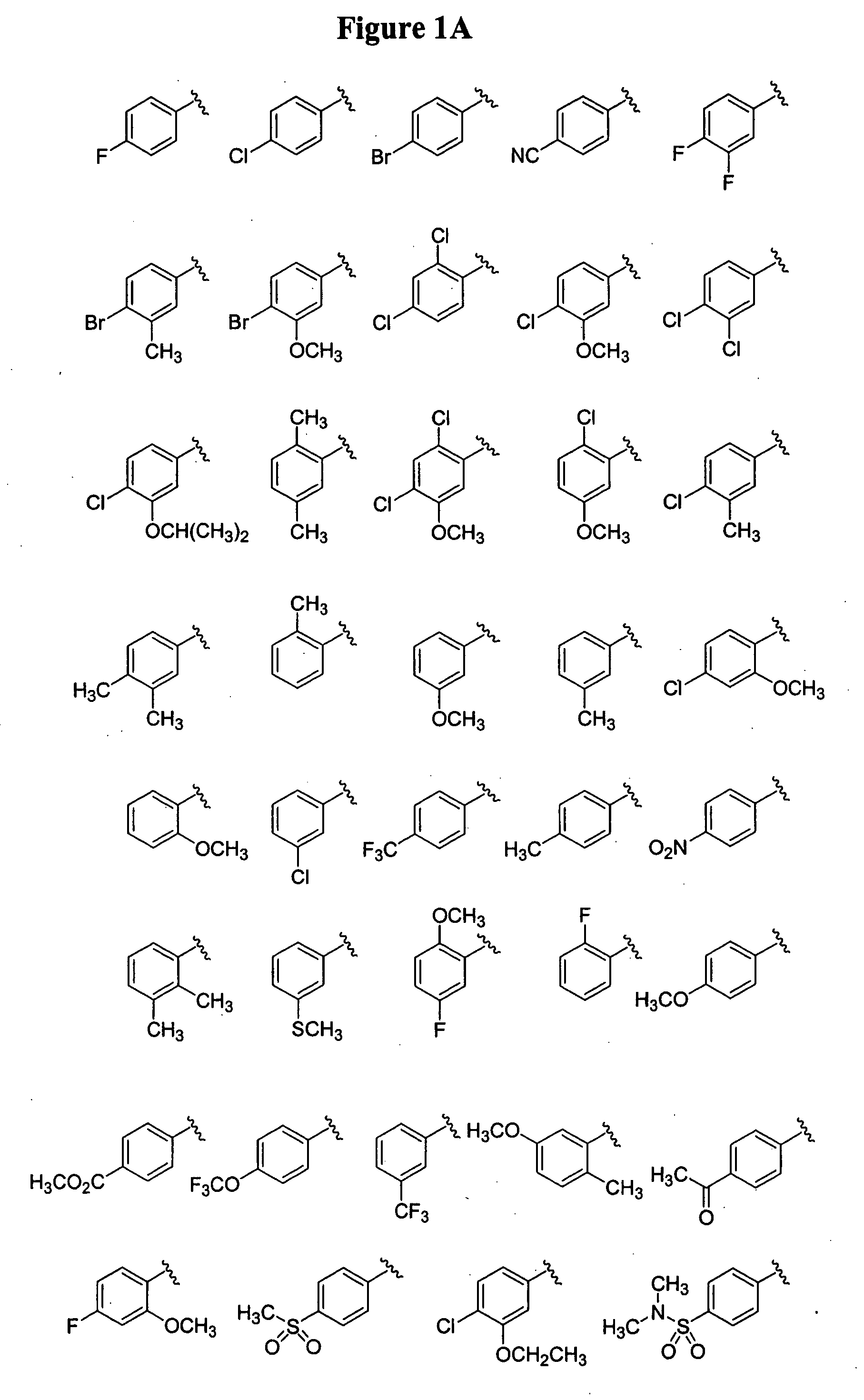
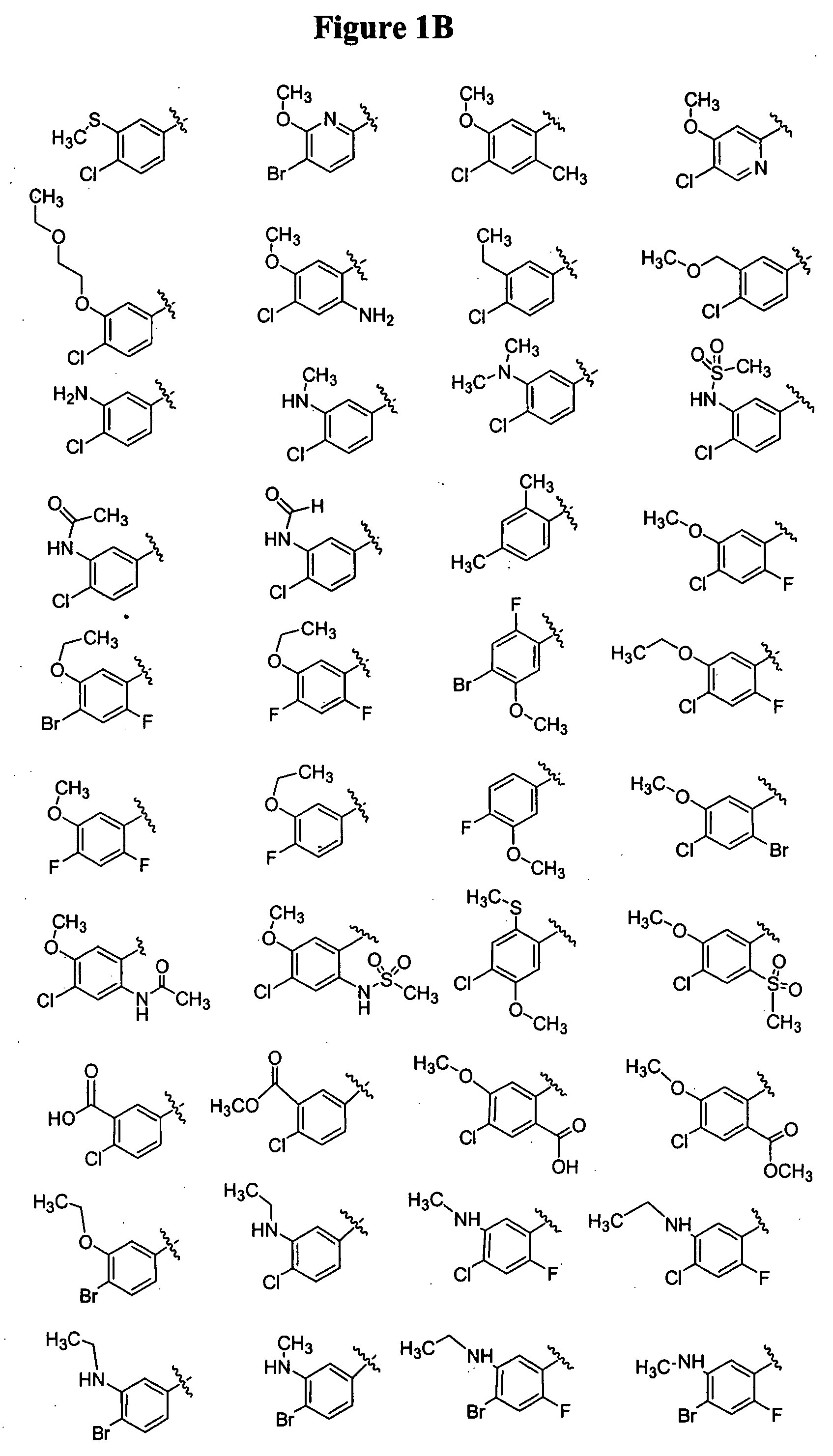
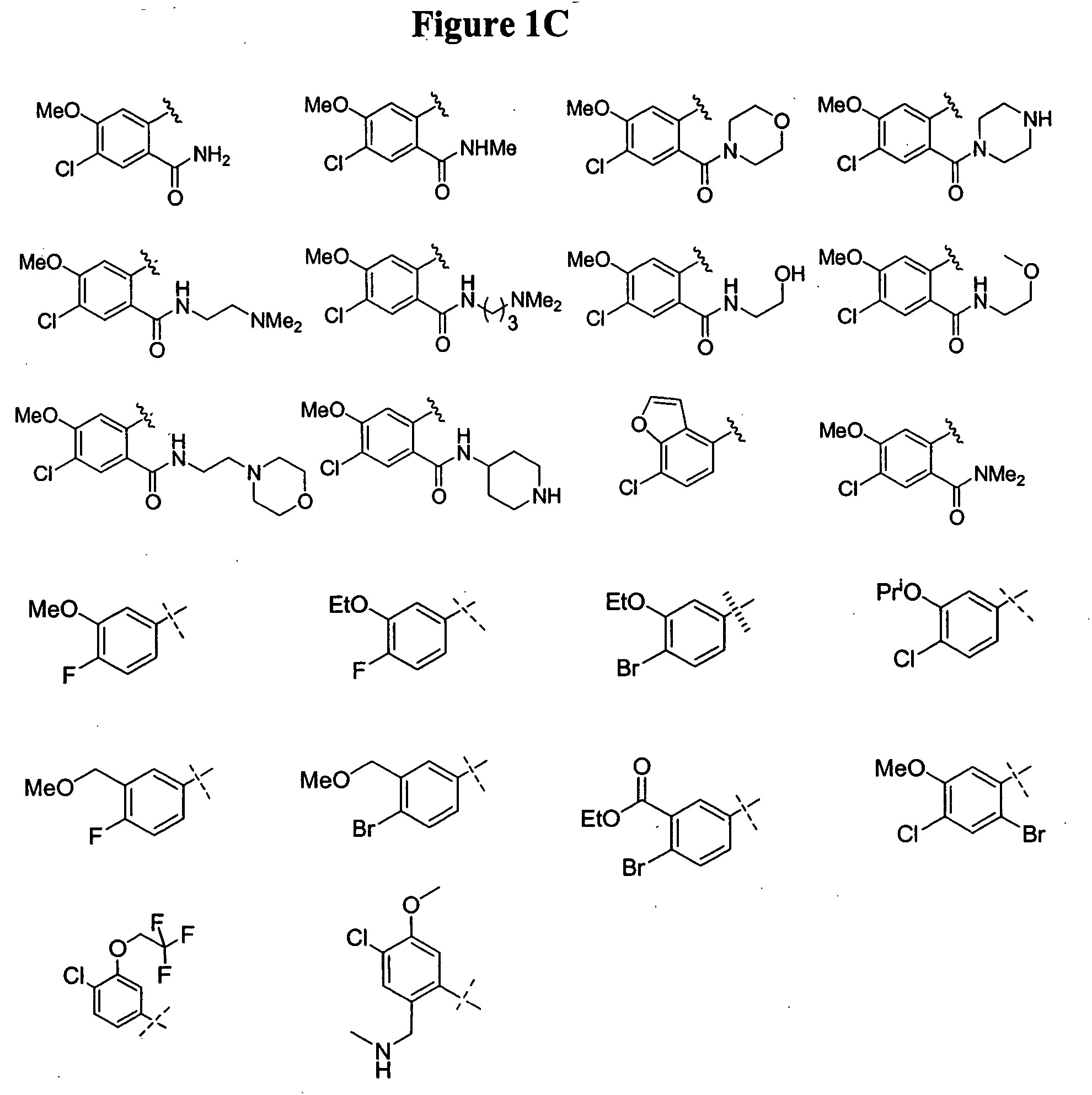
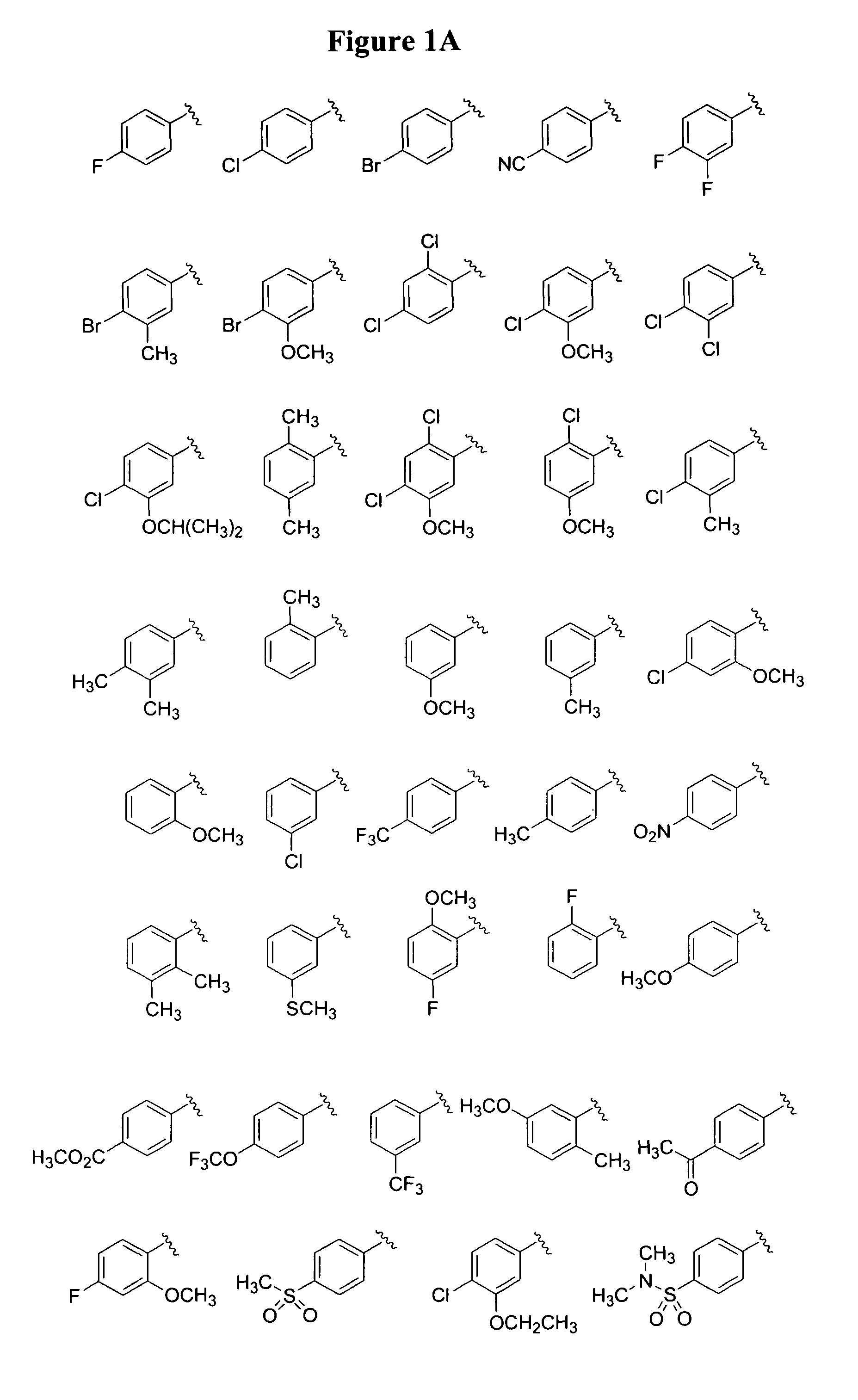
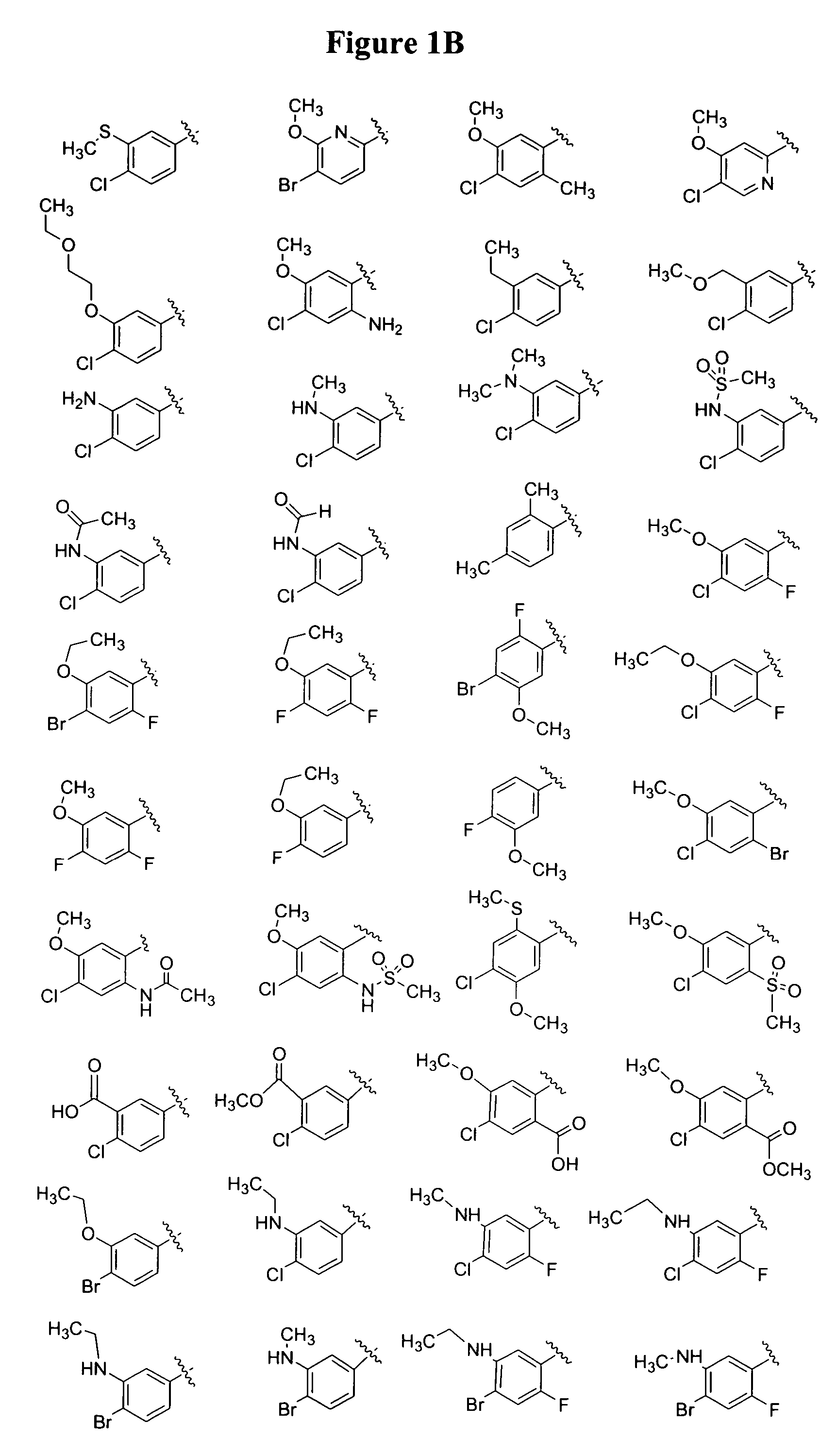
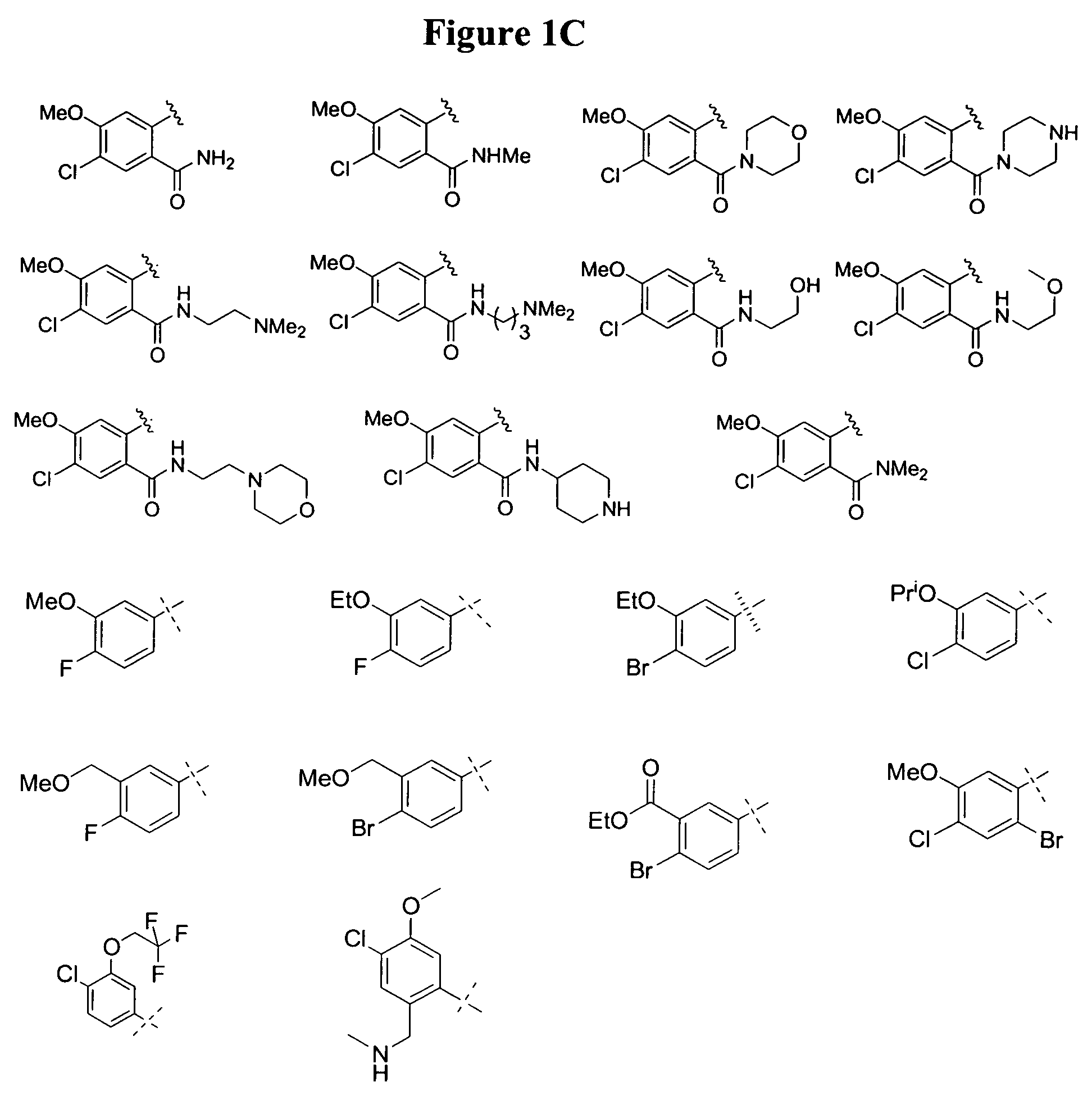
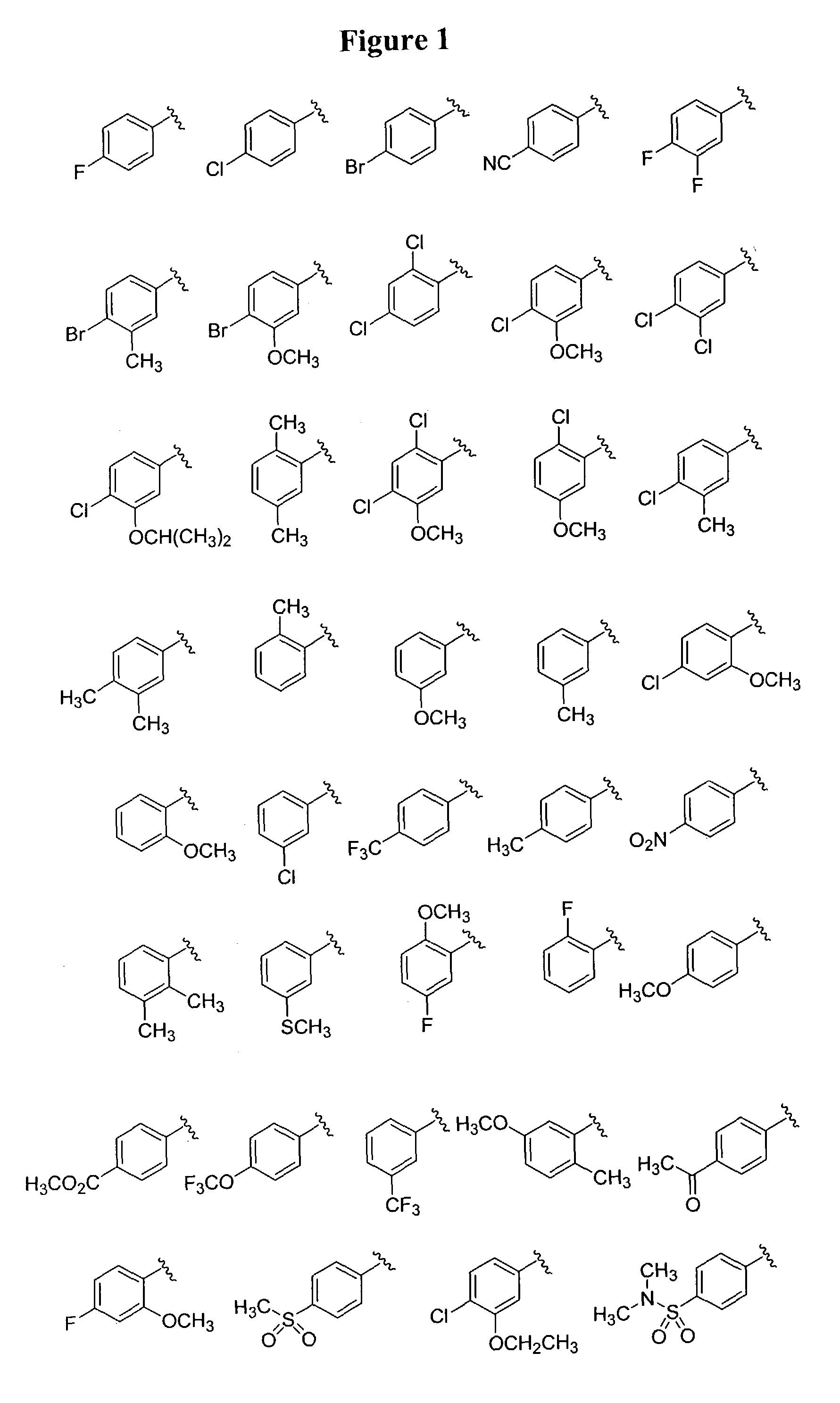
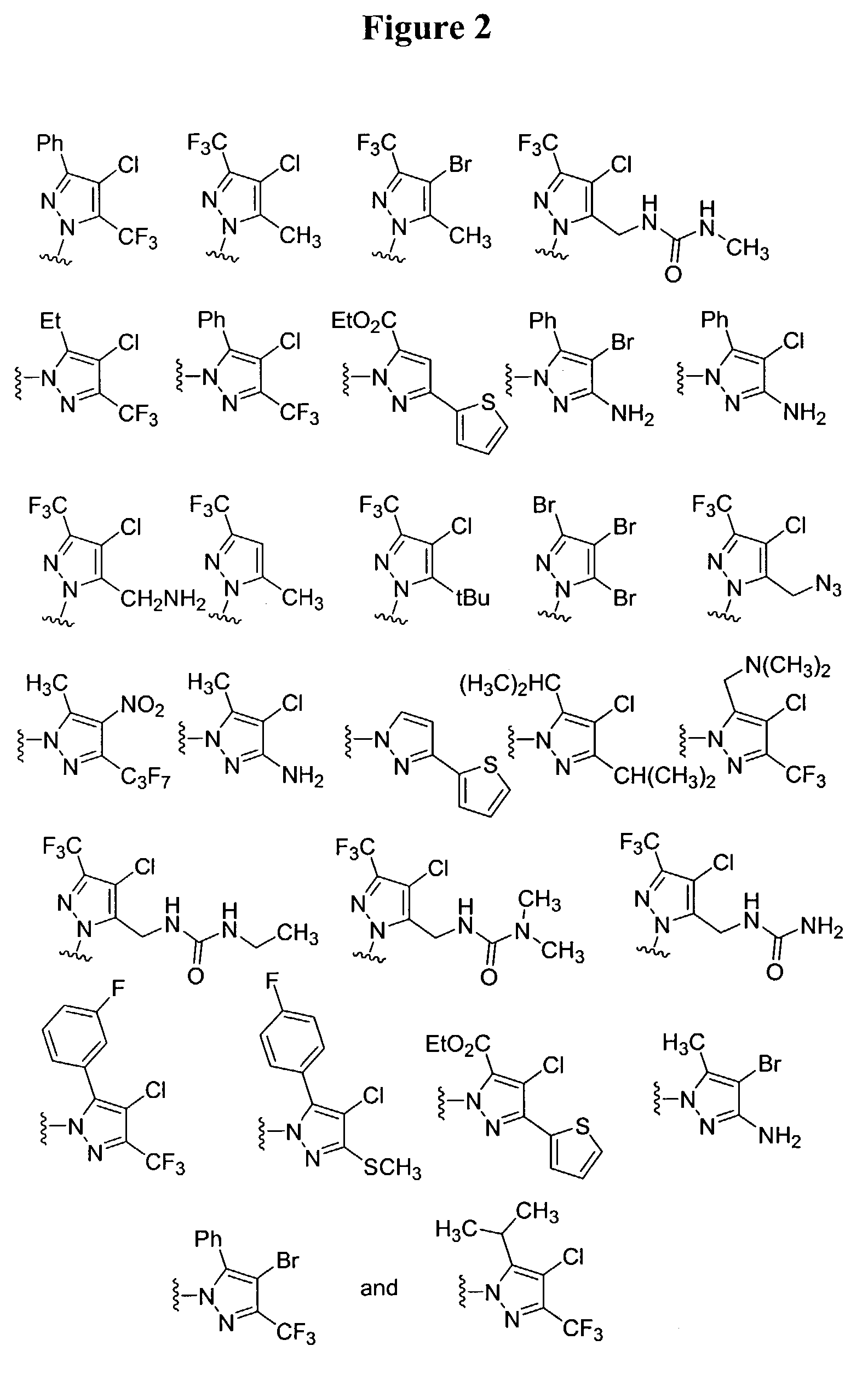
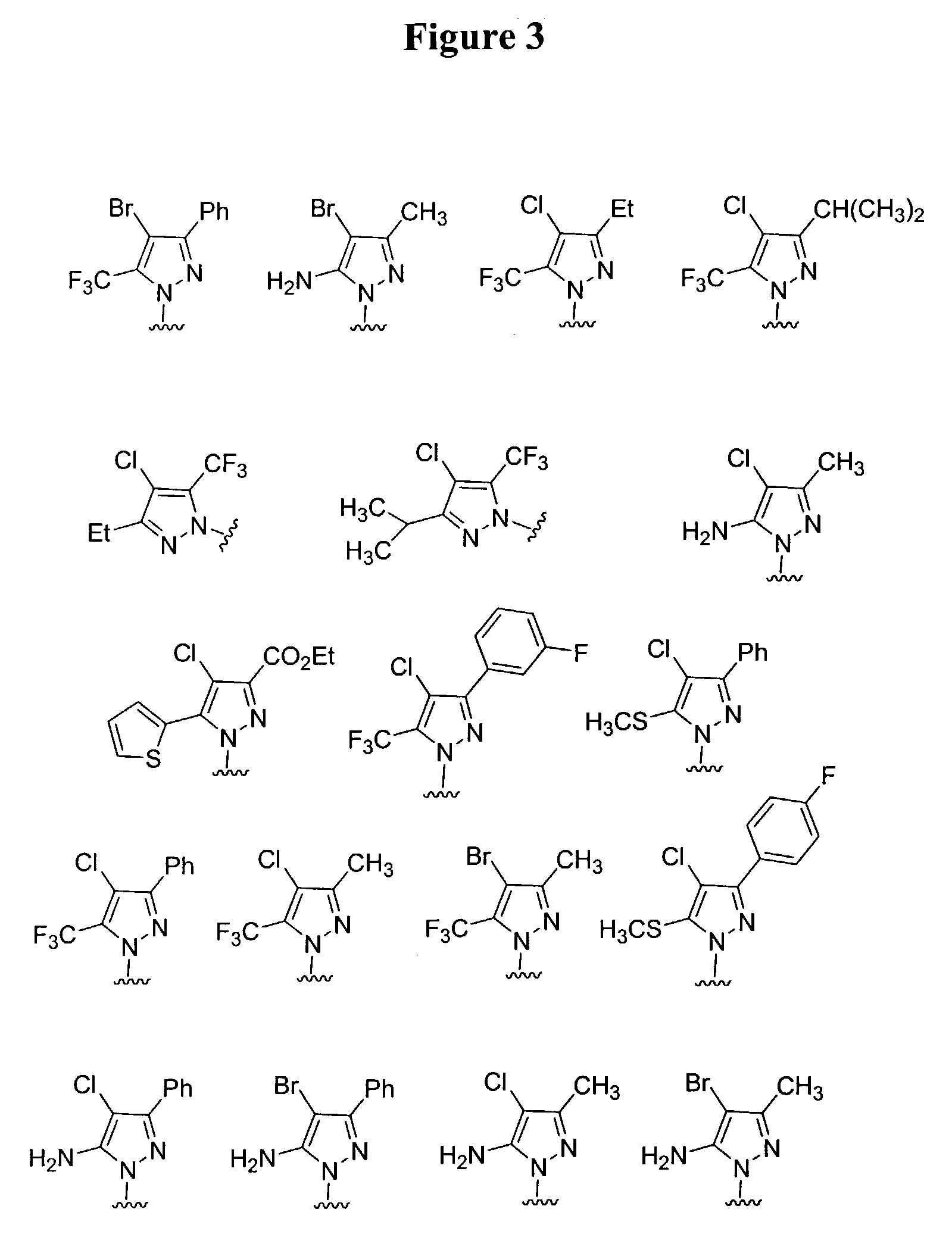
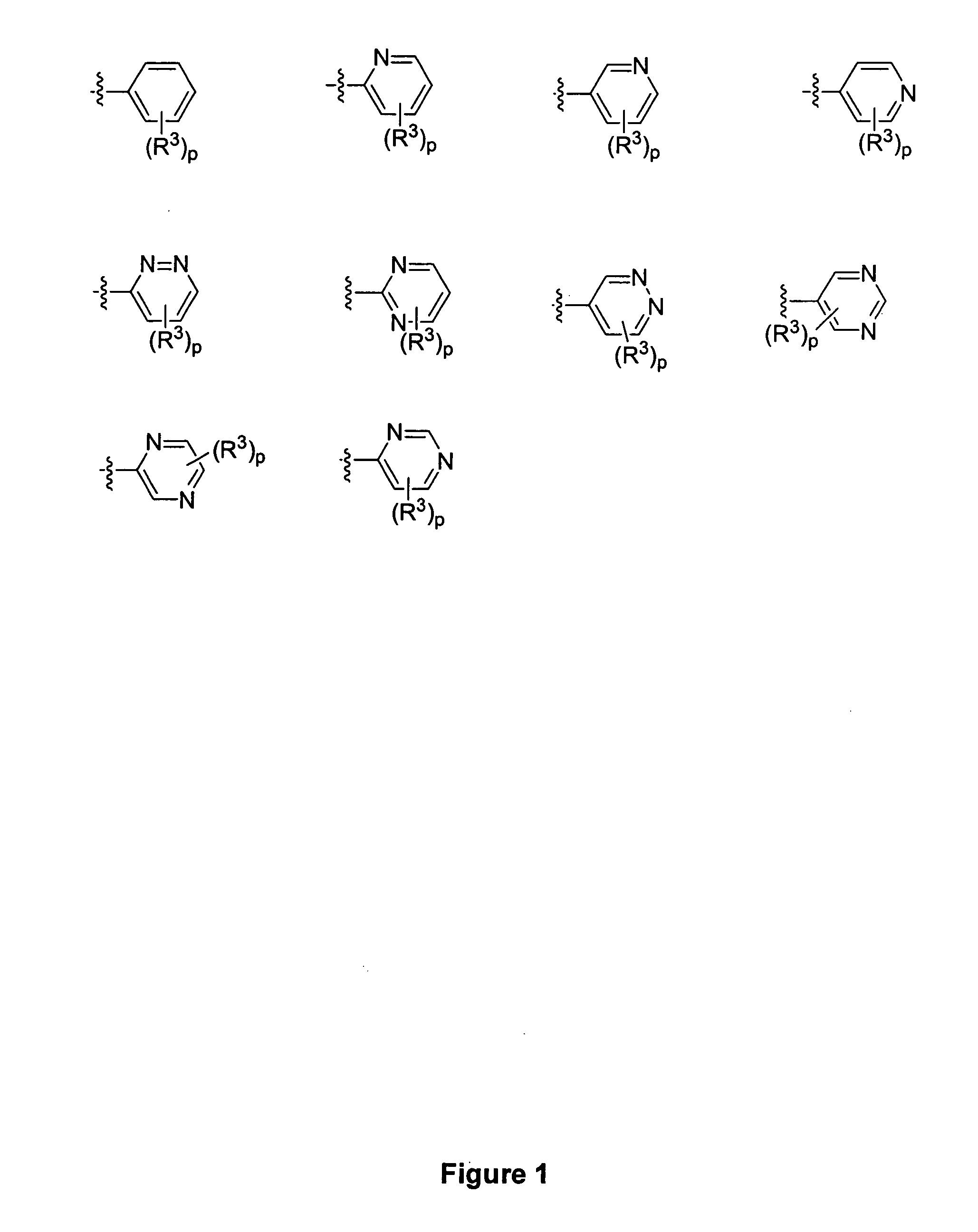
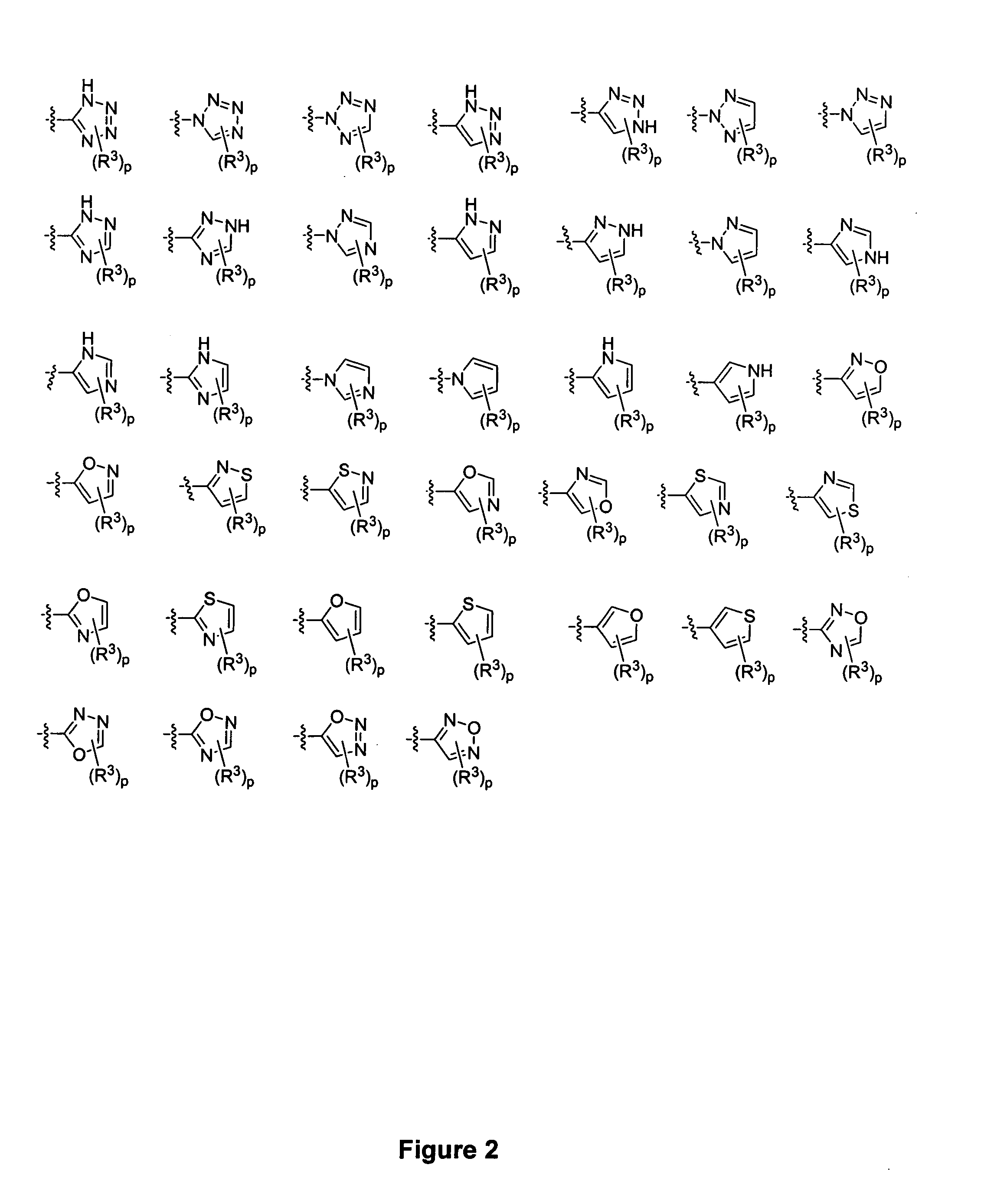
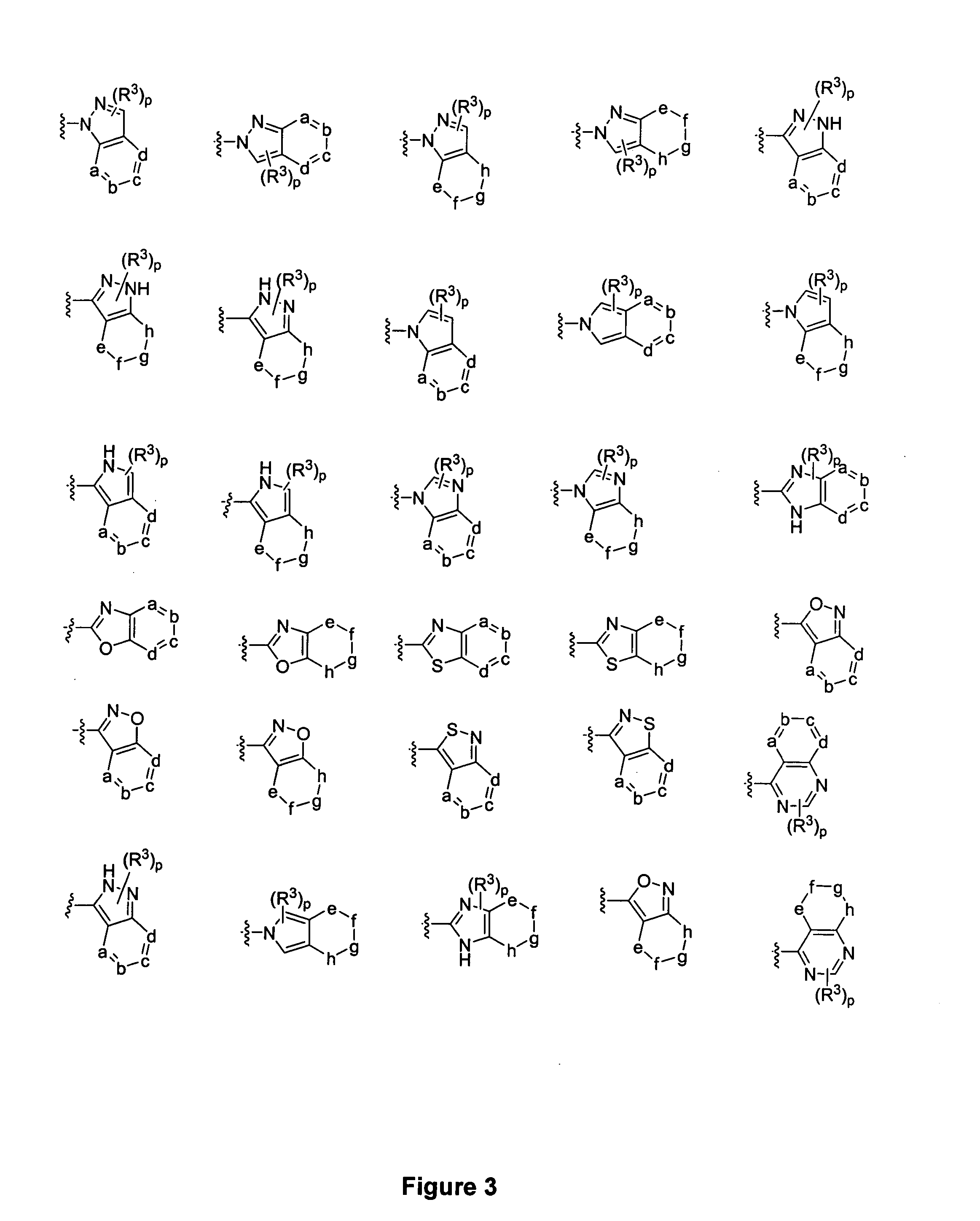
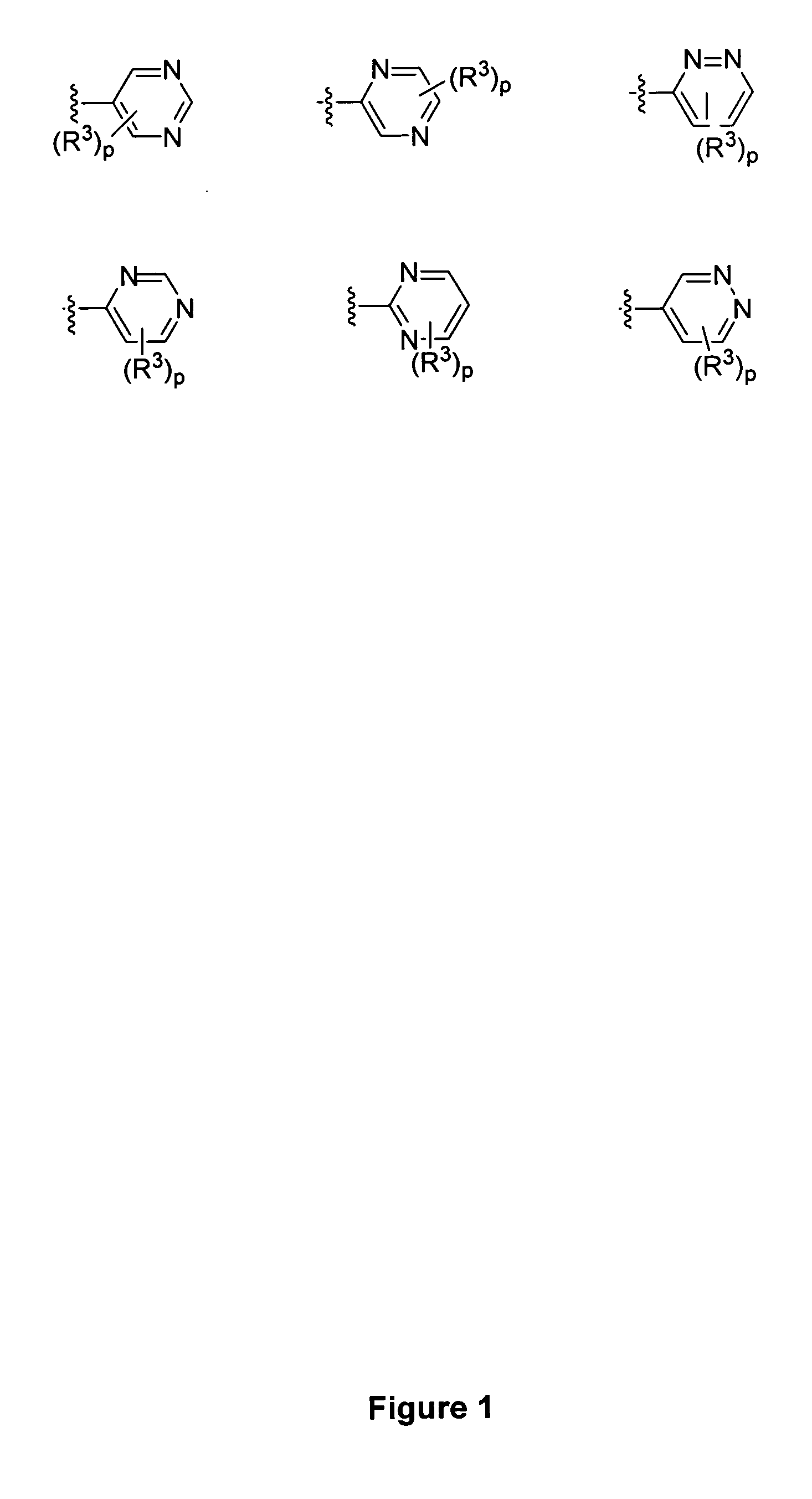
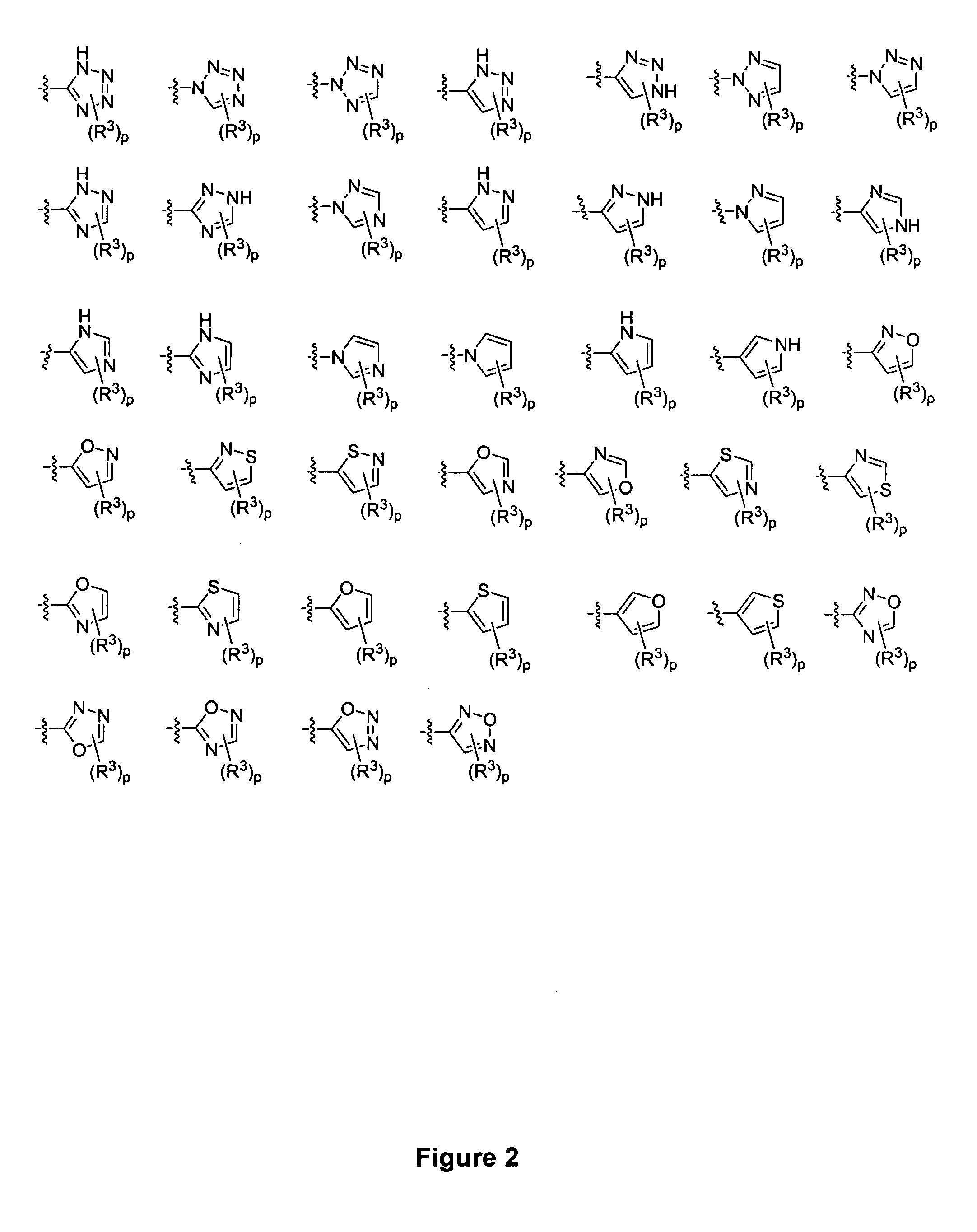
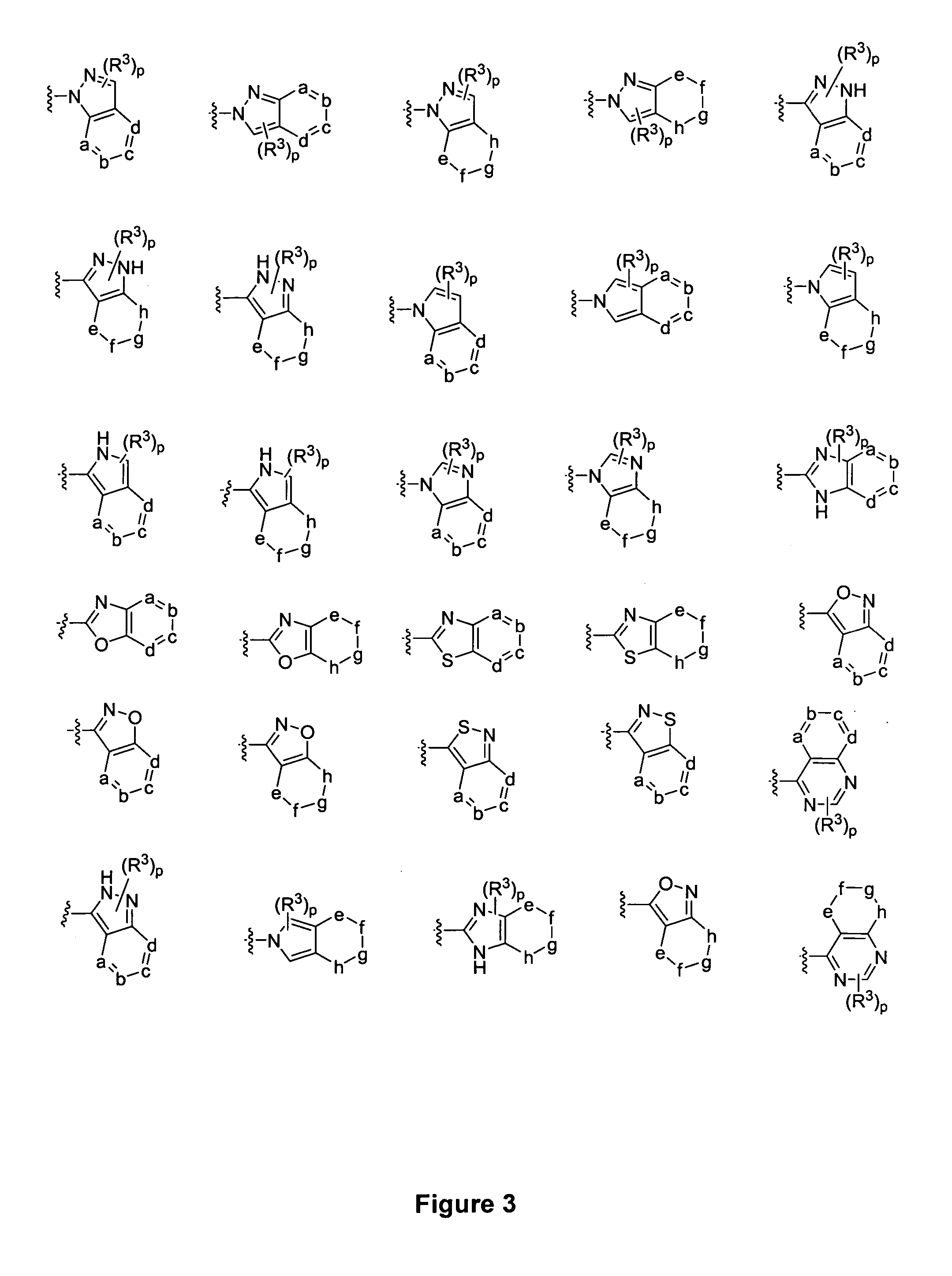
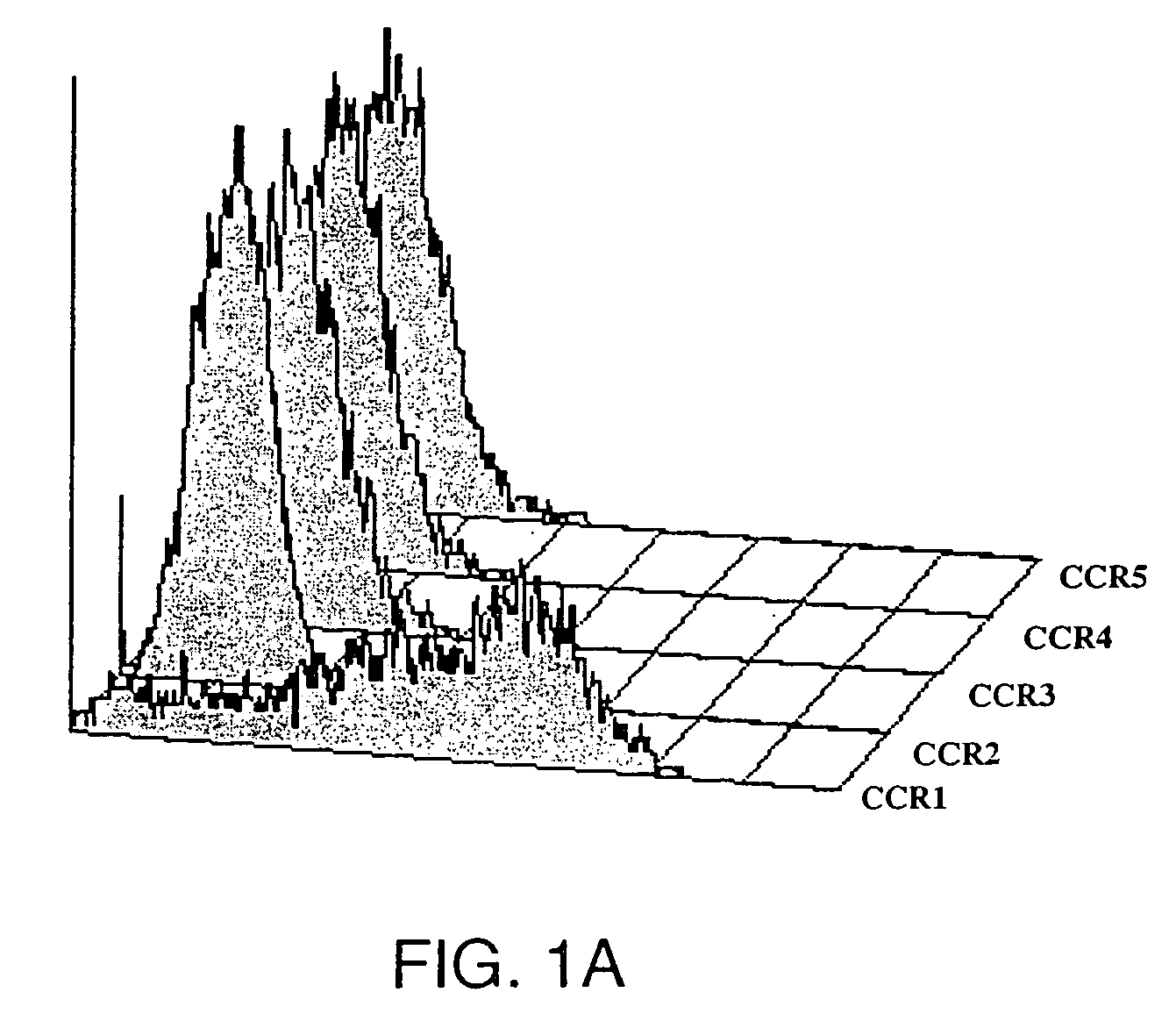
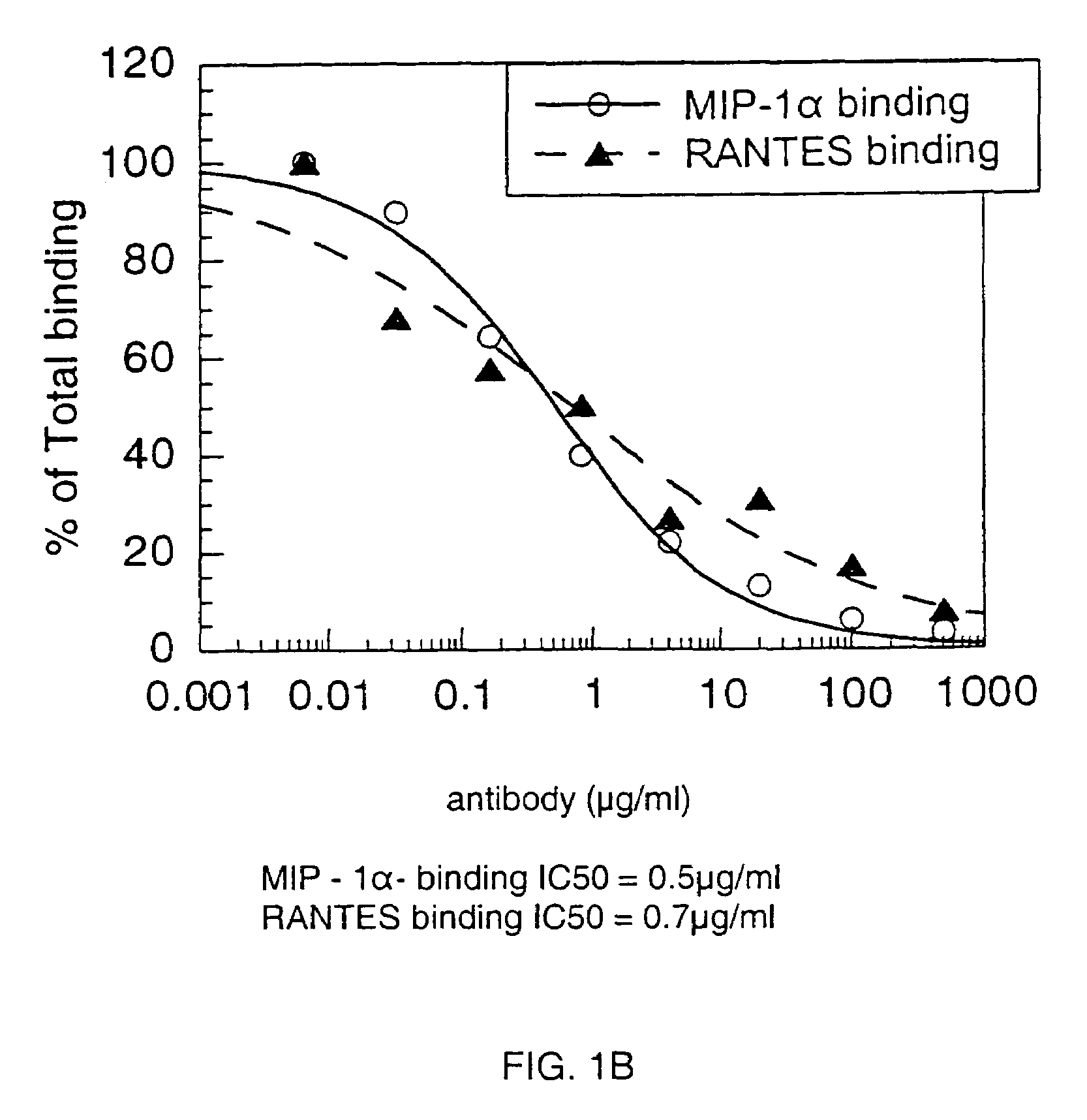
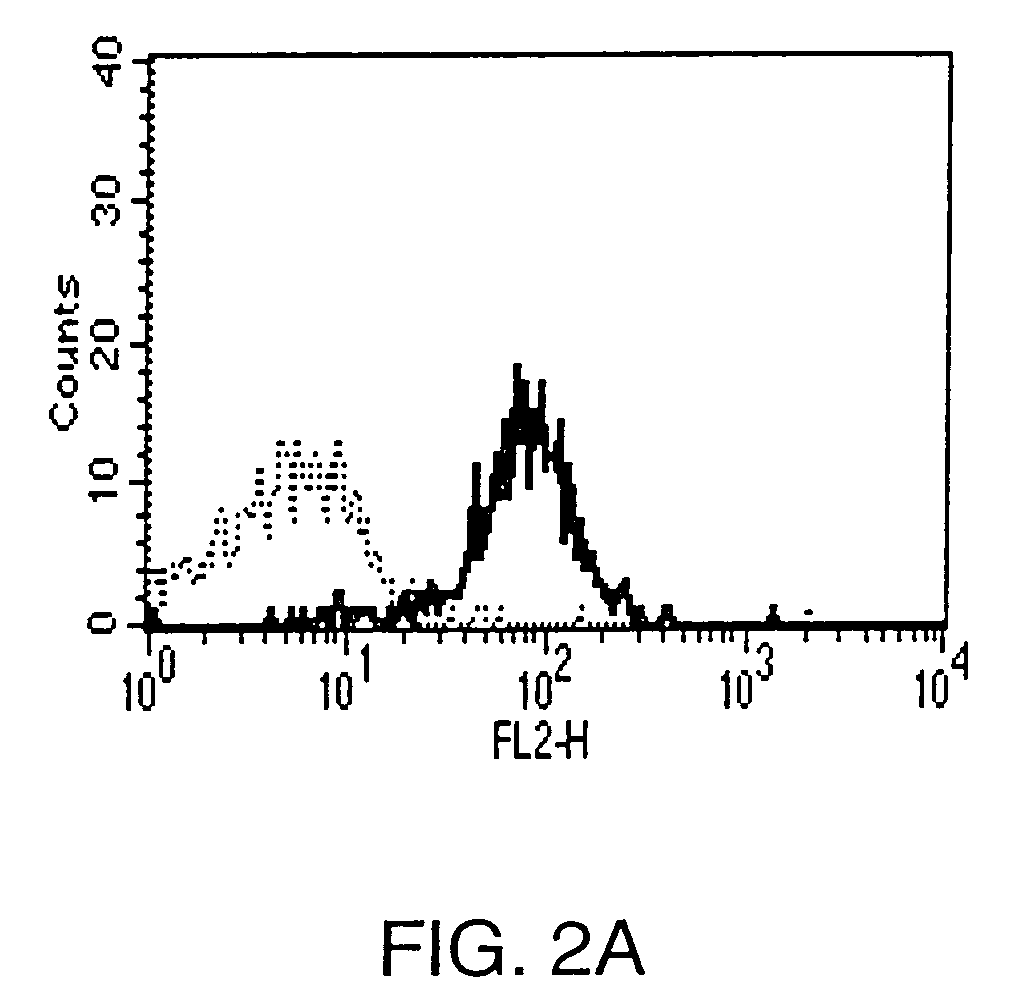
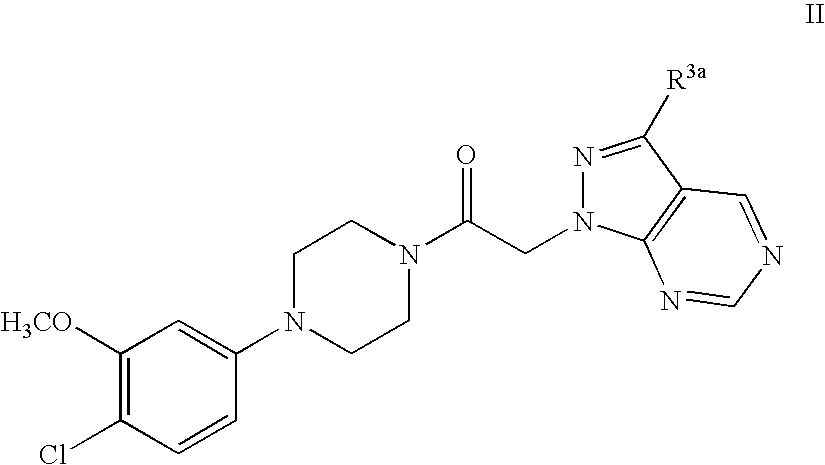
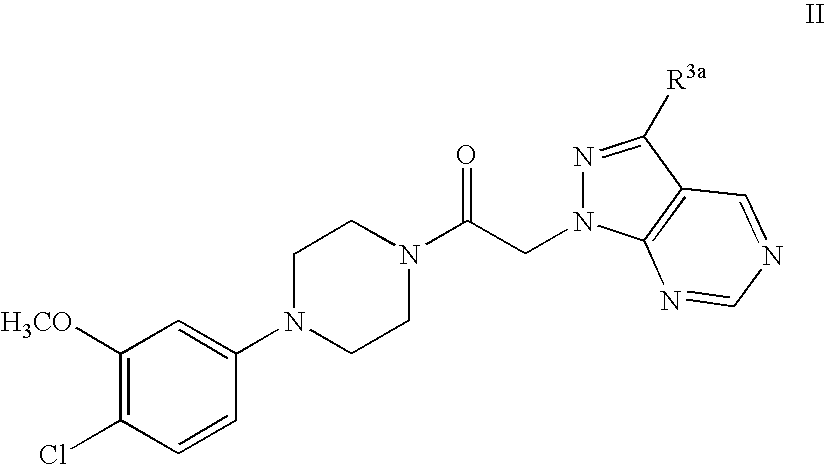
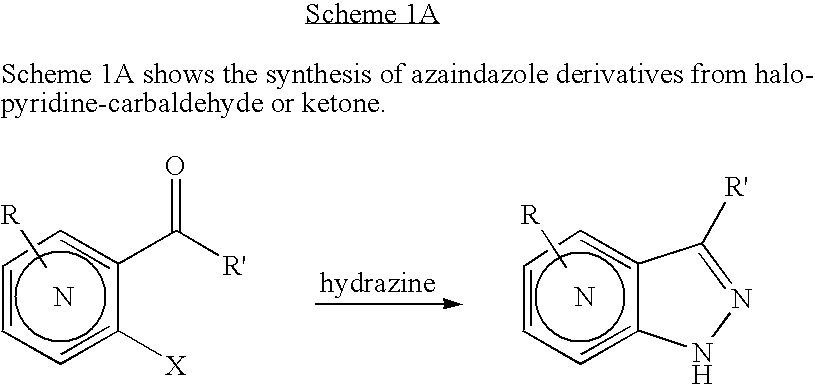
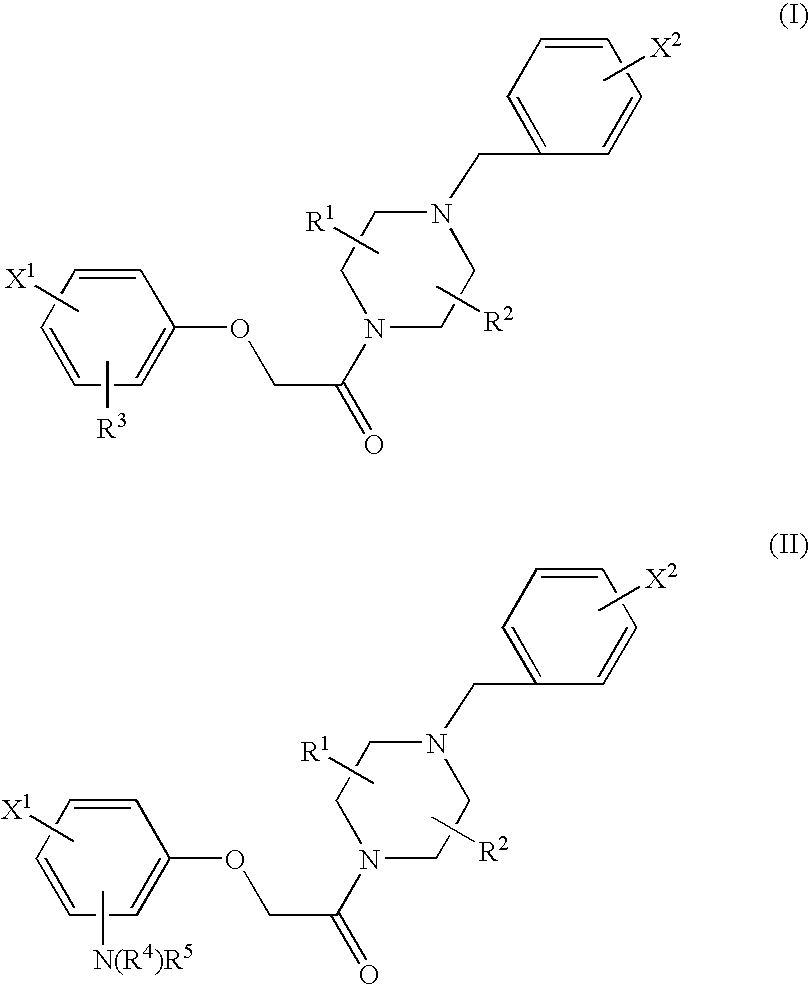
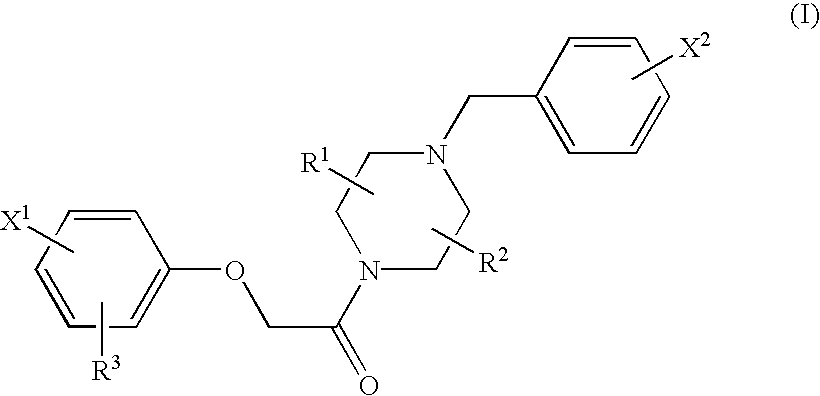
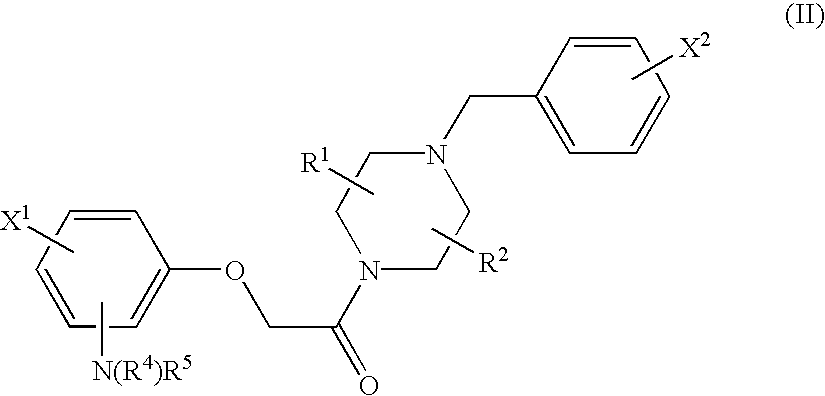
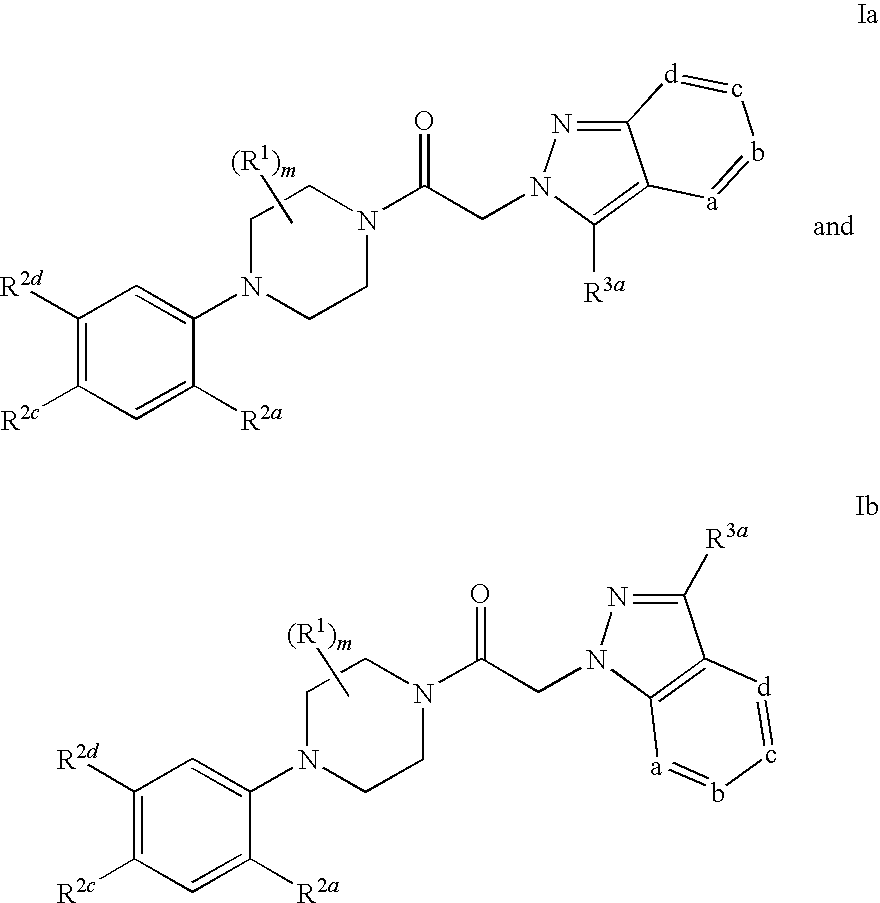
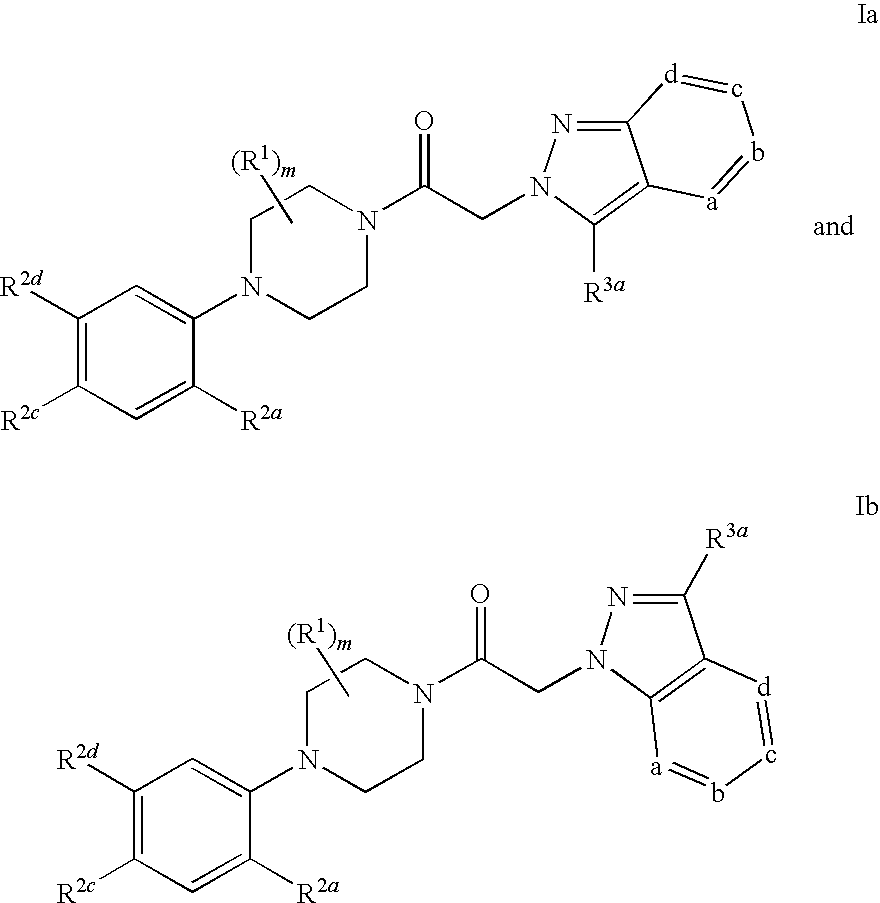
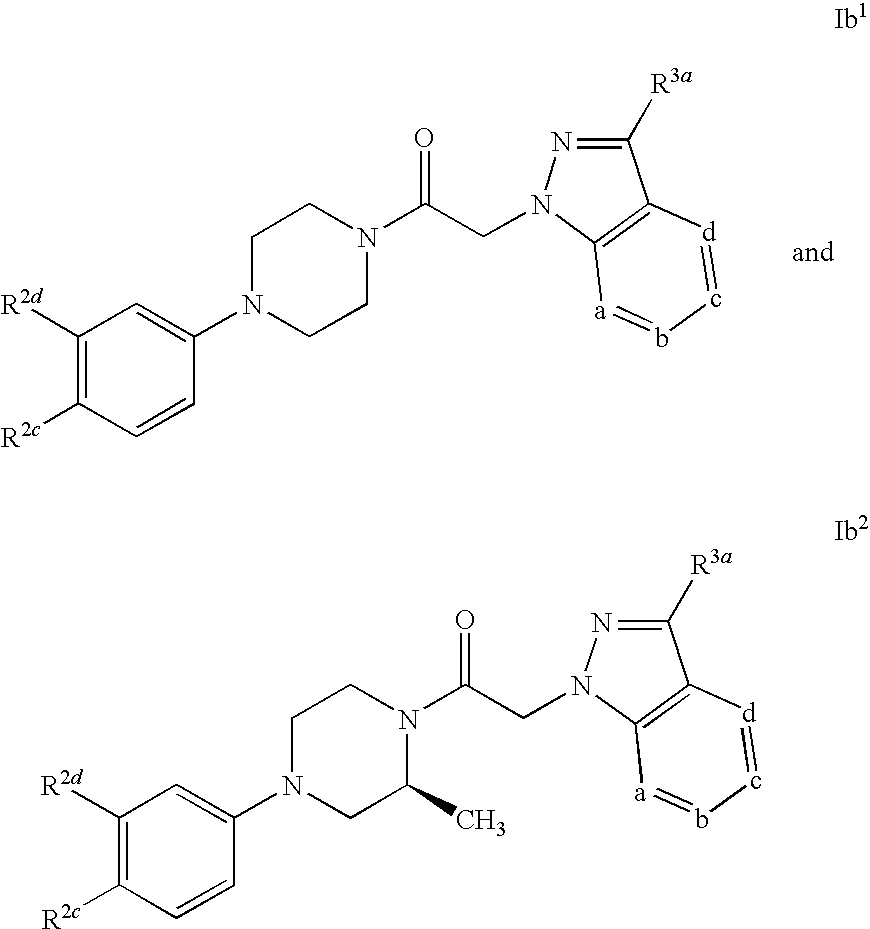
![3-(IMIDAZOLYL)-PYRAZOLO[3,4-b]PYRIDINES 3-(IMIDAZOLYL)-PYRAZOLO[3,4-b]PYRIDINES](https://images-eureka.patsnap.com/patent_img/71ee6aa0-6434-4b6e-b215-995027bc1c7b/US20080300257A1-20081204-C00001.png)
![3-(IMIDAZOLYL)-PYRAZOLO[3,4-b]PYRIDINES 3-(IMIDAZOLYL)-PYRAZOLO[3,4-b]PYRIDINES](https://images-eureka.patsnap.com/patent_img/71ee6aa0-6434-4b6e-b215-995027bc1c7b/US20080300257A1-20081204-C00002.png)
![3-(IMIDAZOLYL)-PYRAZOLO[3,4-b]PYRIDINES 3-(IMIDAZOLYL)-PYRAZOLO[3,4-b]PYRIDINES](https://images-eureka.patsnap.com/patent_img/71ee6aa0-6434-4b6e-b215-995027bc1c7b/US20080300257A1-20081204-C00003.png)
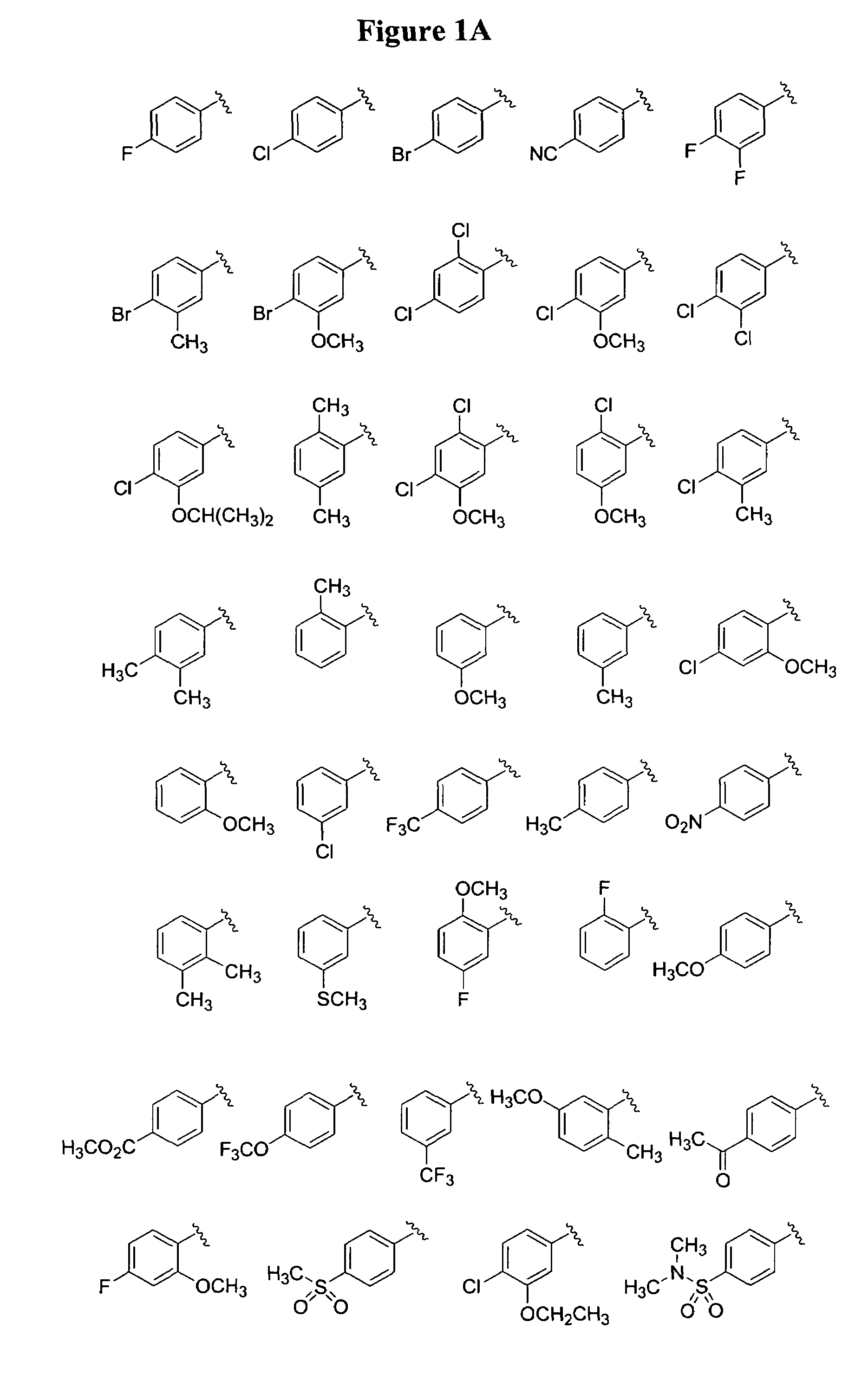
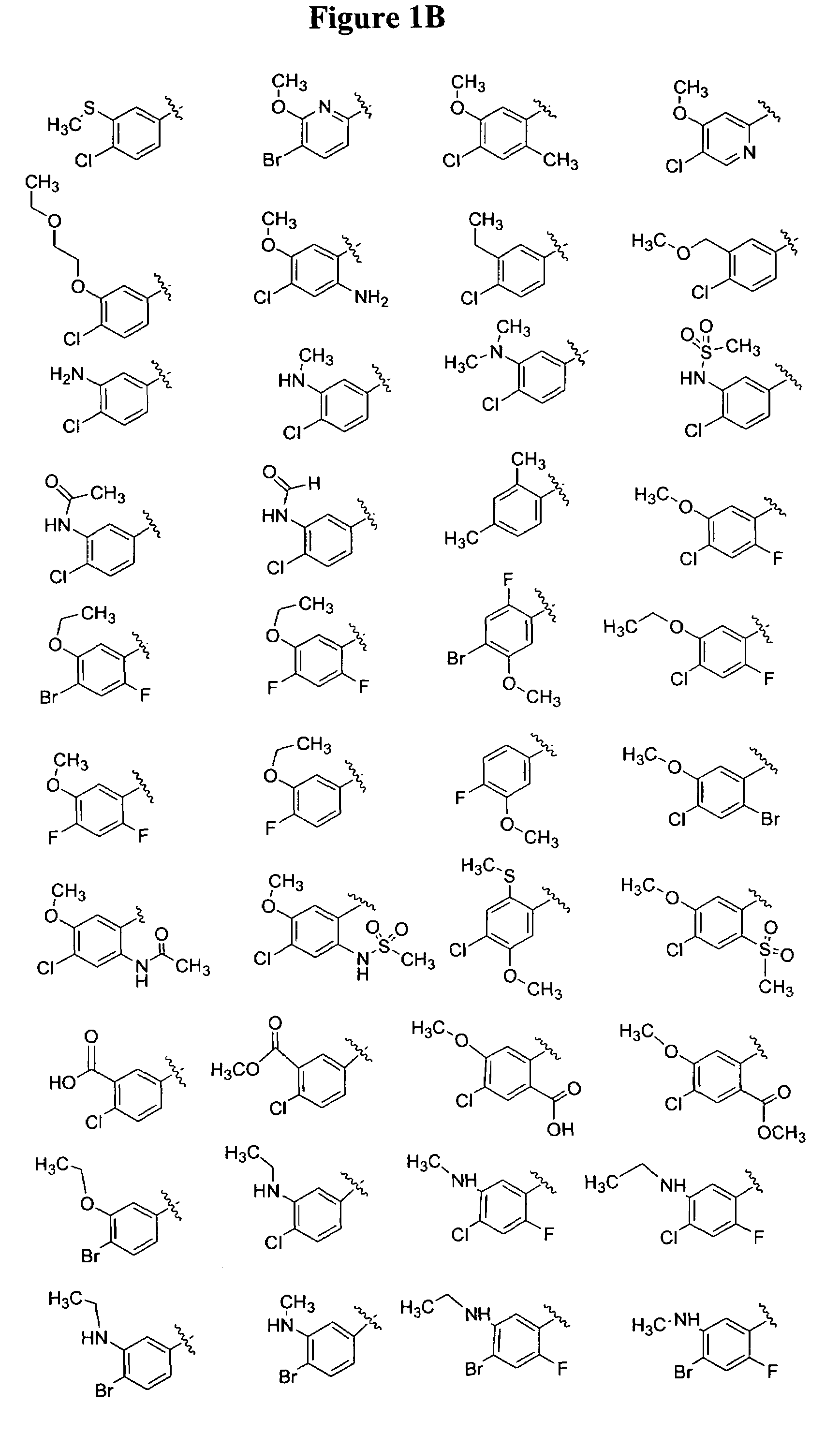
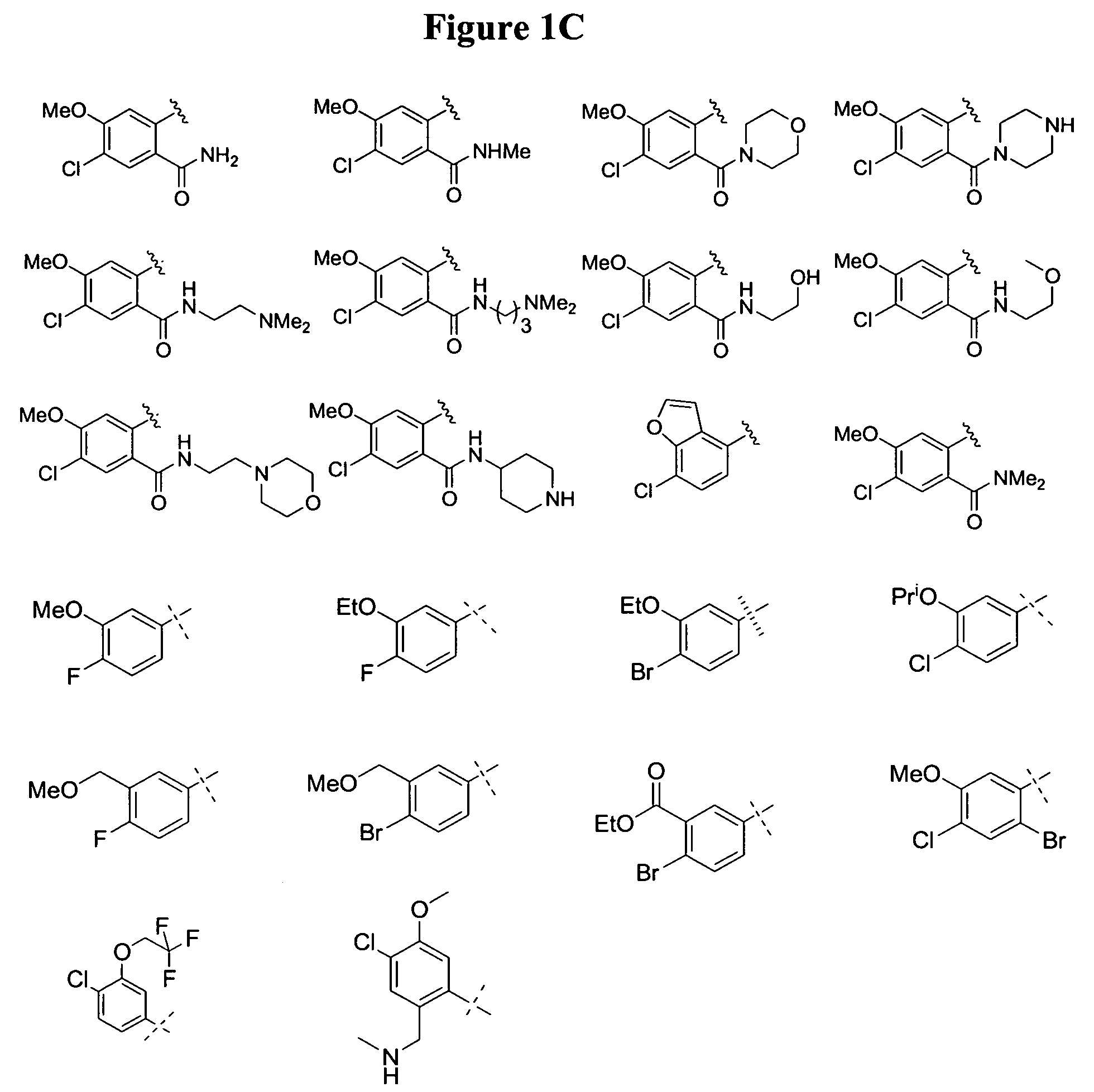
![3-(imidazolyl)-pyrazolo[3,4-b]pyridines 3-(imidazolyl)-pyrazolo[3,4-b]pyridines](https://images-eureka.patsnap.com/patent_img/1126cf5c-9303-4e37-95b9-b85600179eff/US07629344-20091208-C00001.png)
![3-(imidazolyl)-pyrazolo[3,4-b]pyridines 3-(imidazolyl)-pyrazolo[3,4-b]pyridines](https://images-eureka.patsnap.com/patent_img/1126cf5c-9303-4e37-95b9-b85600179eff/US07629344-20091208-C00002.png)
![3-(imidazolyl)-pyrazolo[3,4-b]pyridines 3-(imidazolyl)-pyrazolo[3,4-b]pyridines](https://images-eureka.patsnap.com/patent_img/1126cf5c-9303-4e37-95b9-b85600179eff/US07629344-20091208-C00003.png)
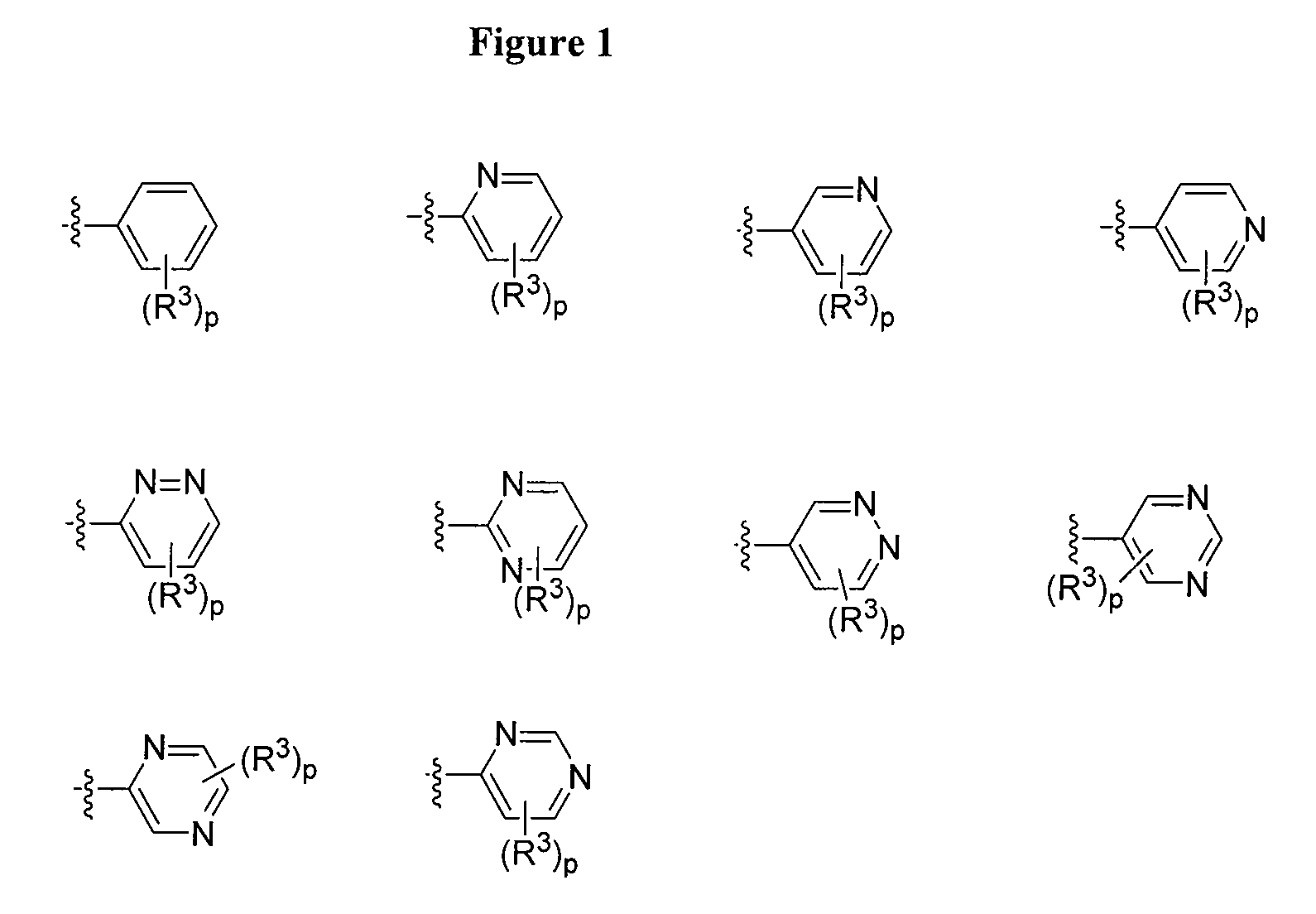
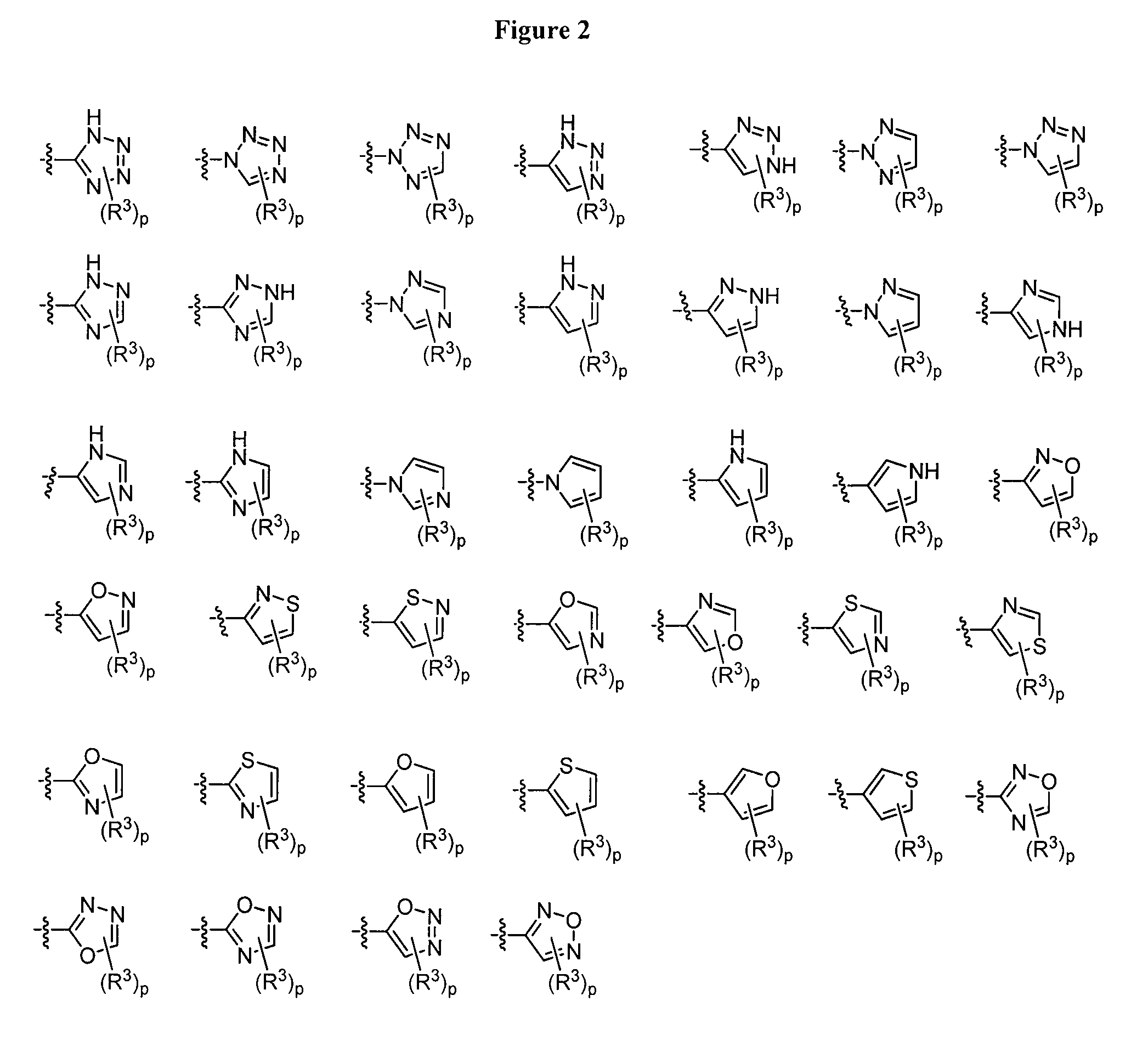
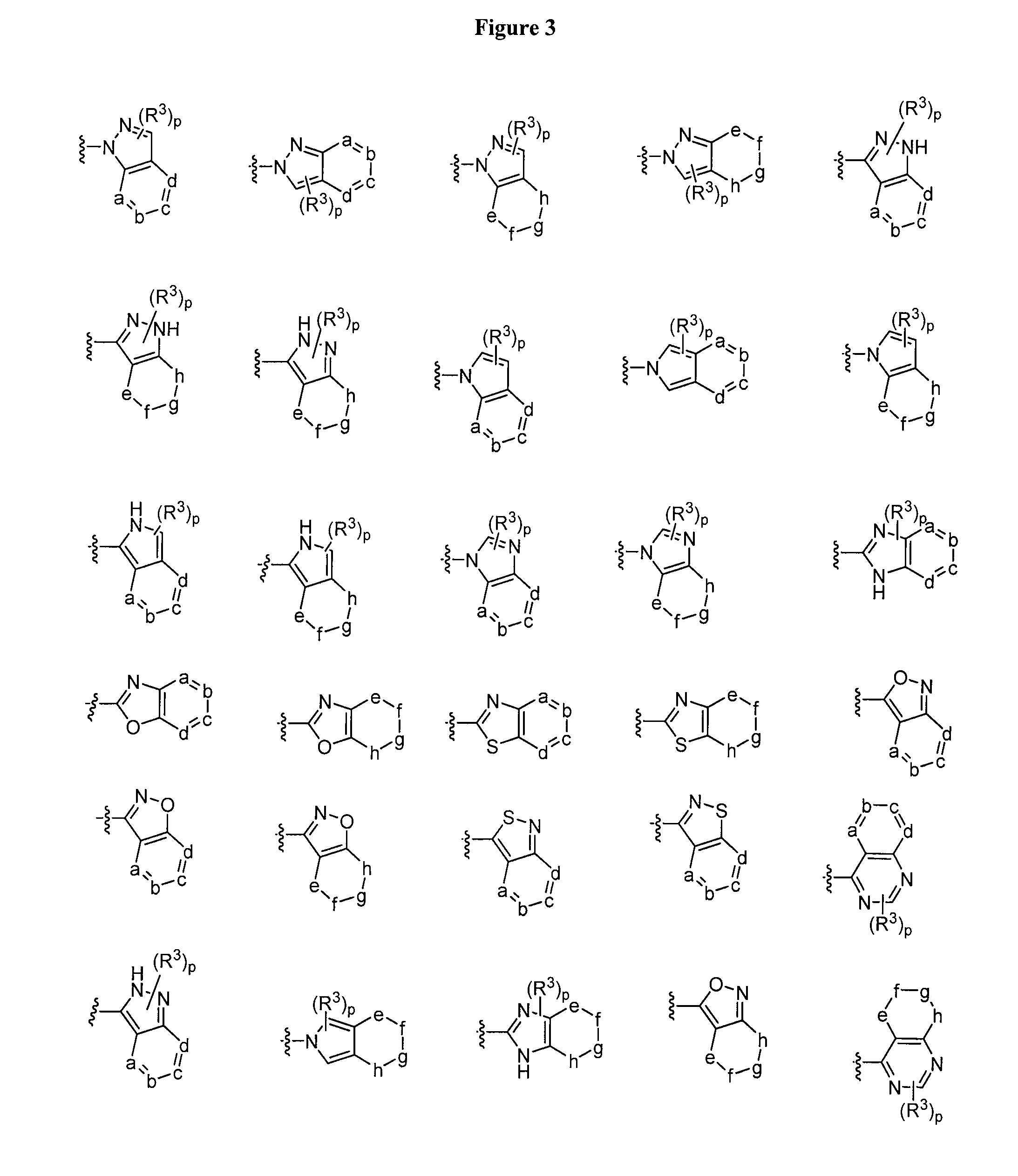
![4-amino-3-(imidazolyl)-pyrazolo[3,4-d]pyrimidines 4-amino-3-(imidazolyl)-pyrazolo[3,4-d]pyrimidines](https://images-eureka.patsnap.com/patent_img/bc0135e3-2c8b-4cf2-9472-af856c827730/US20100069396A1-20100318-C00001.png)
![4-amino-3-(imidazolyl)-pyrazolo[3,4-d]pyrimidines 4-amino-3-(imidazolyl)-pyrazolo[3,4-d]pyrimidines](https://images-eureka.patsnap.com/patent_img/bc0135e3-2c8b-4cf2-9472-af856c827730/US20100069396A1-20100318-C00002.png)
![4-amino-3-(imidazolyl)-pyrazolo[3,4-d]pyrimidines 4-amino-3-(imidazolyl)-pyrazolo[3,4-d]pyrimidines](https://images-eureka.patsnap.com/patent_img/bc0135e3-2c8b-4cf2-9472-af856c827730/US20100069396A1-20100318-C00003.png)
